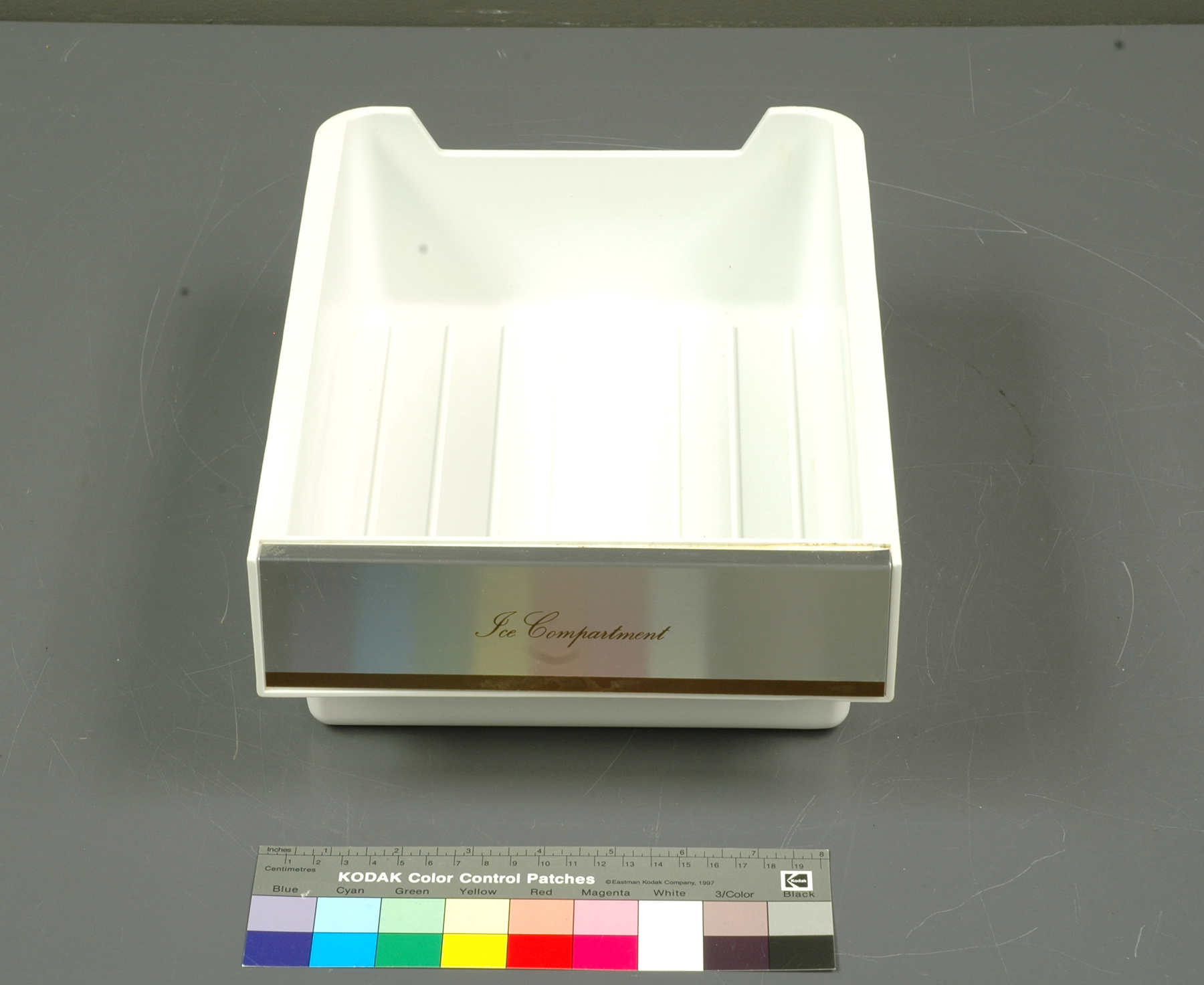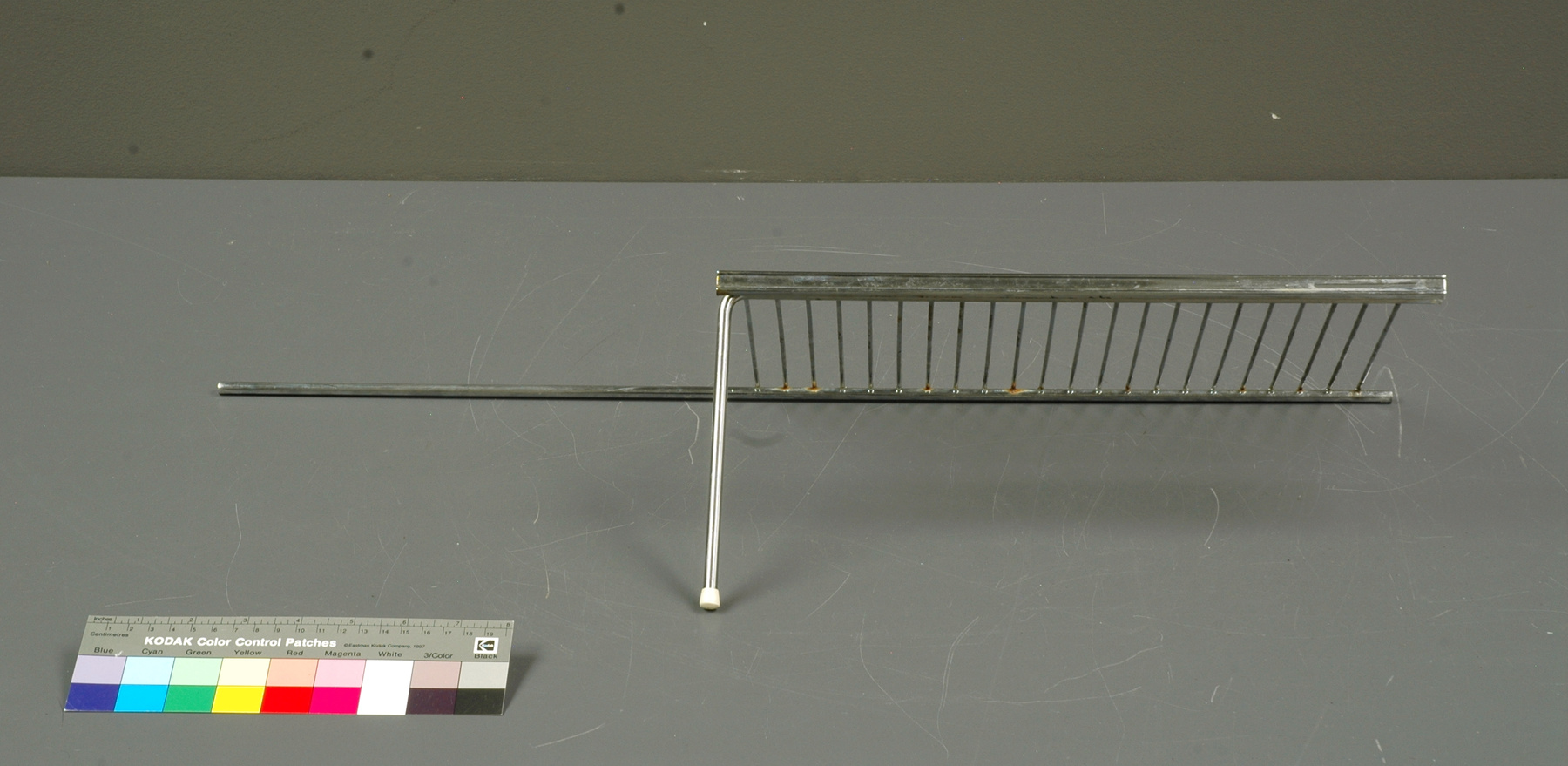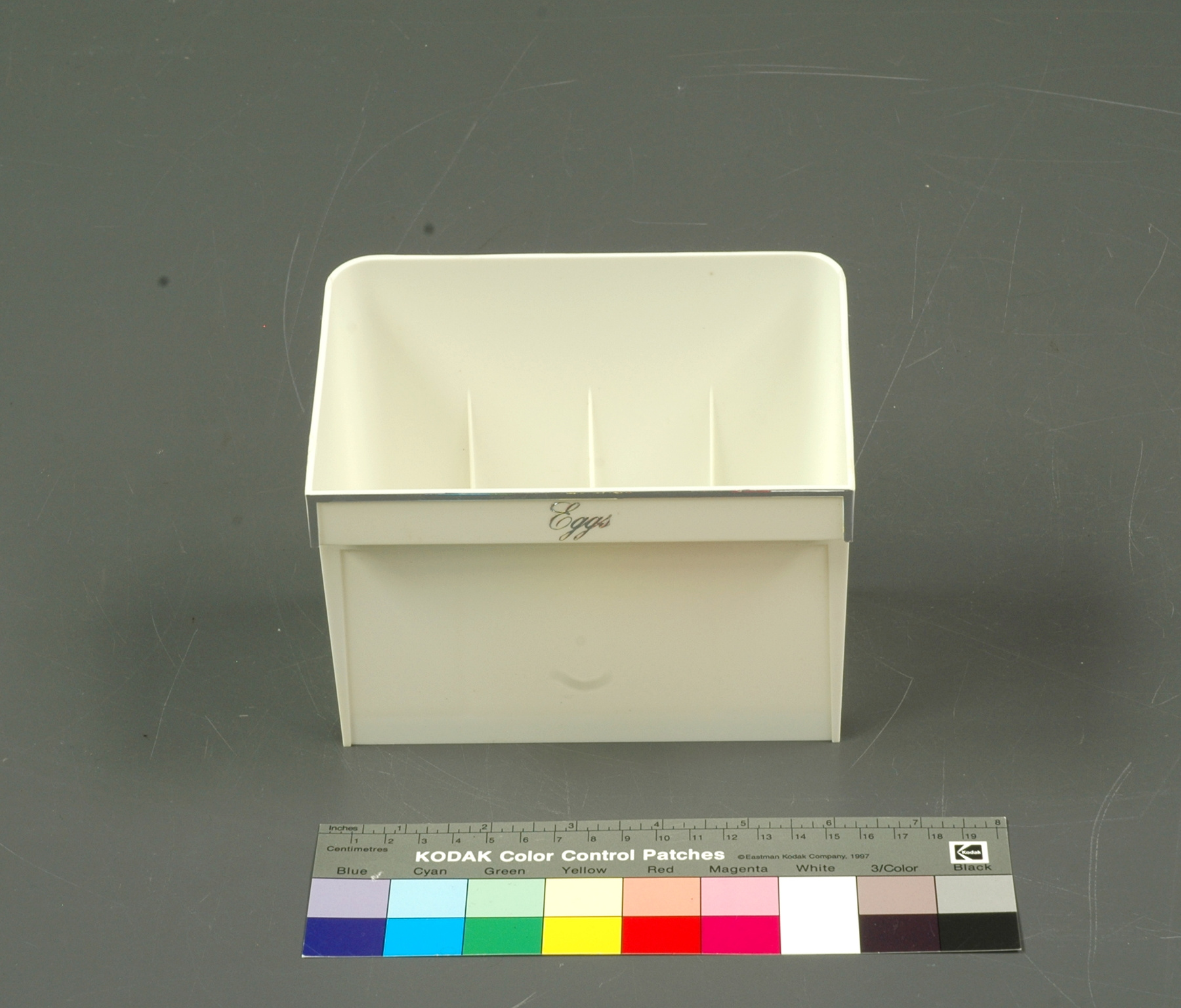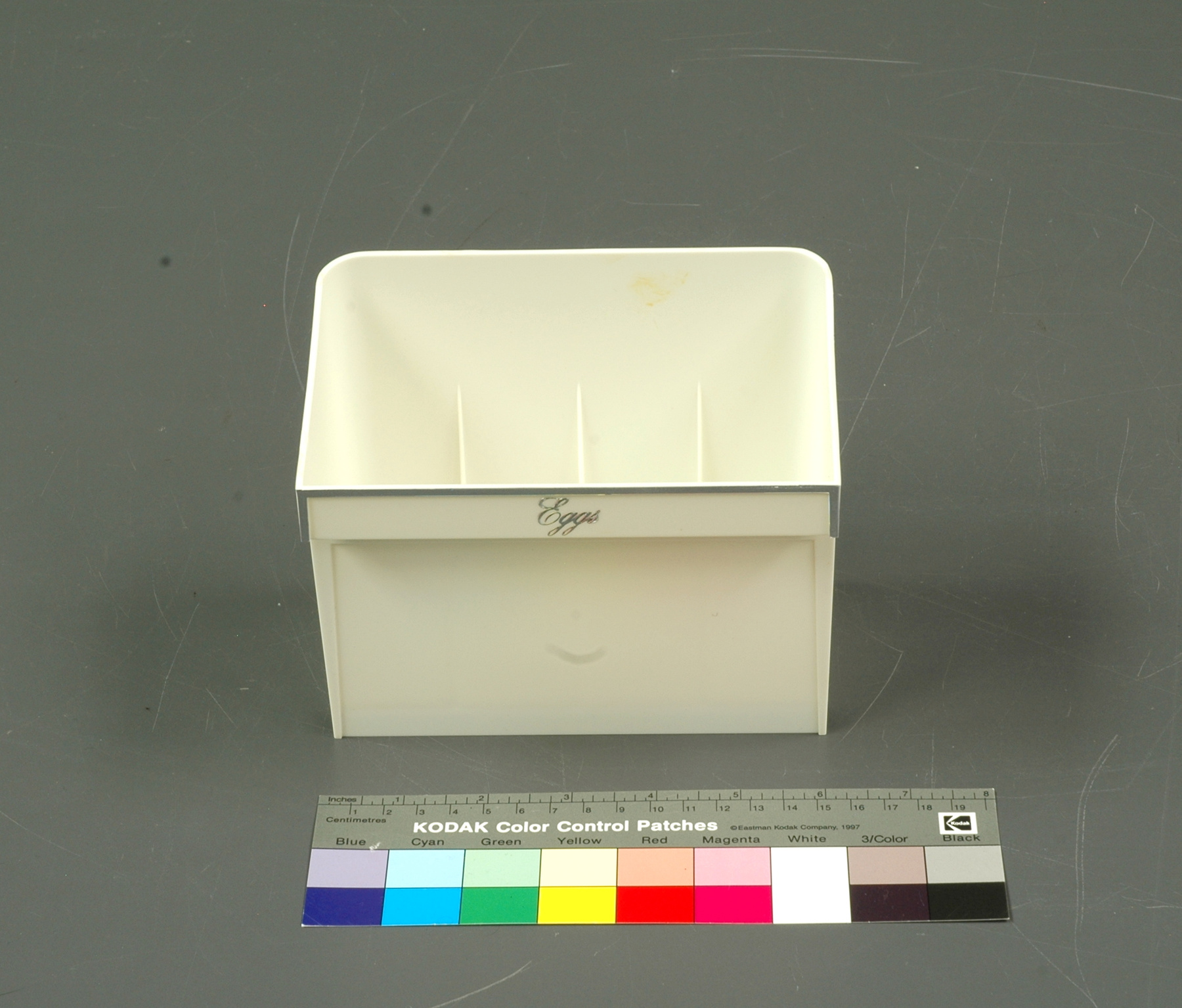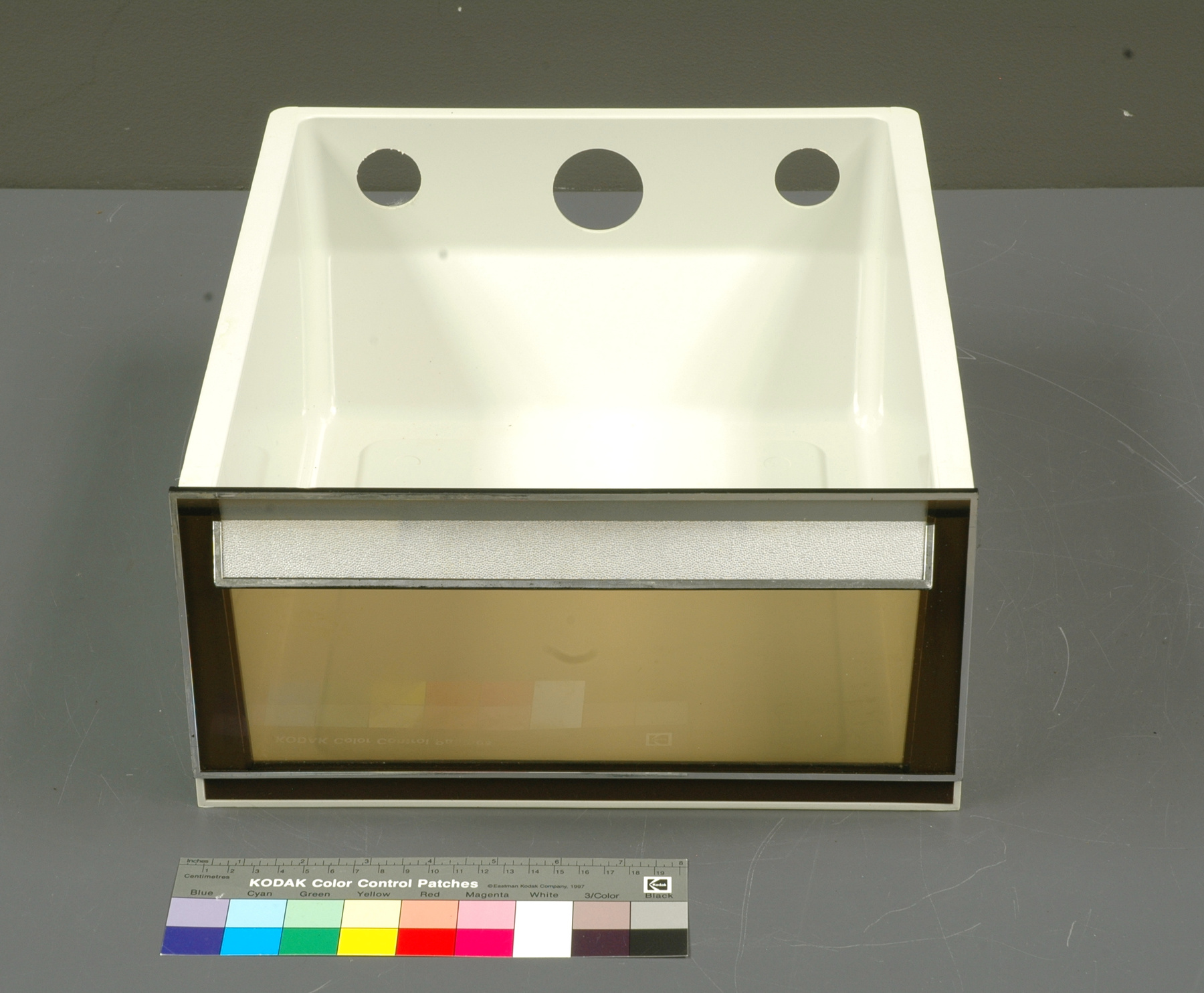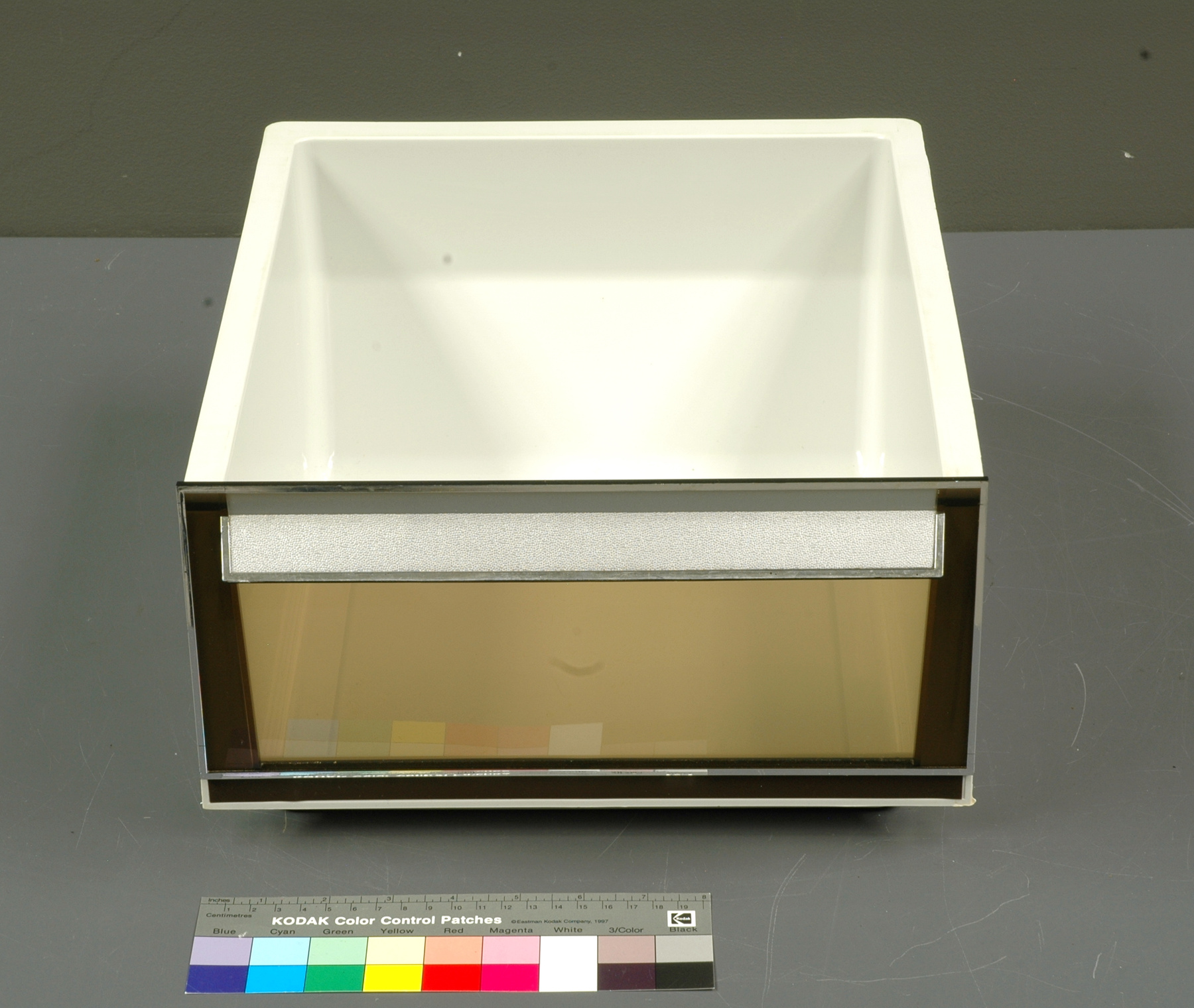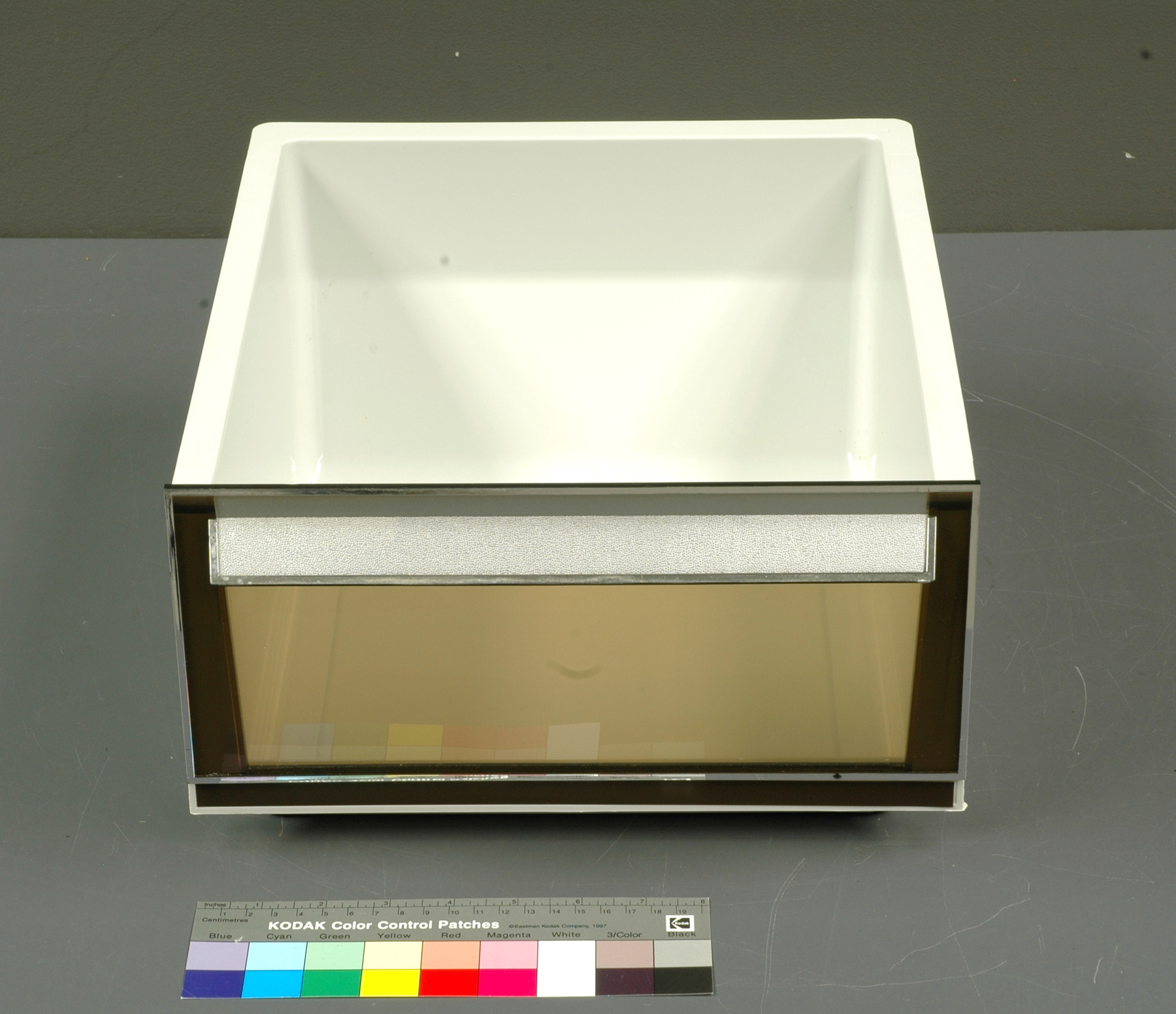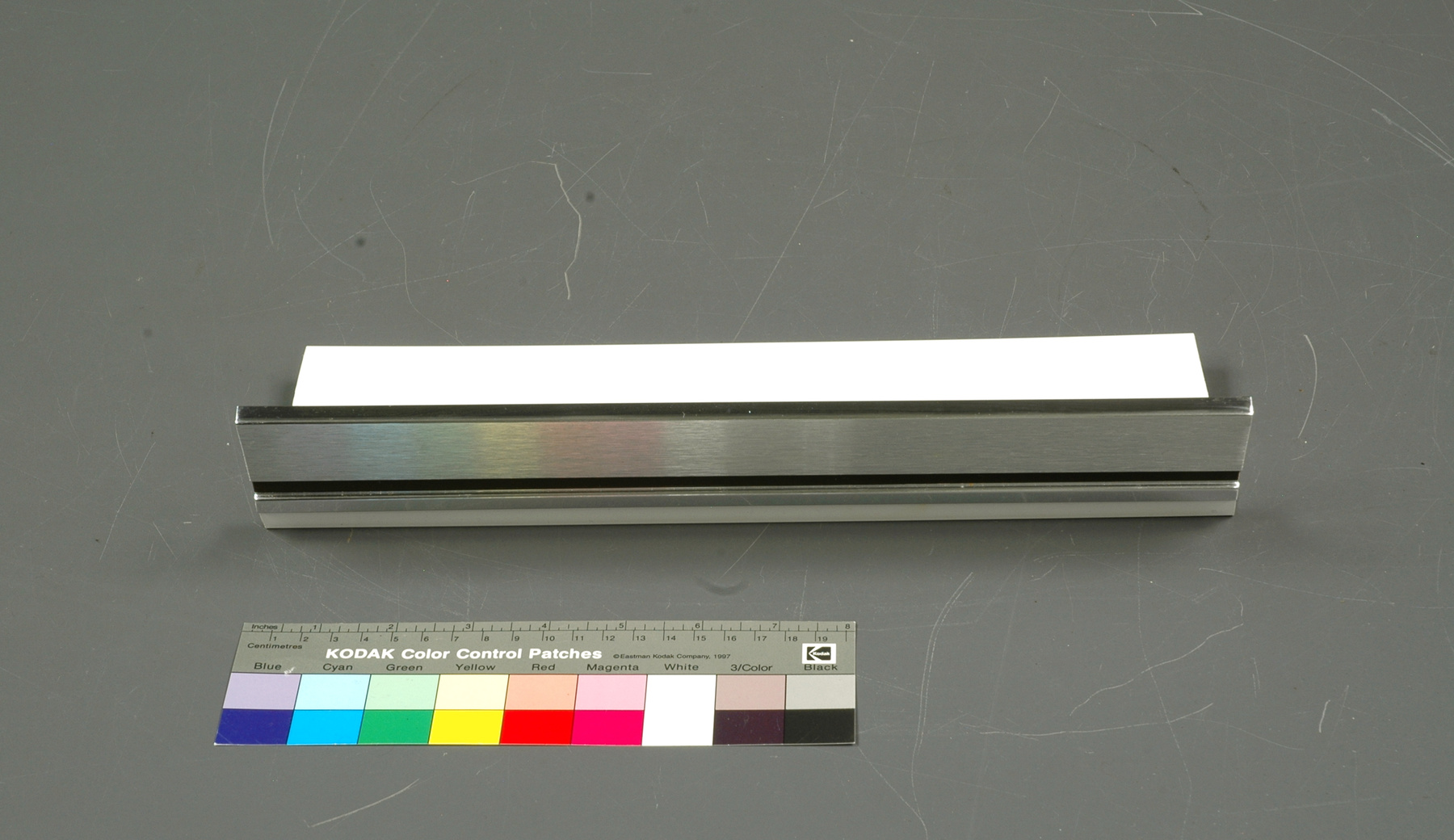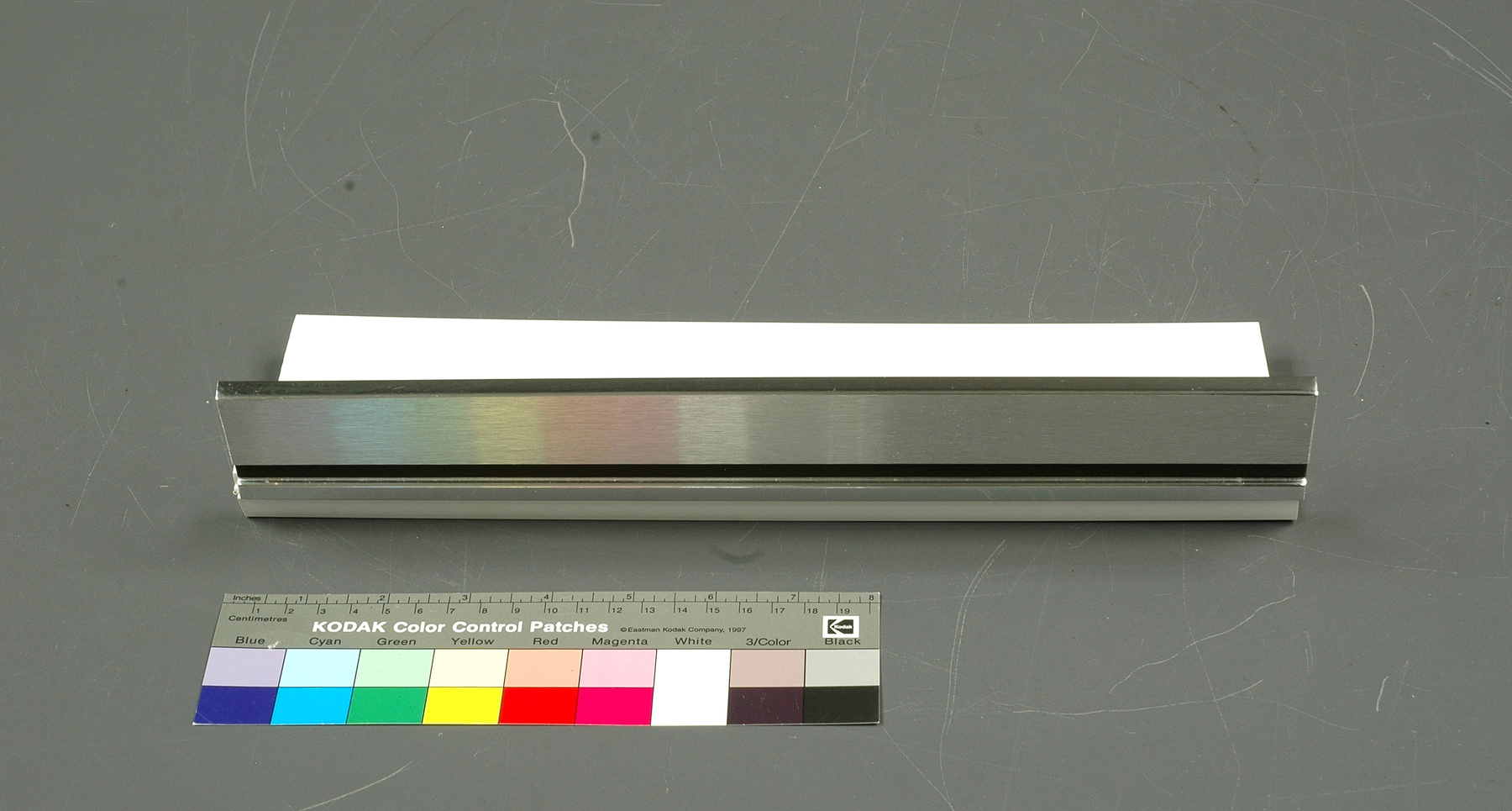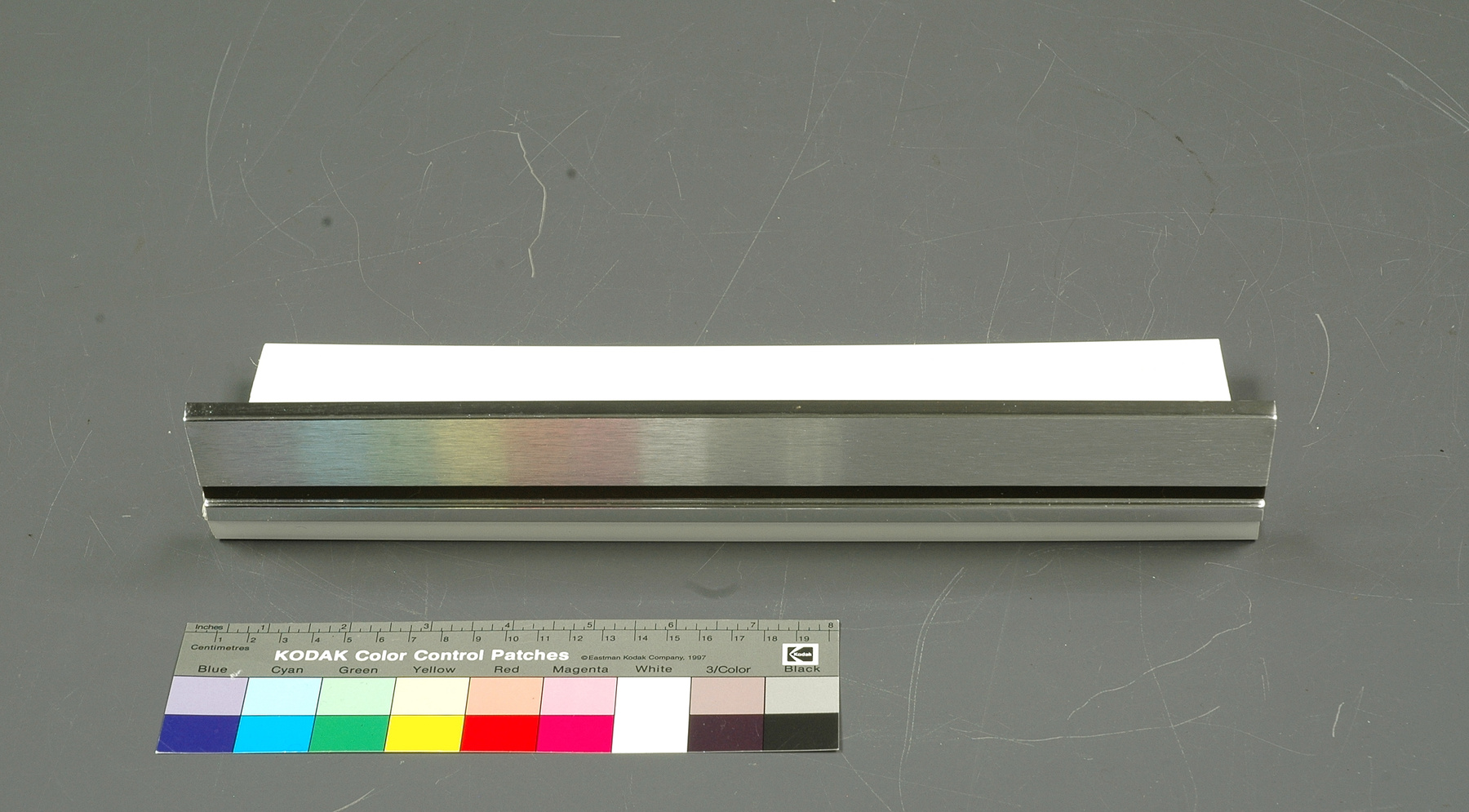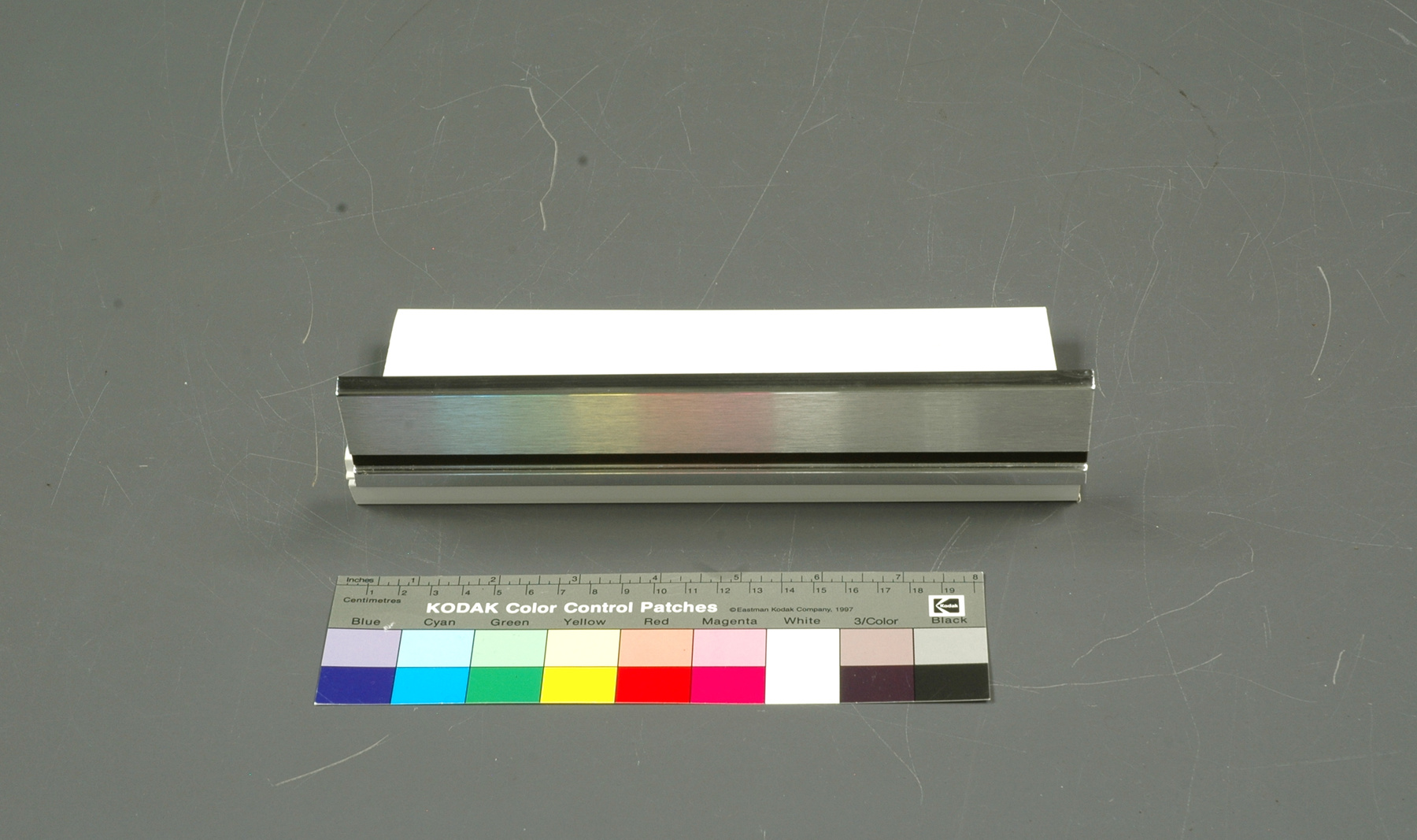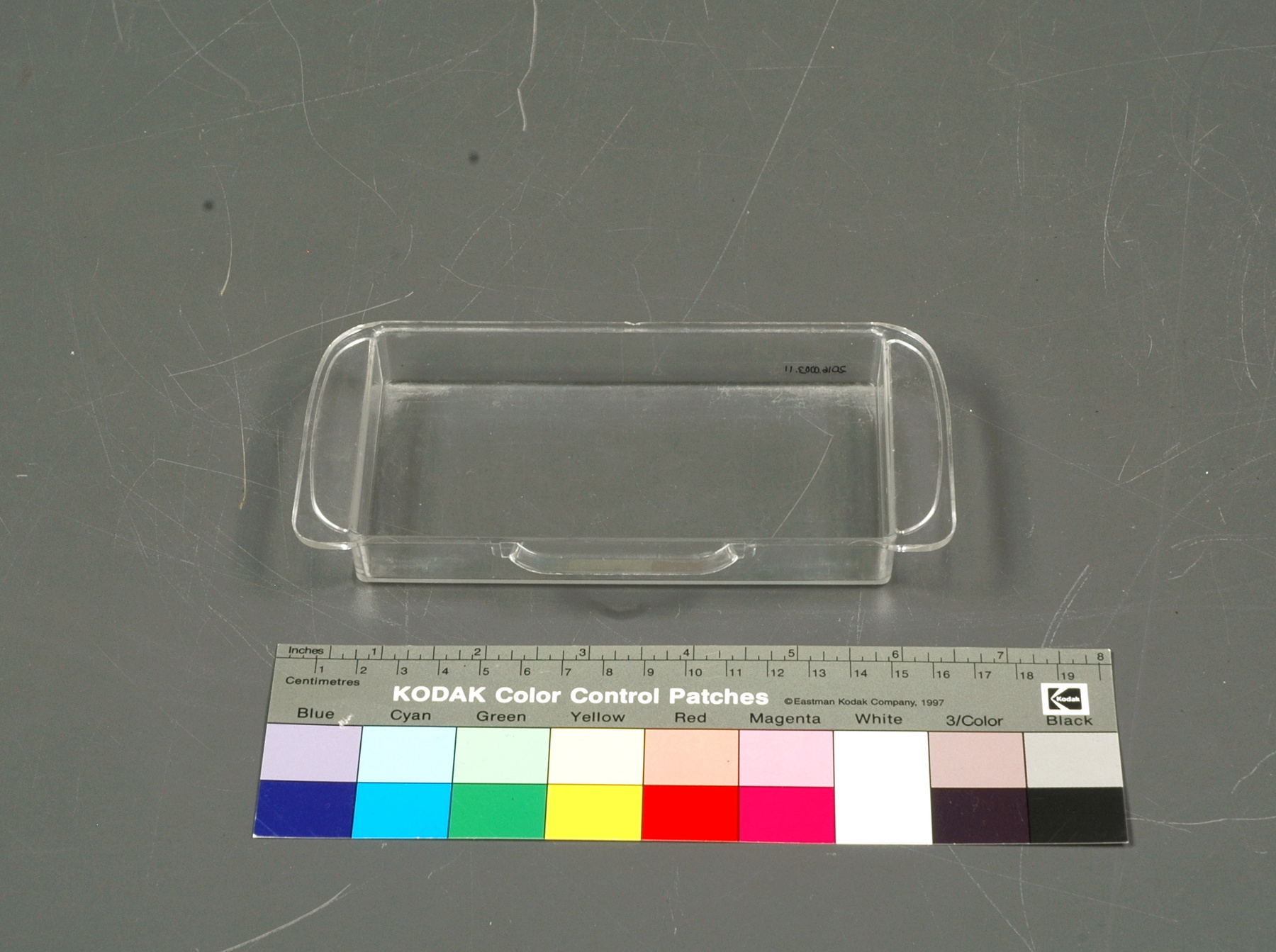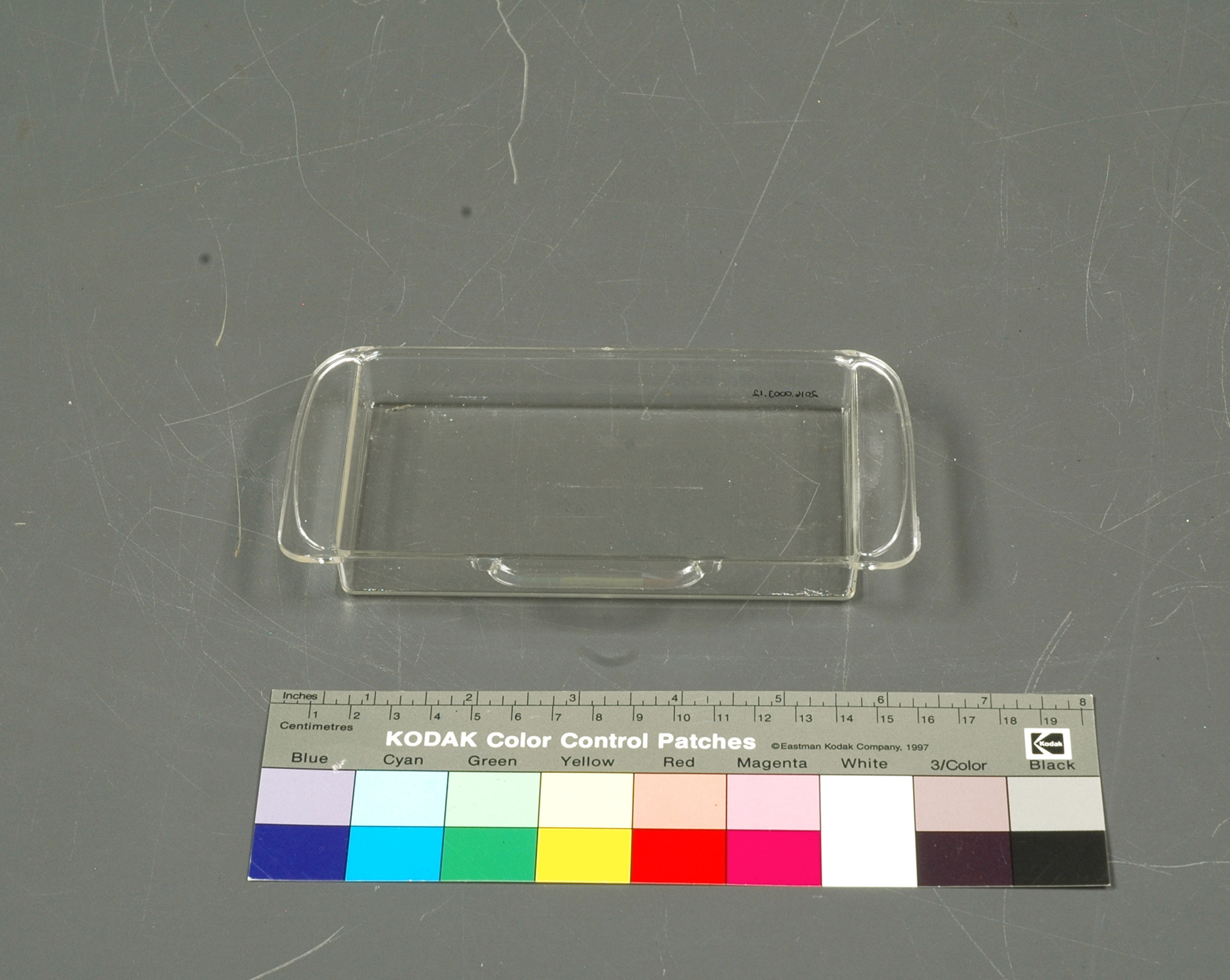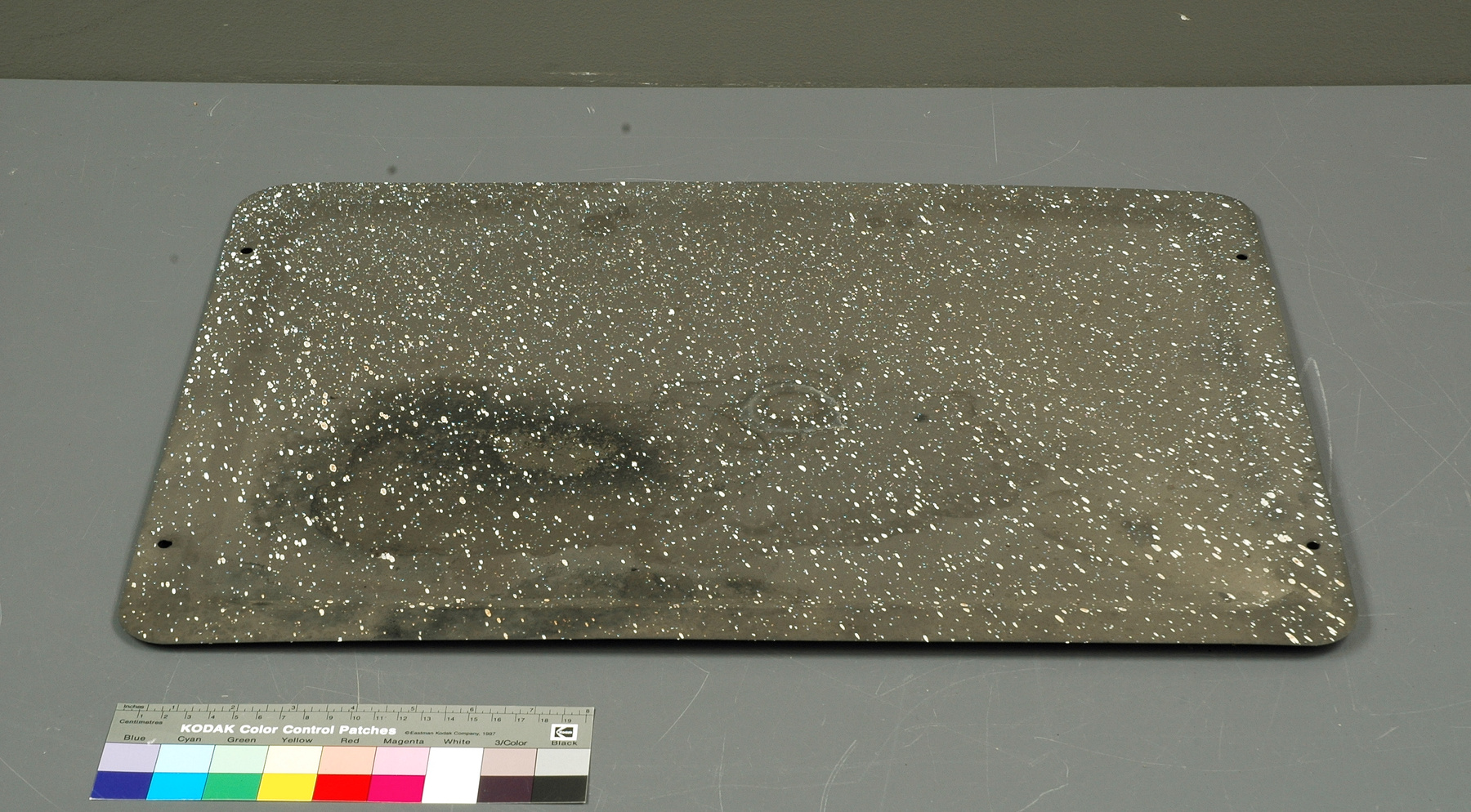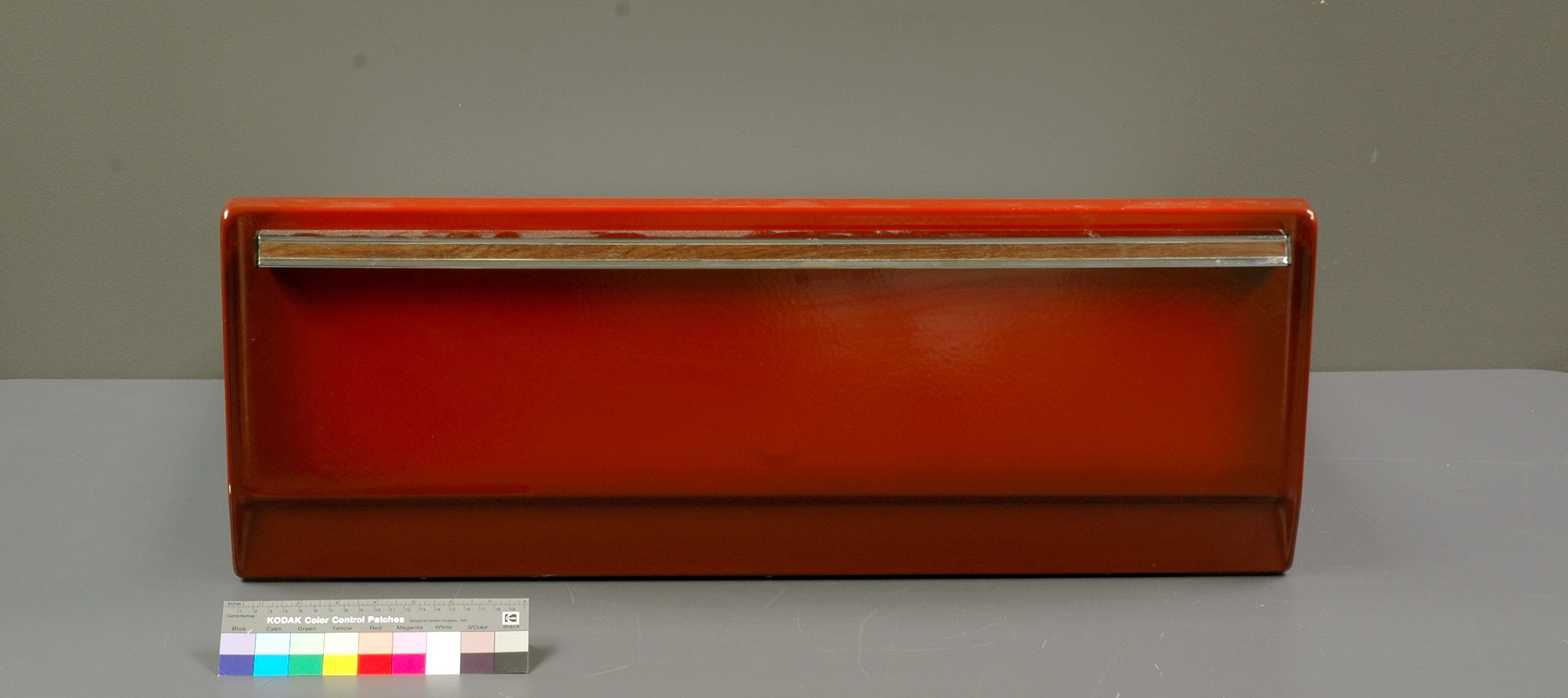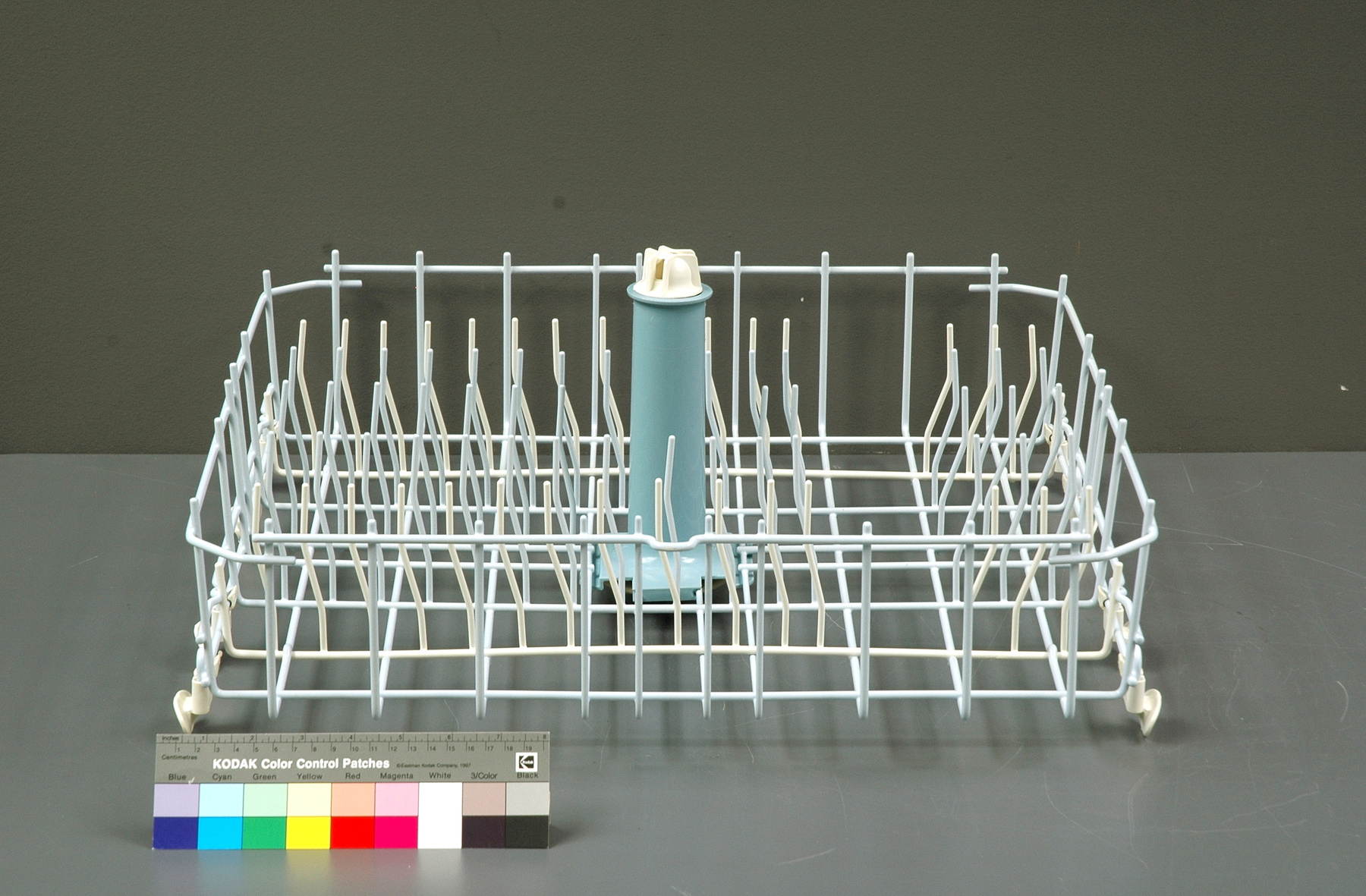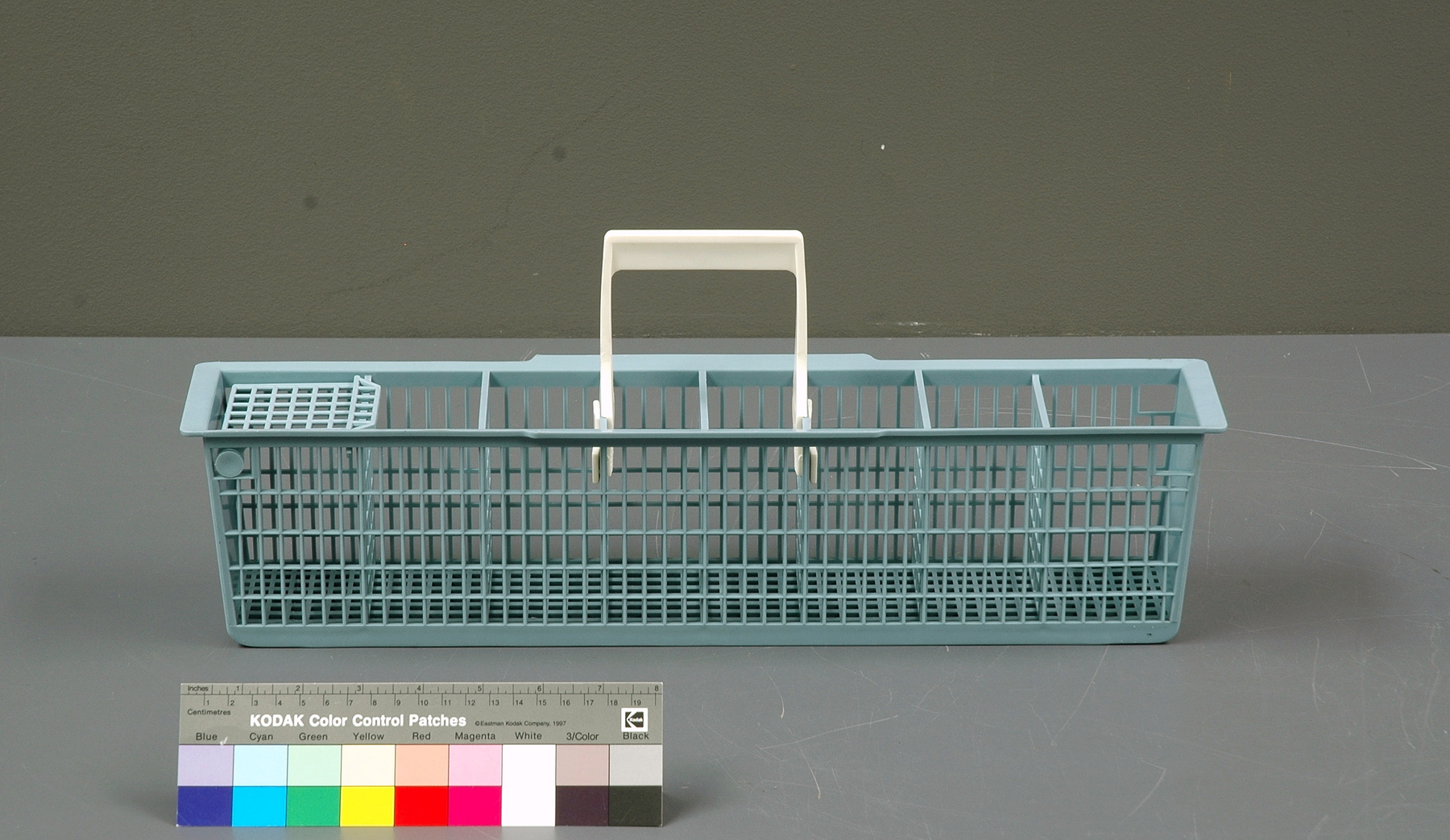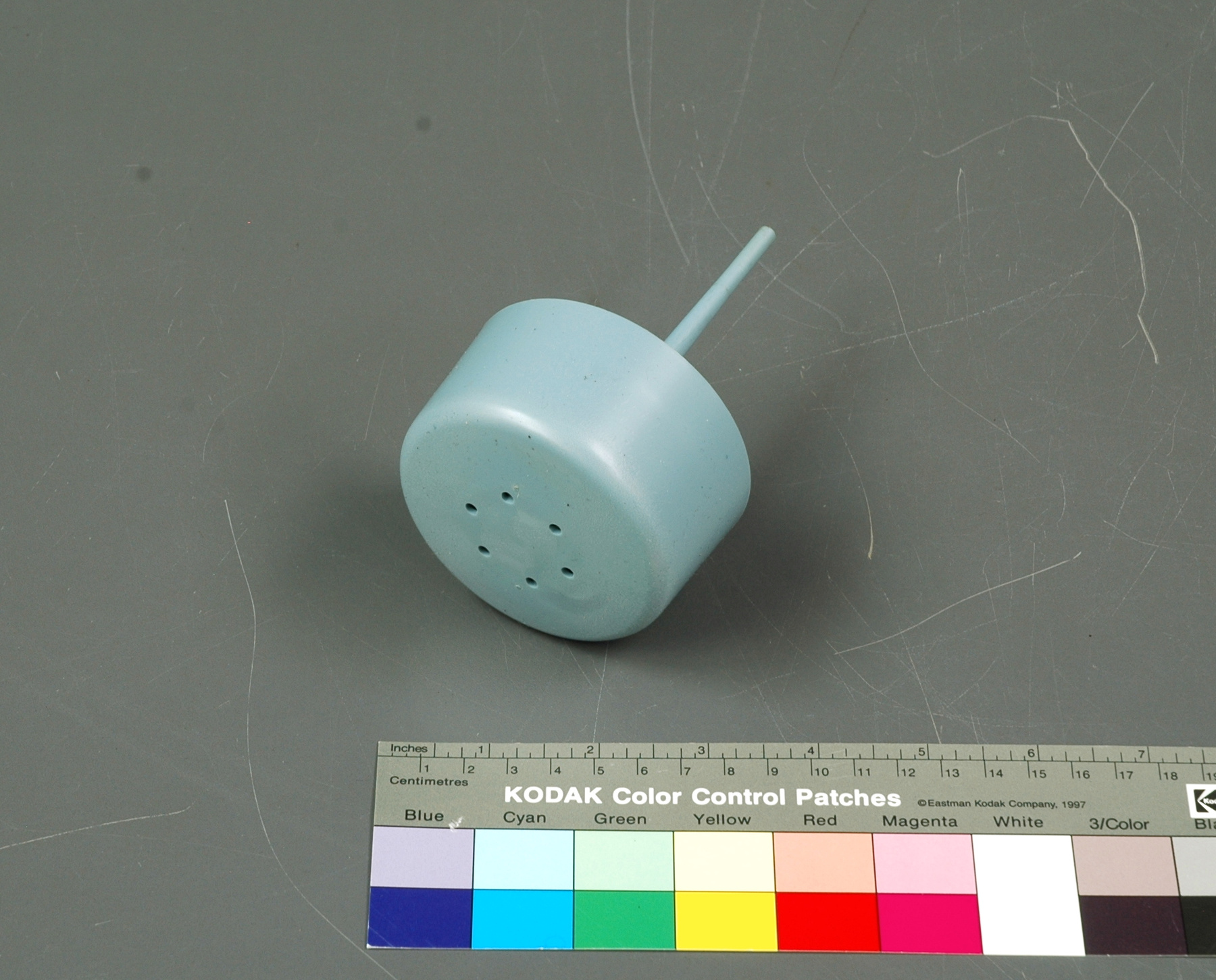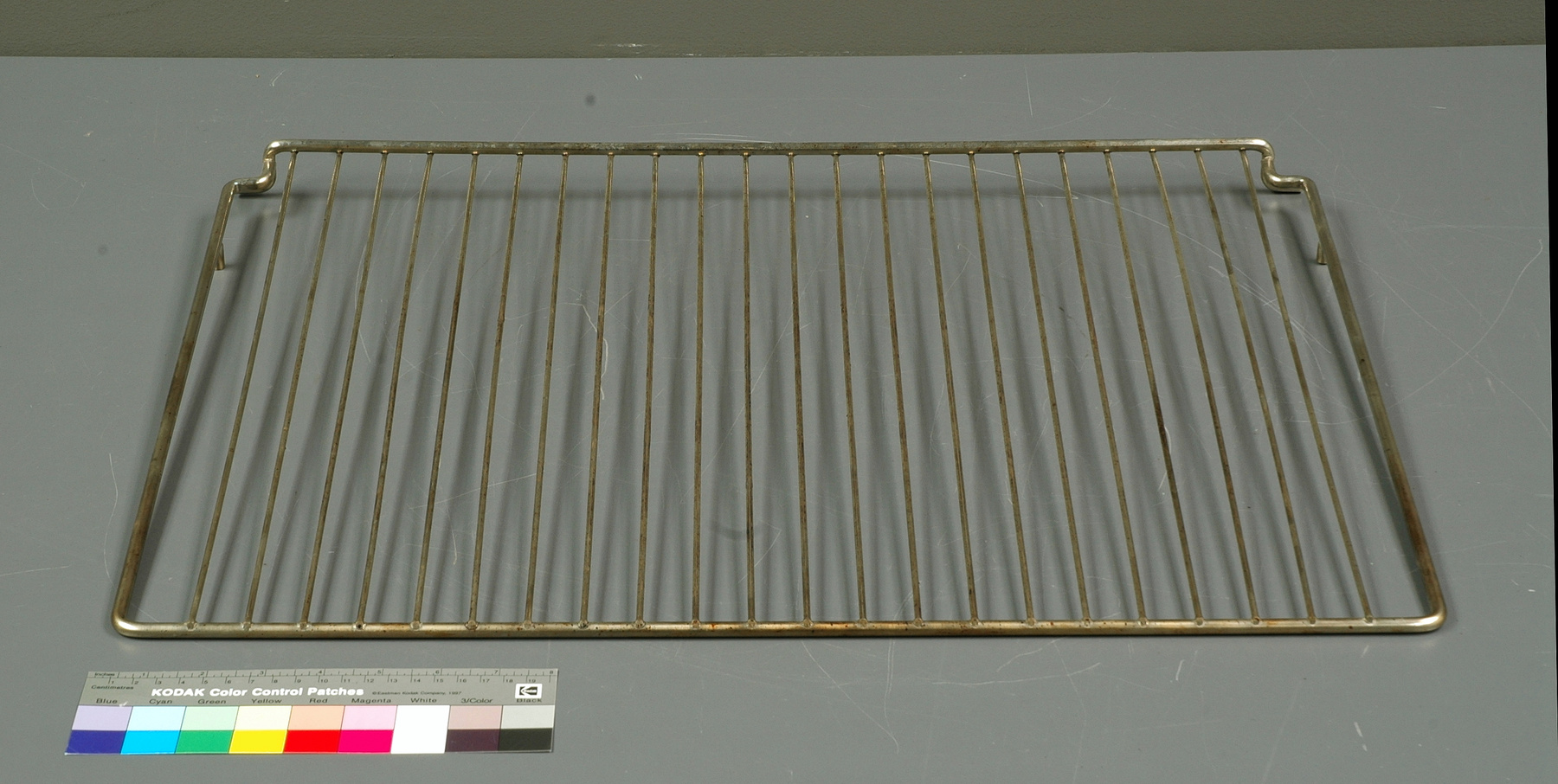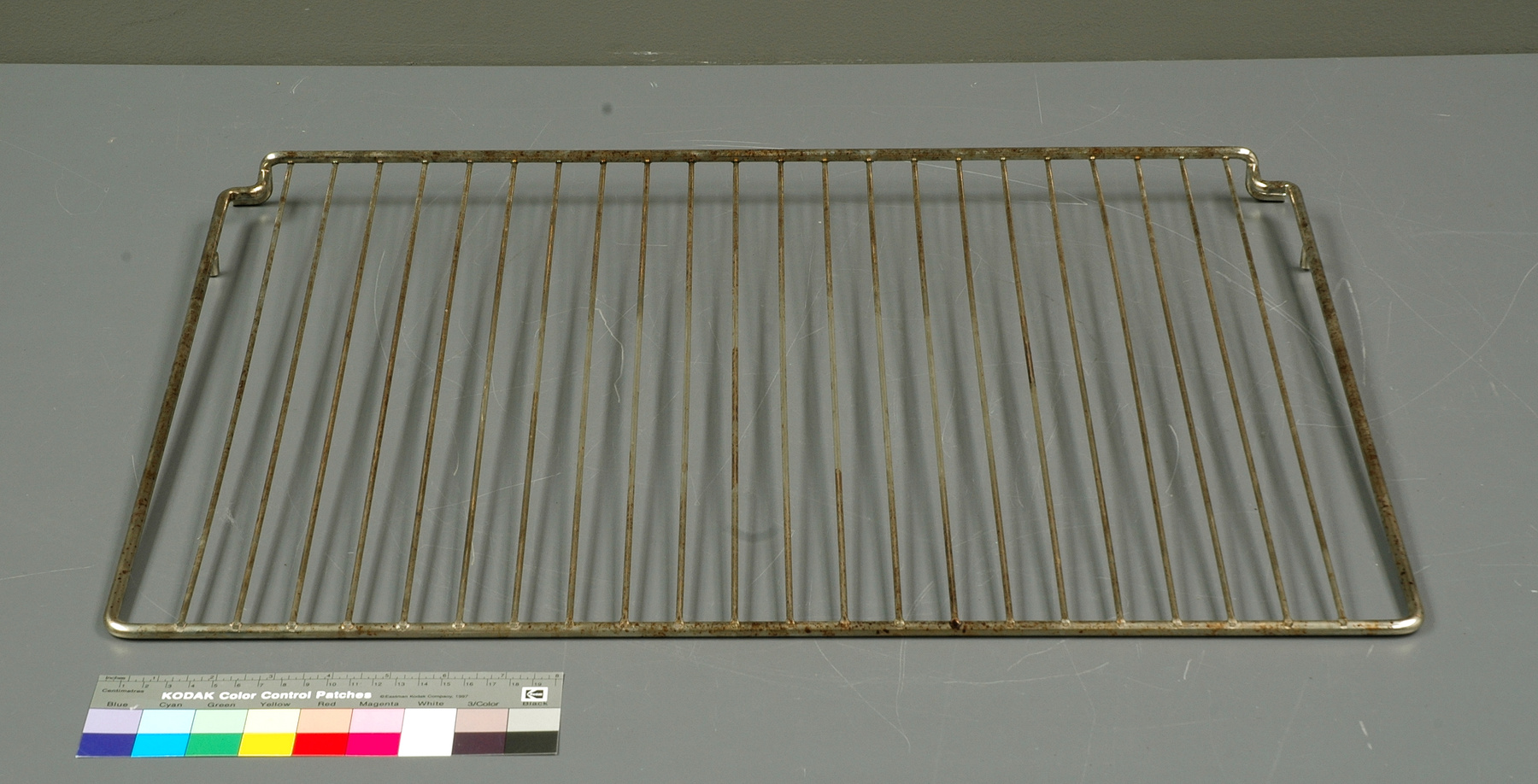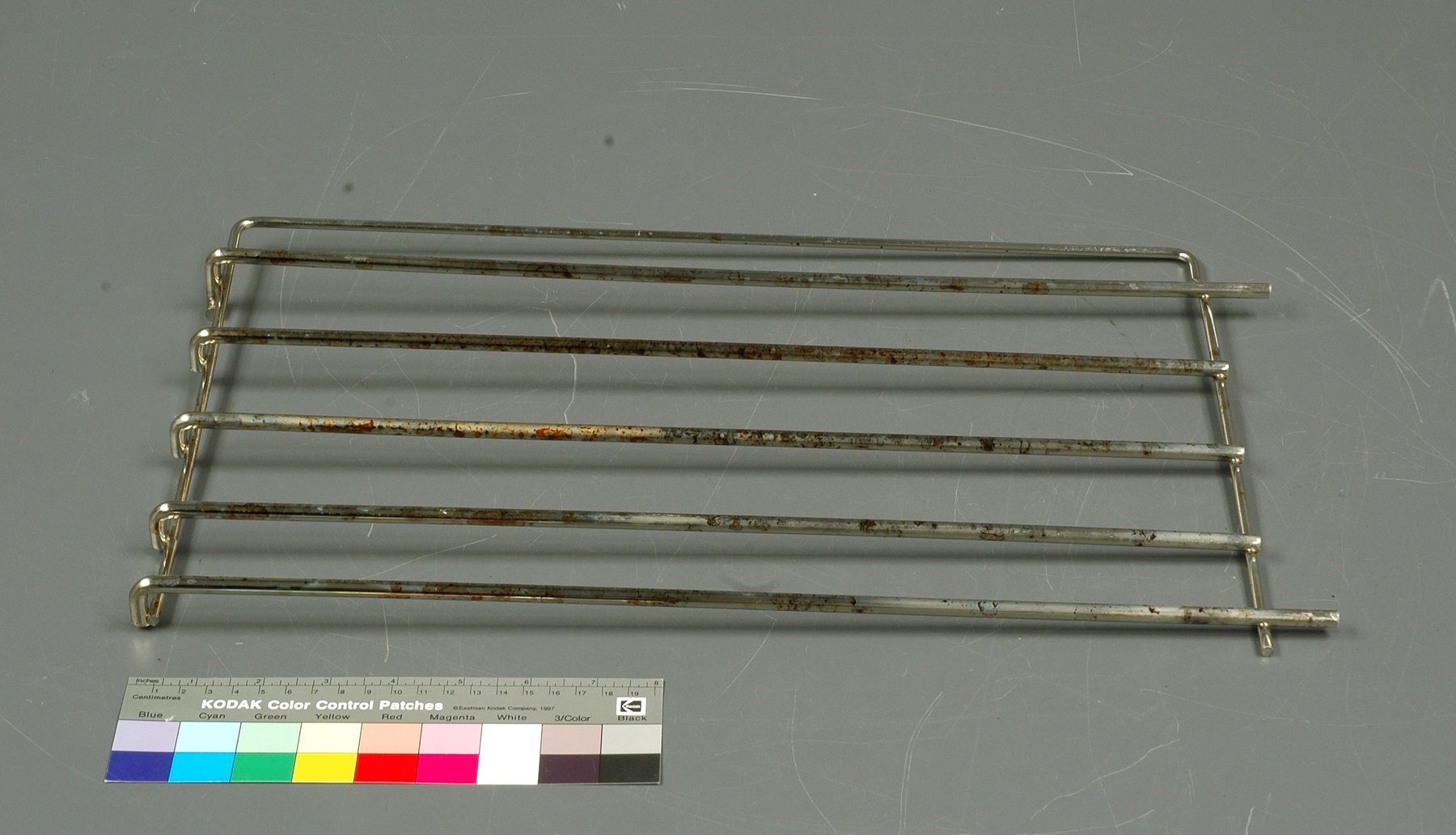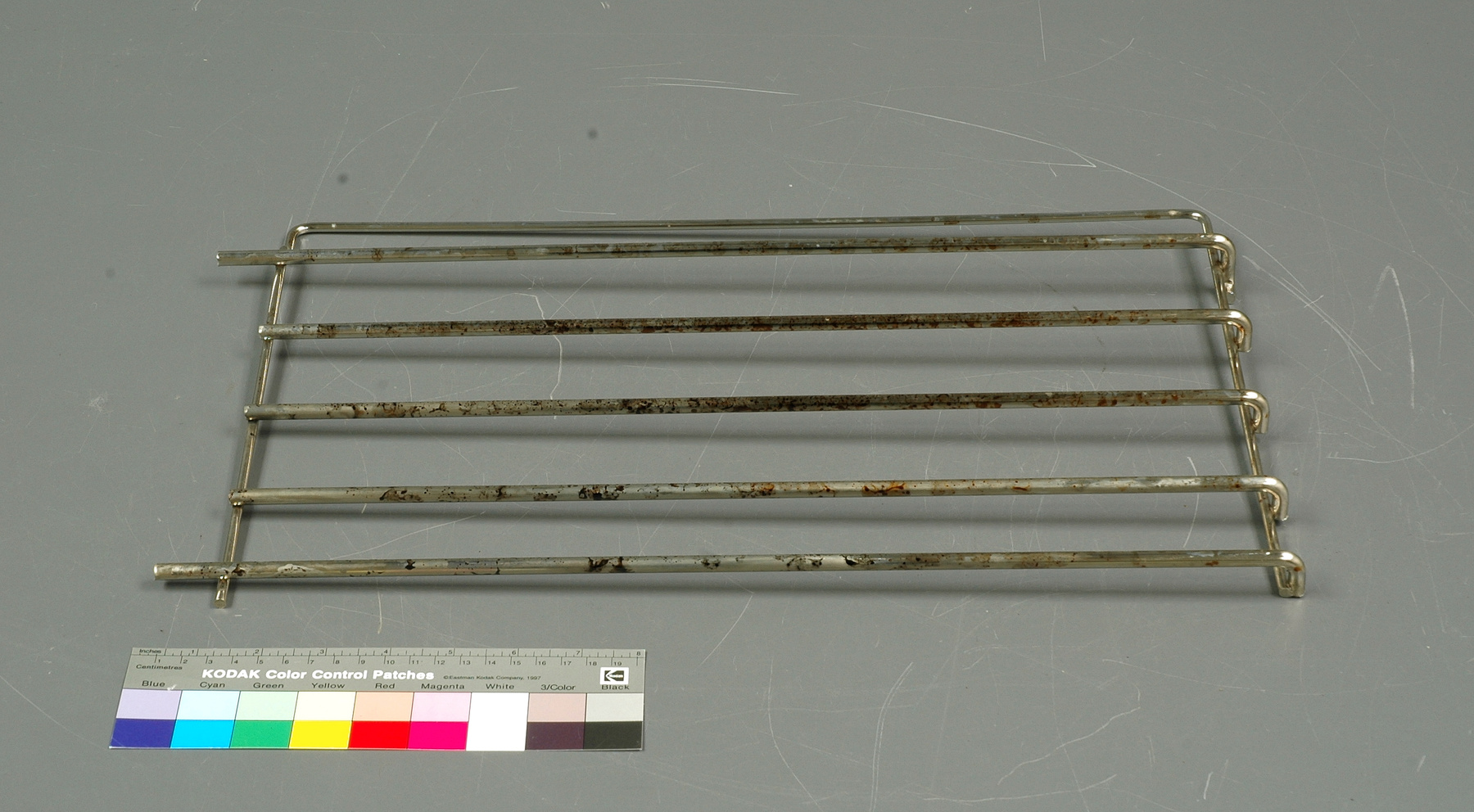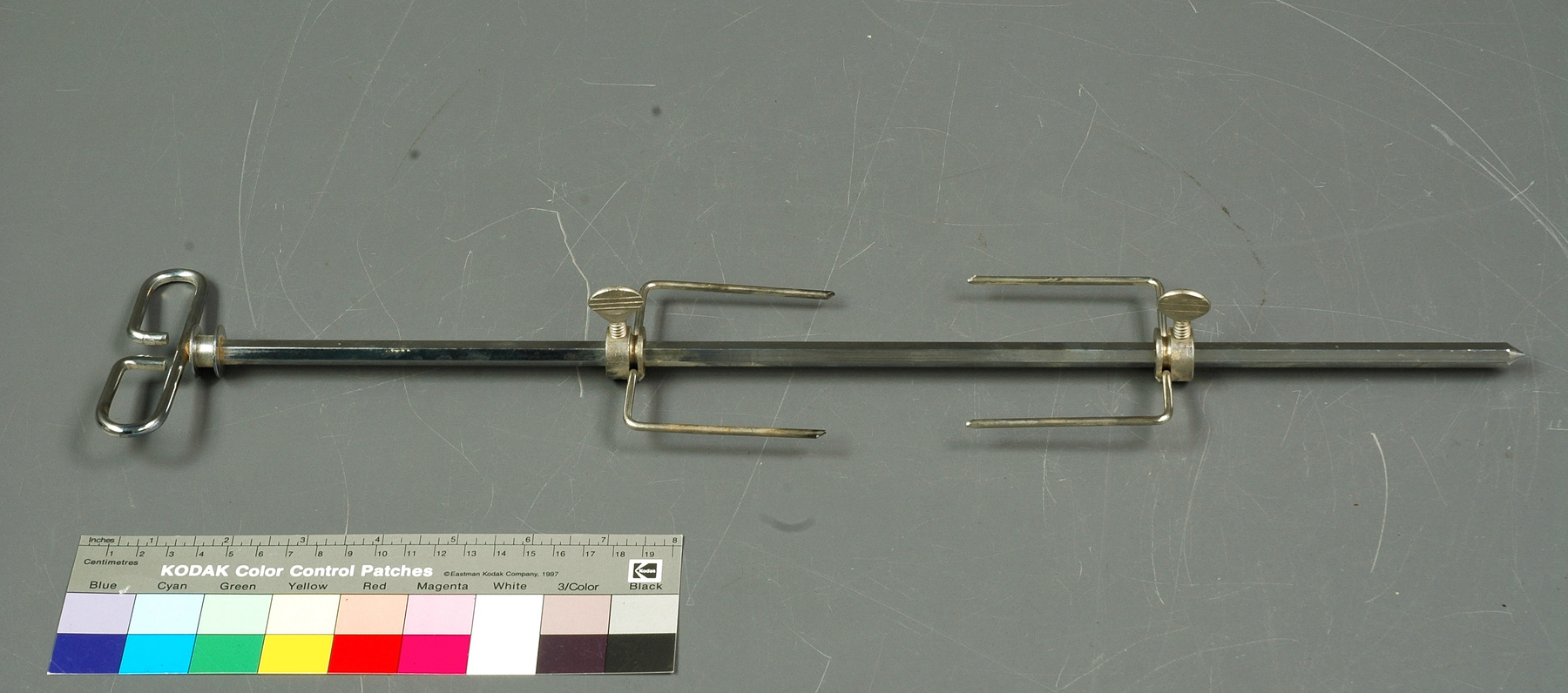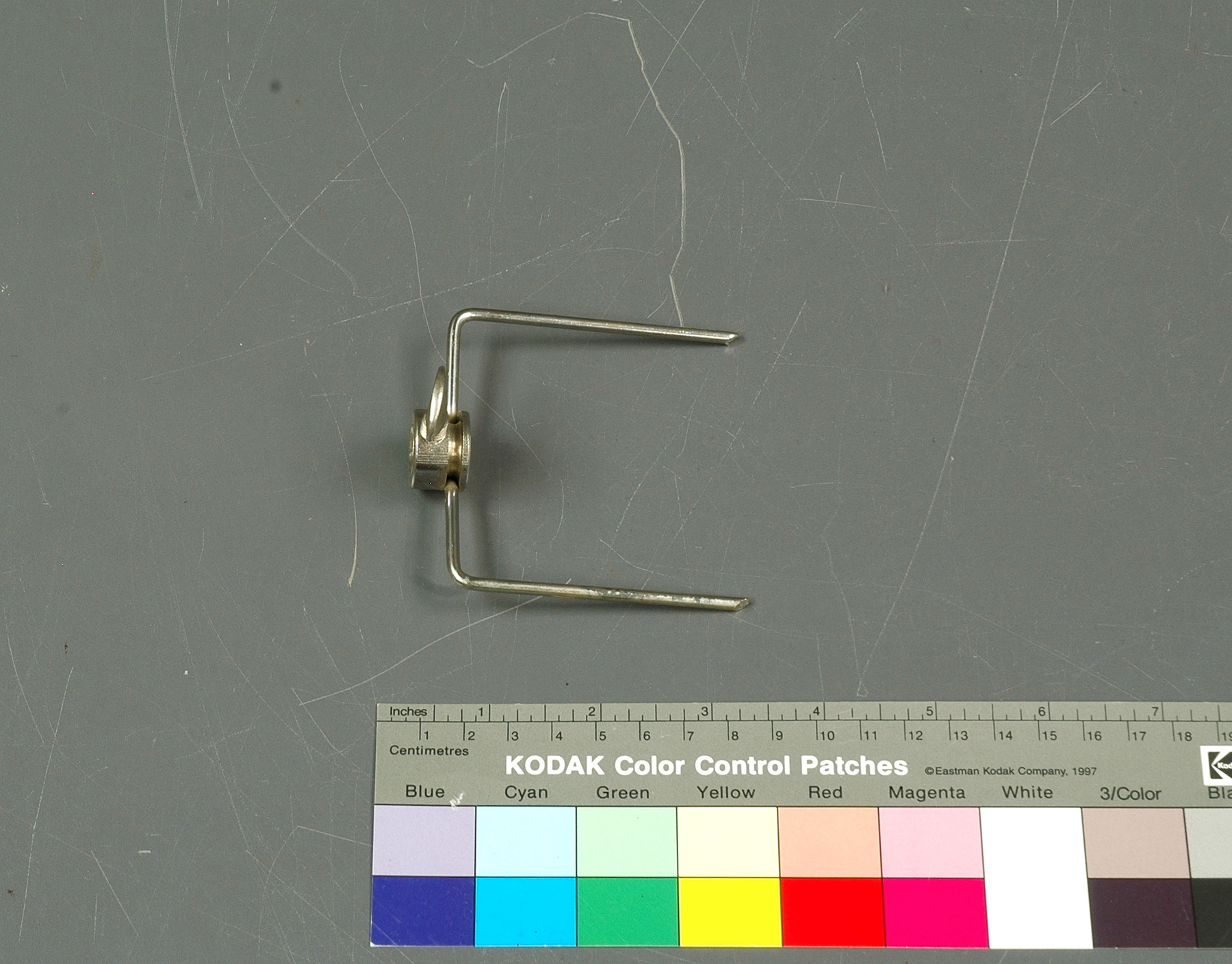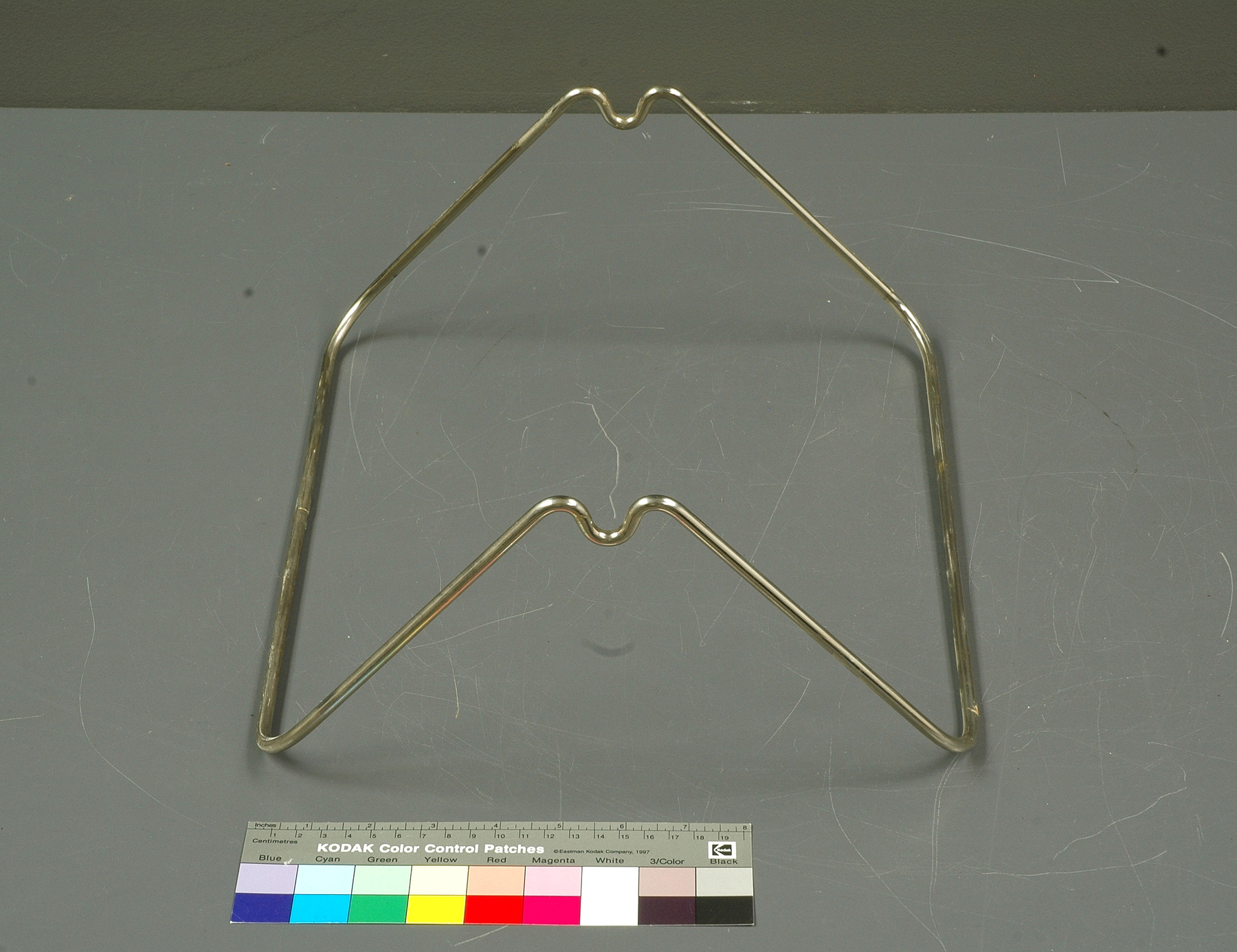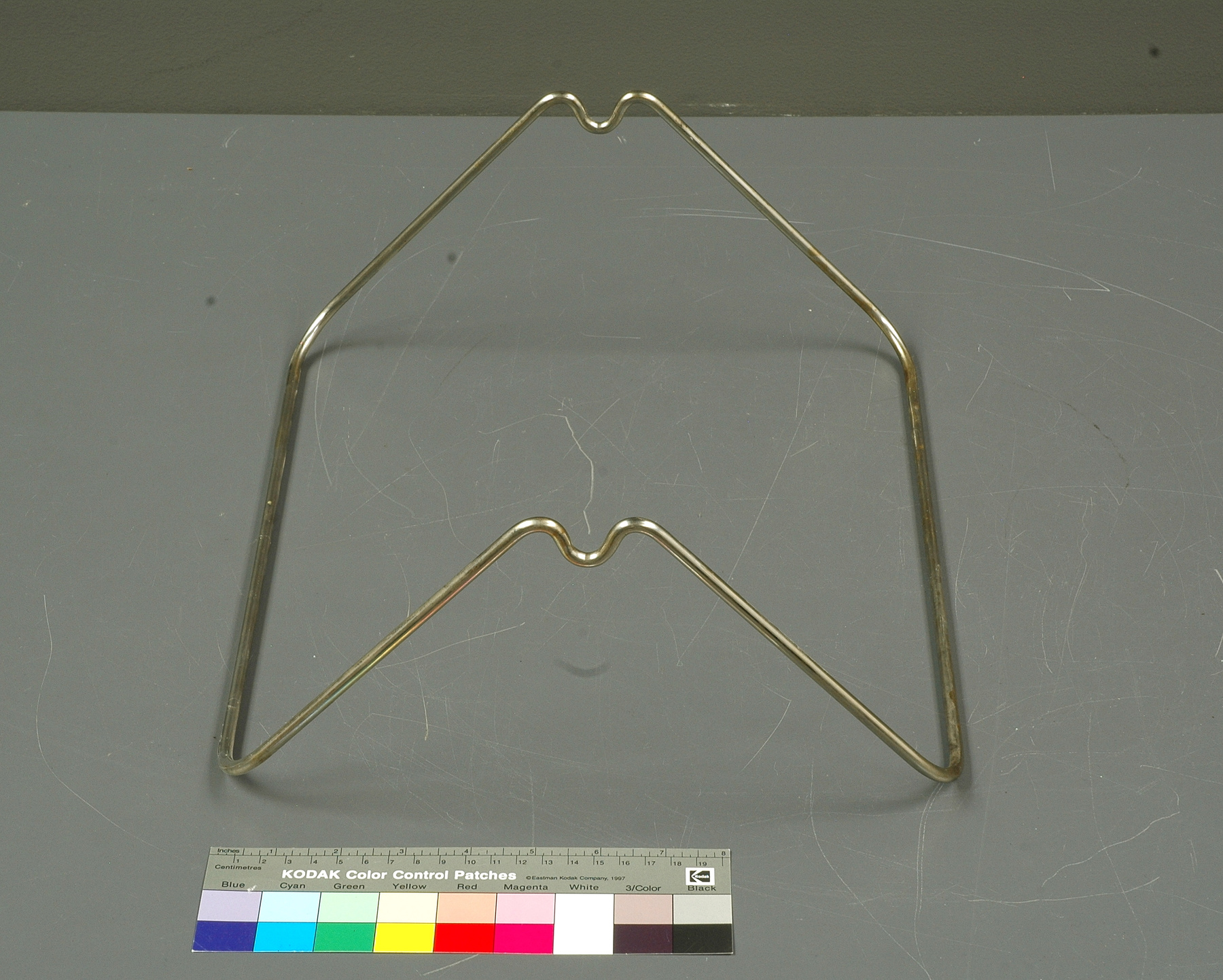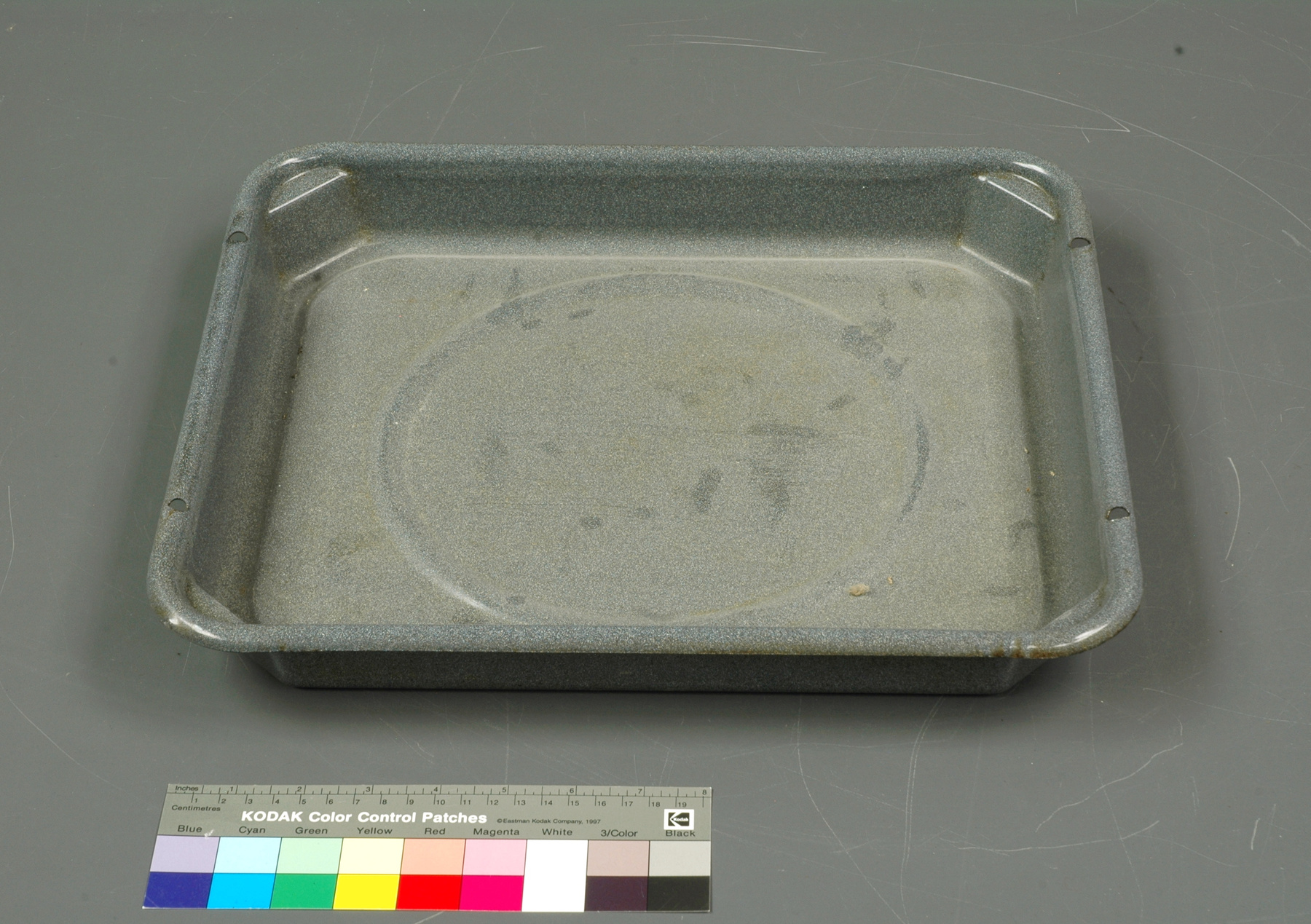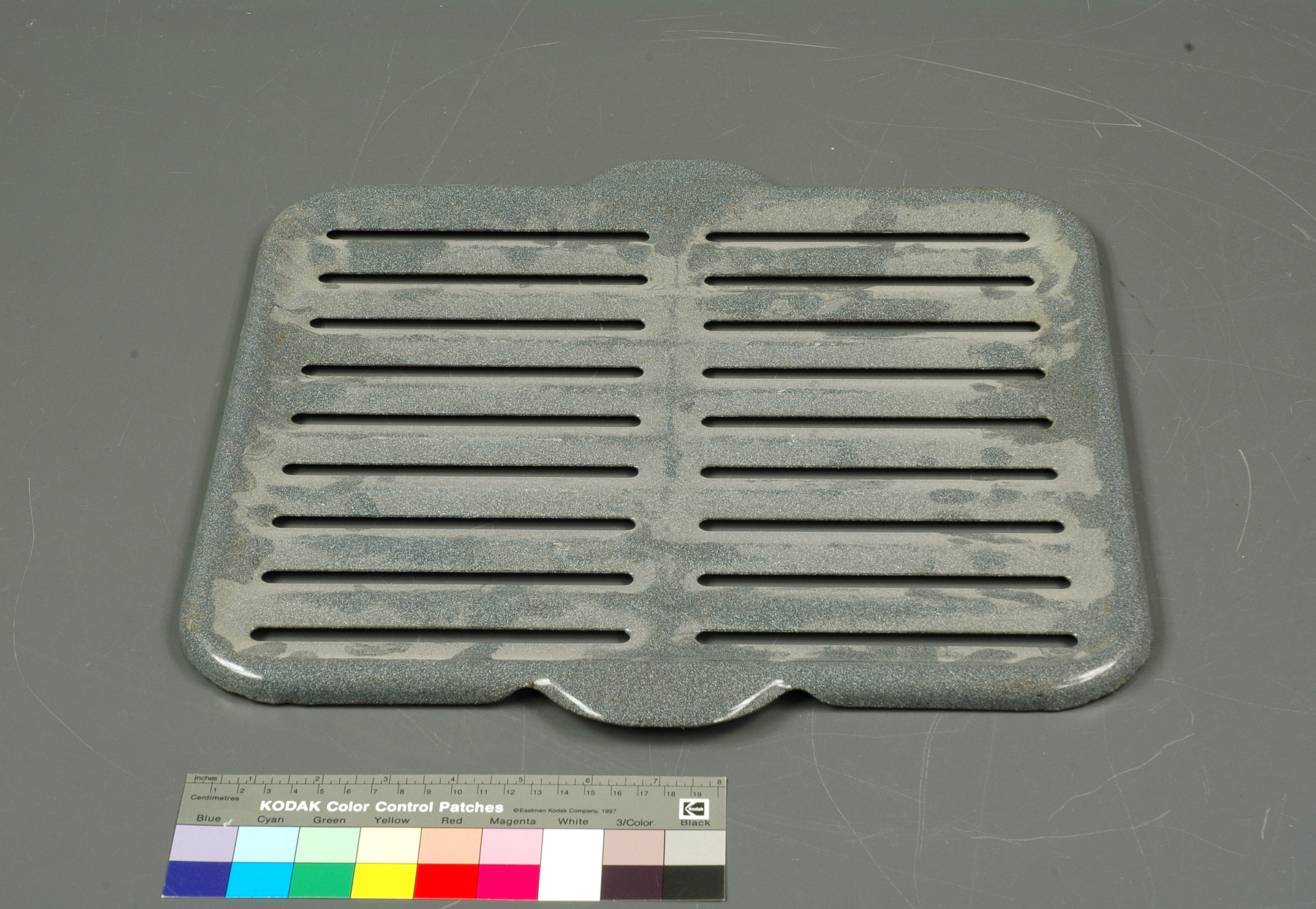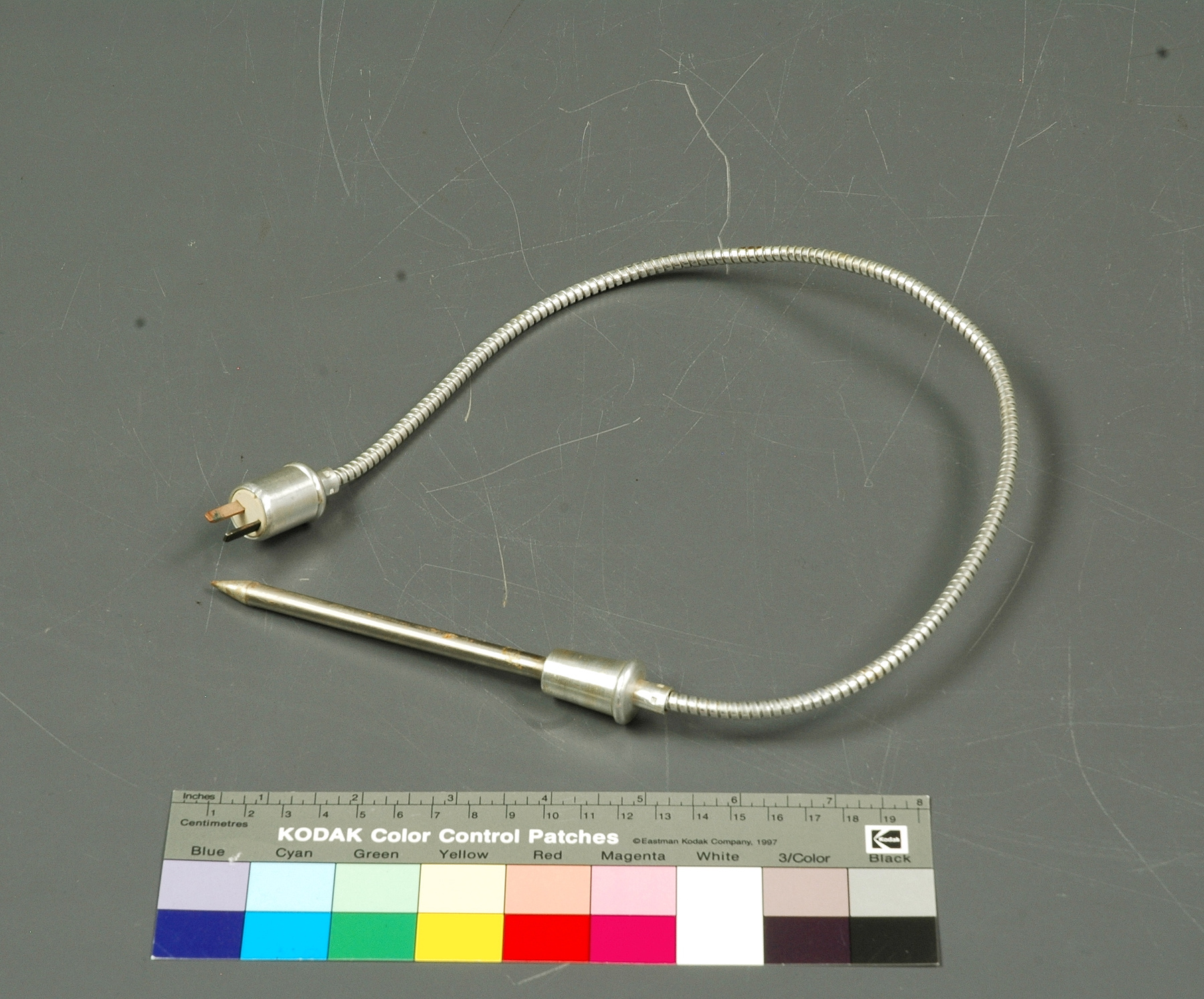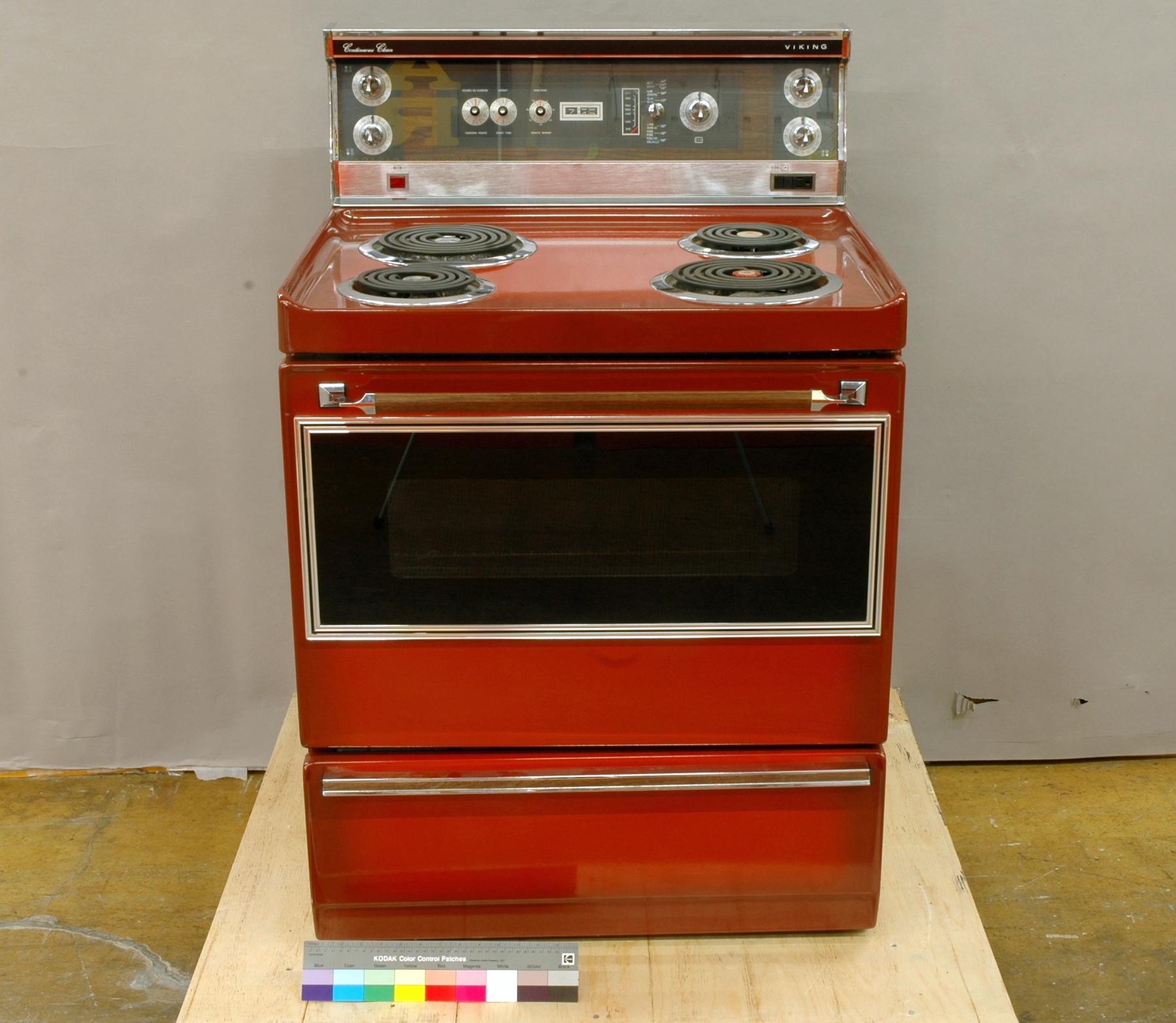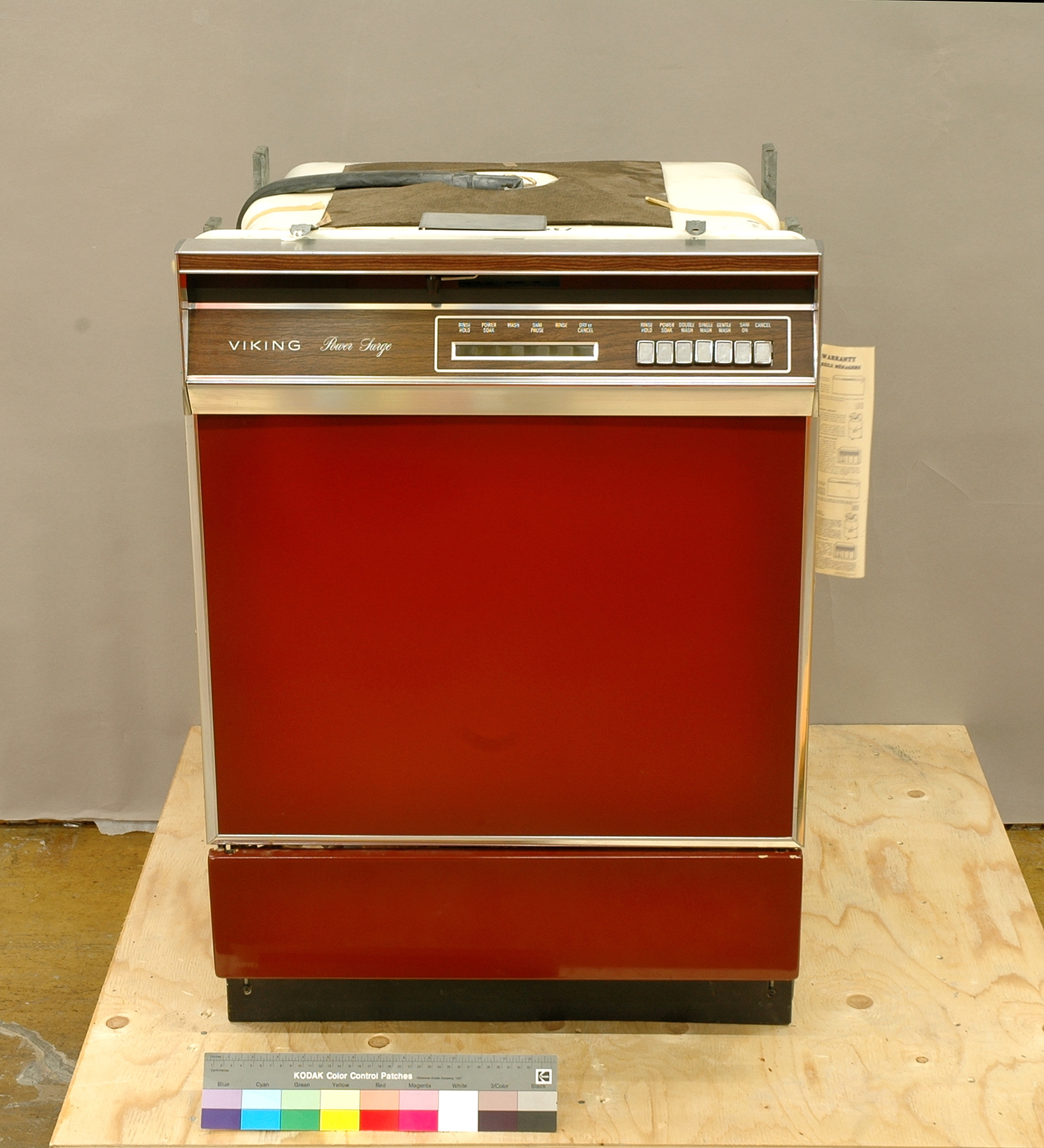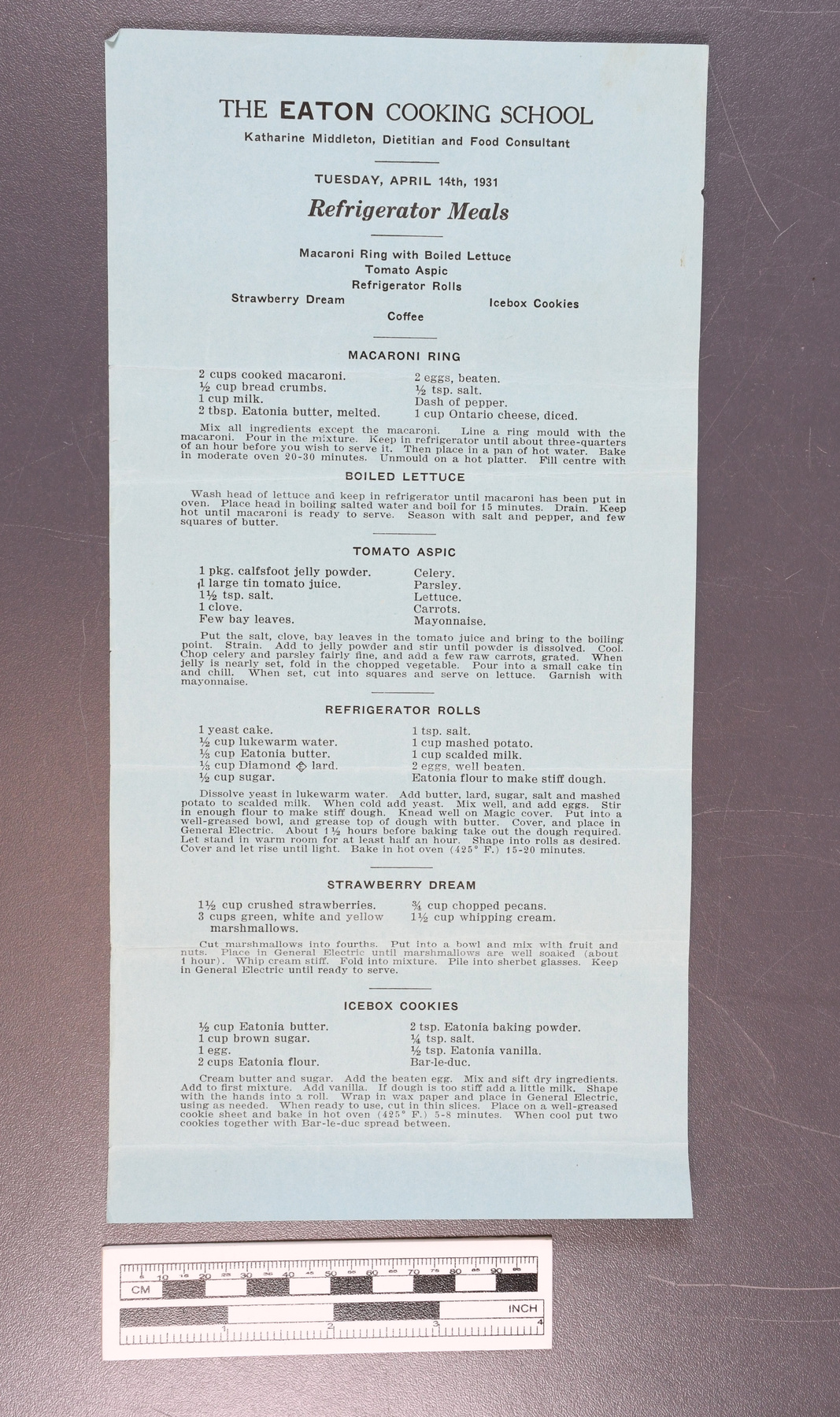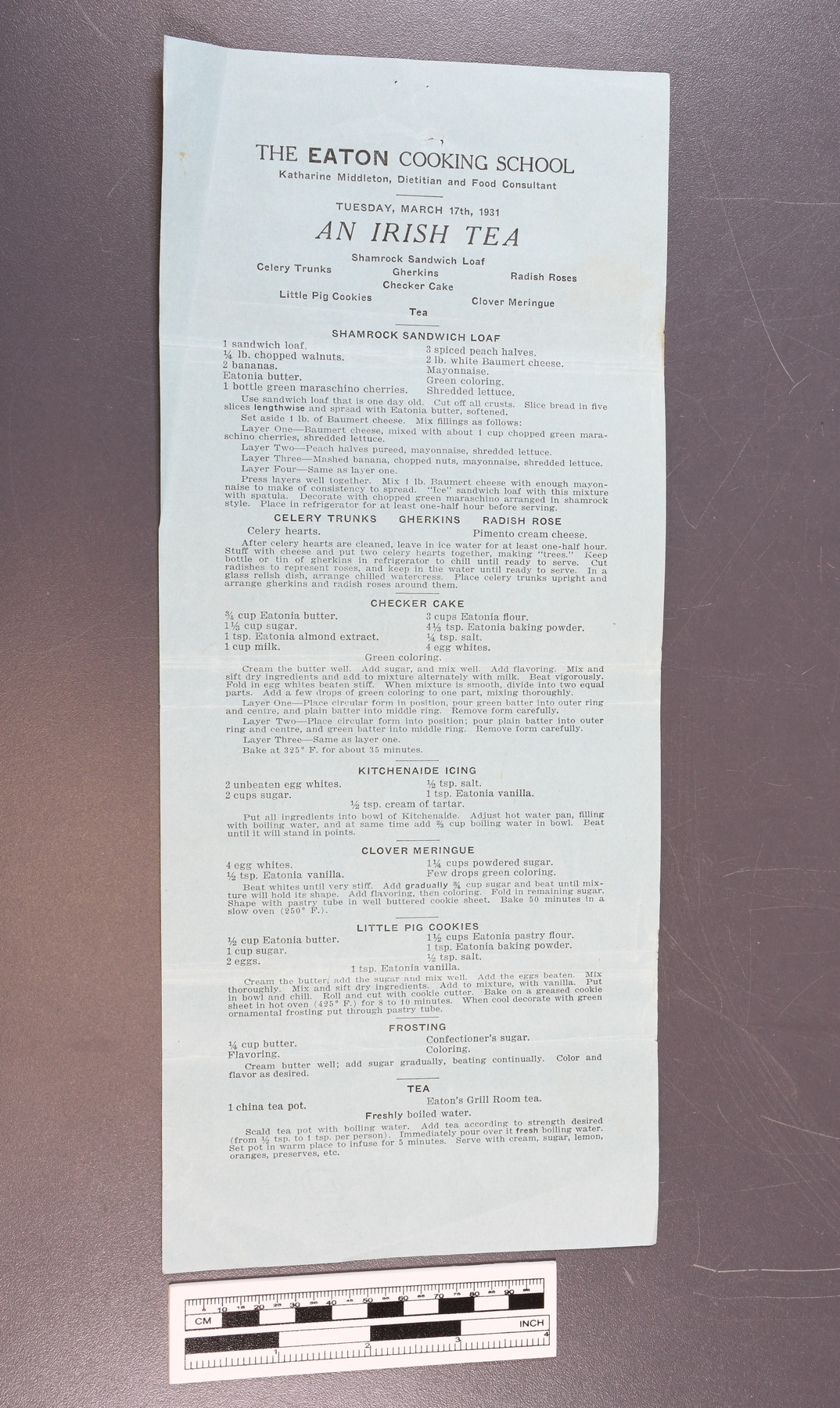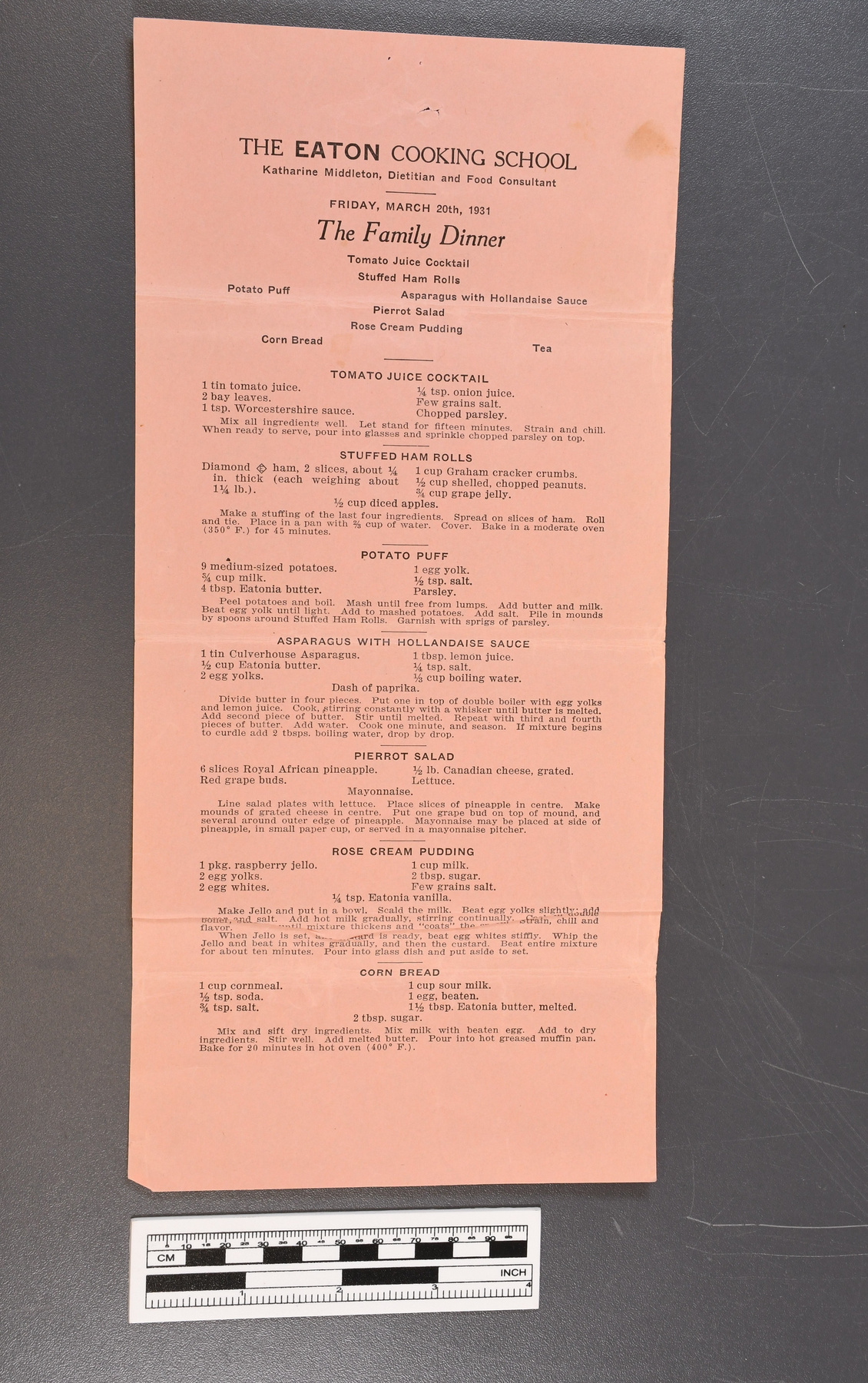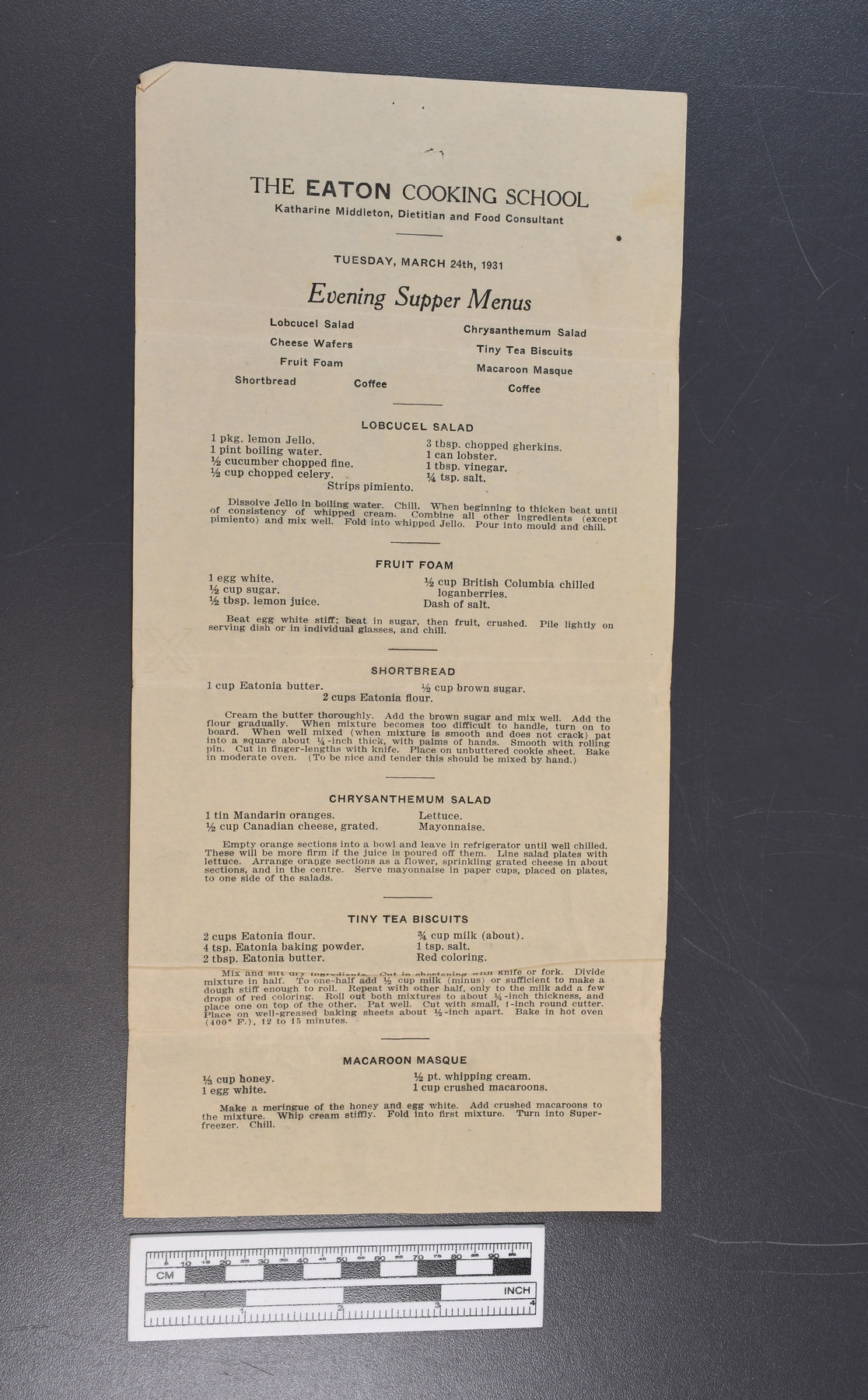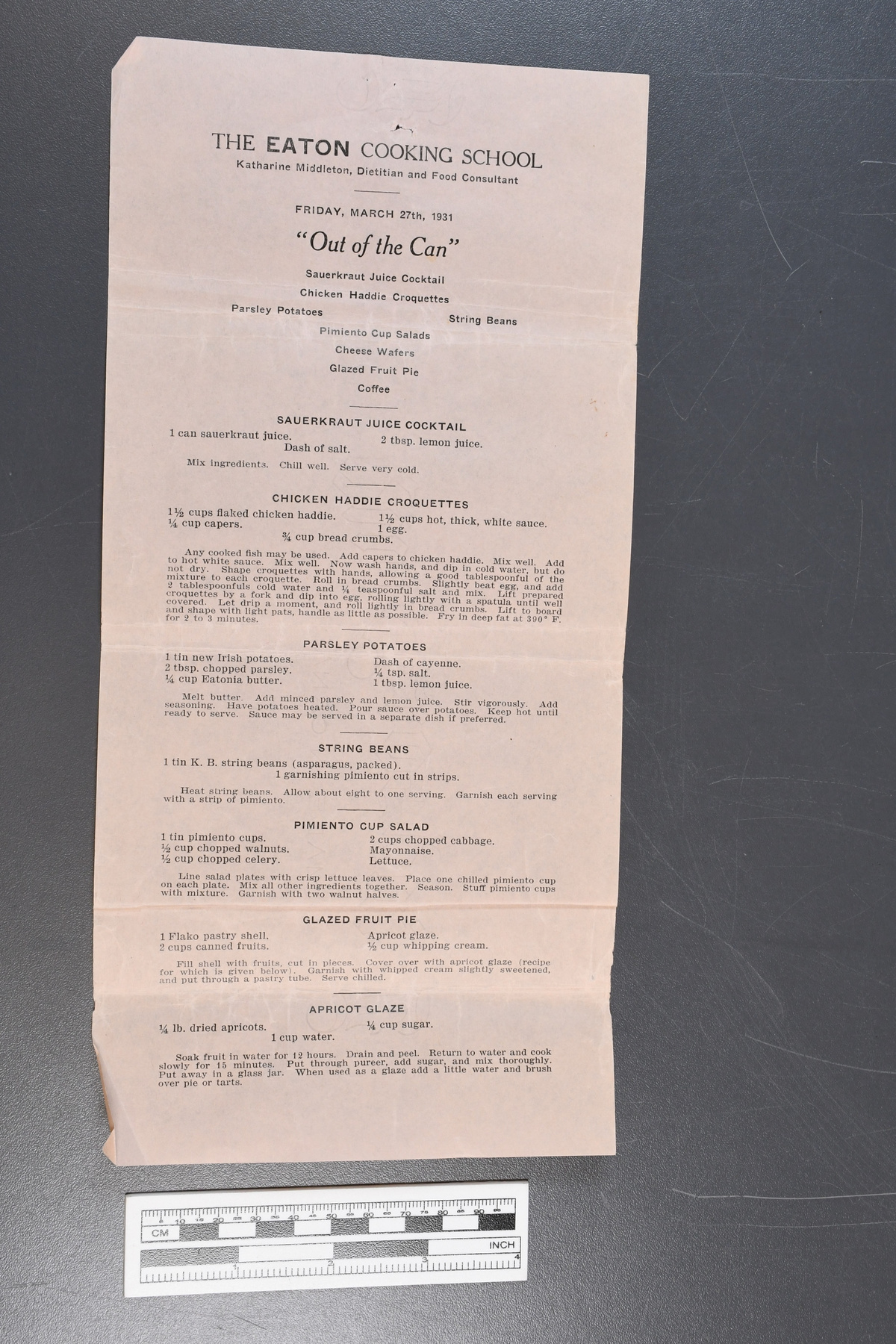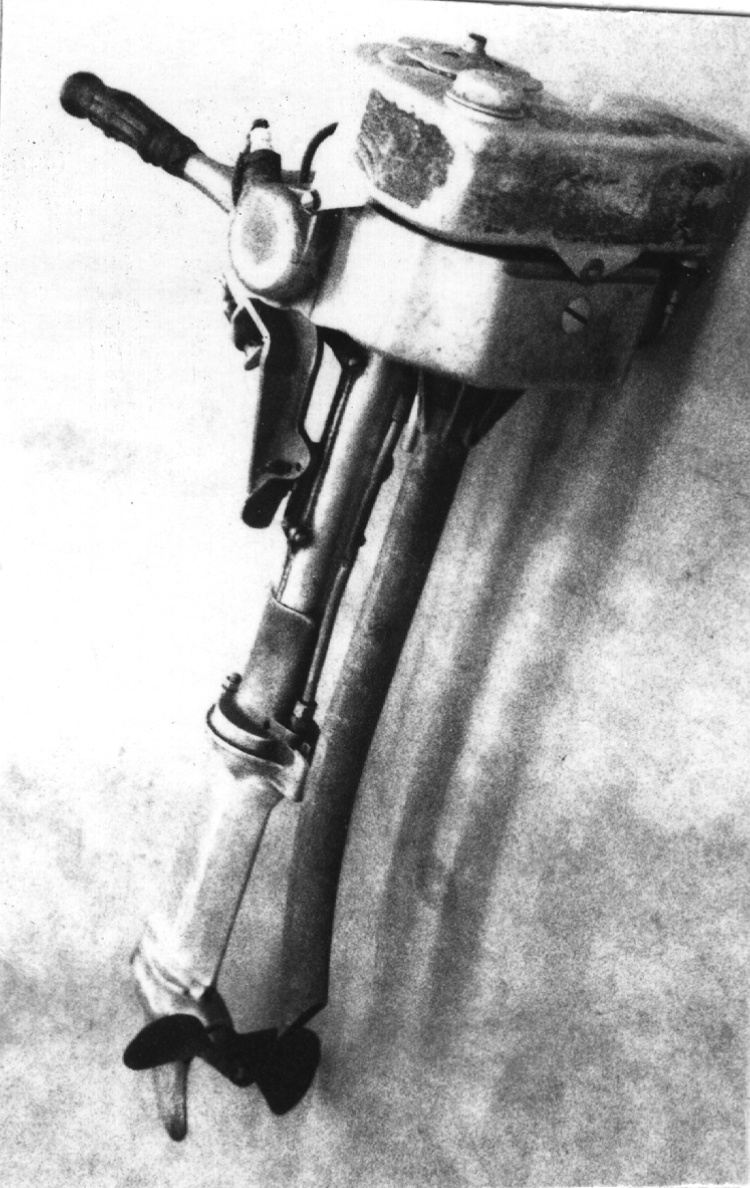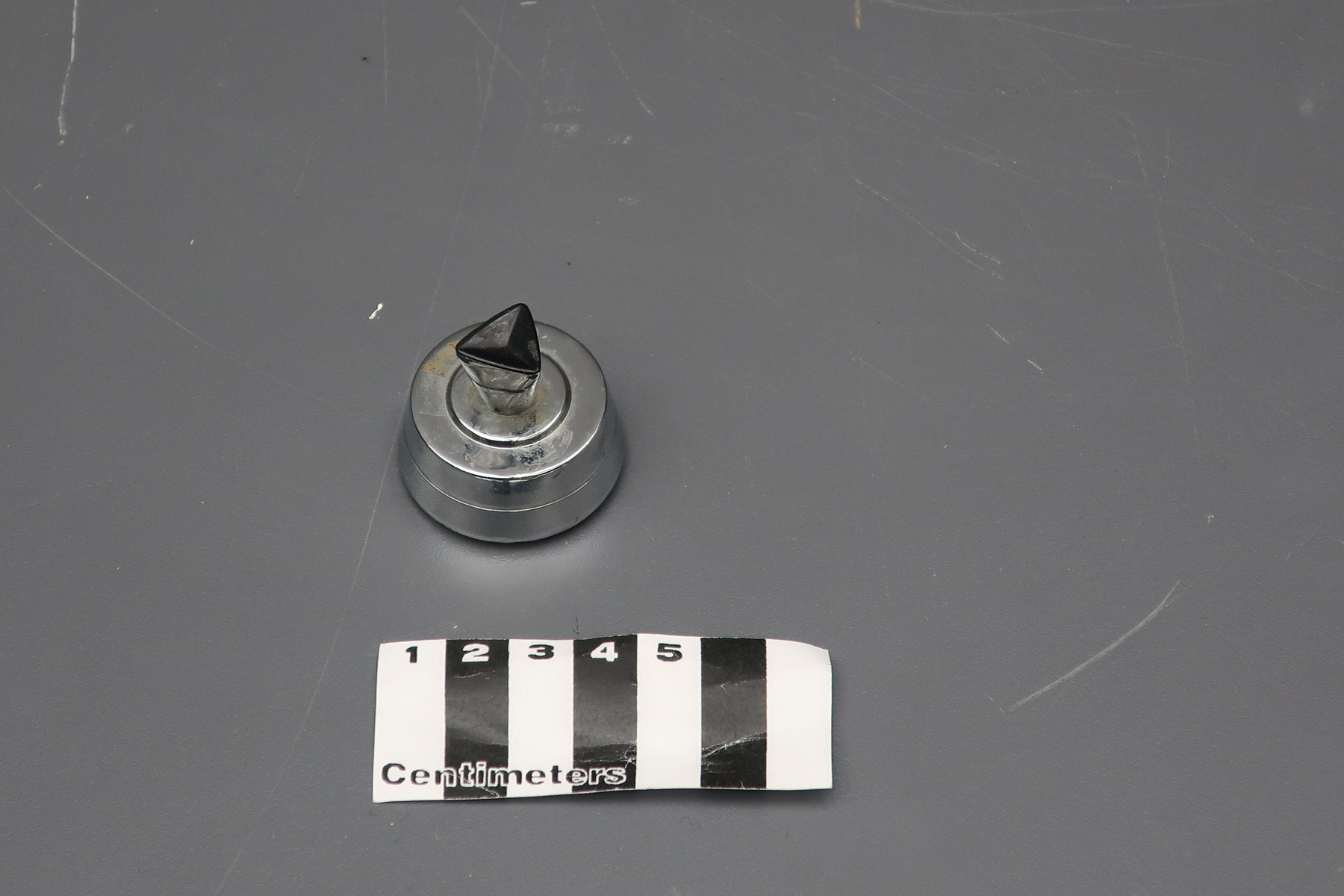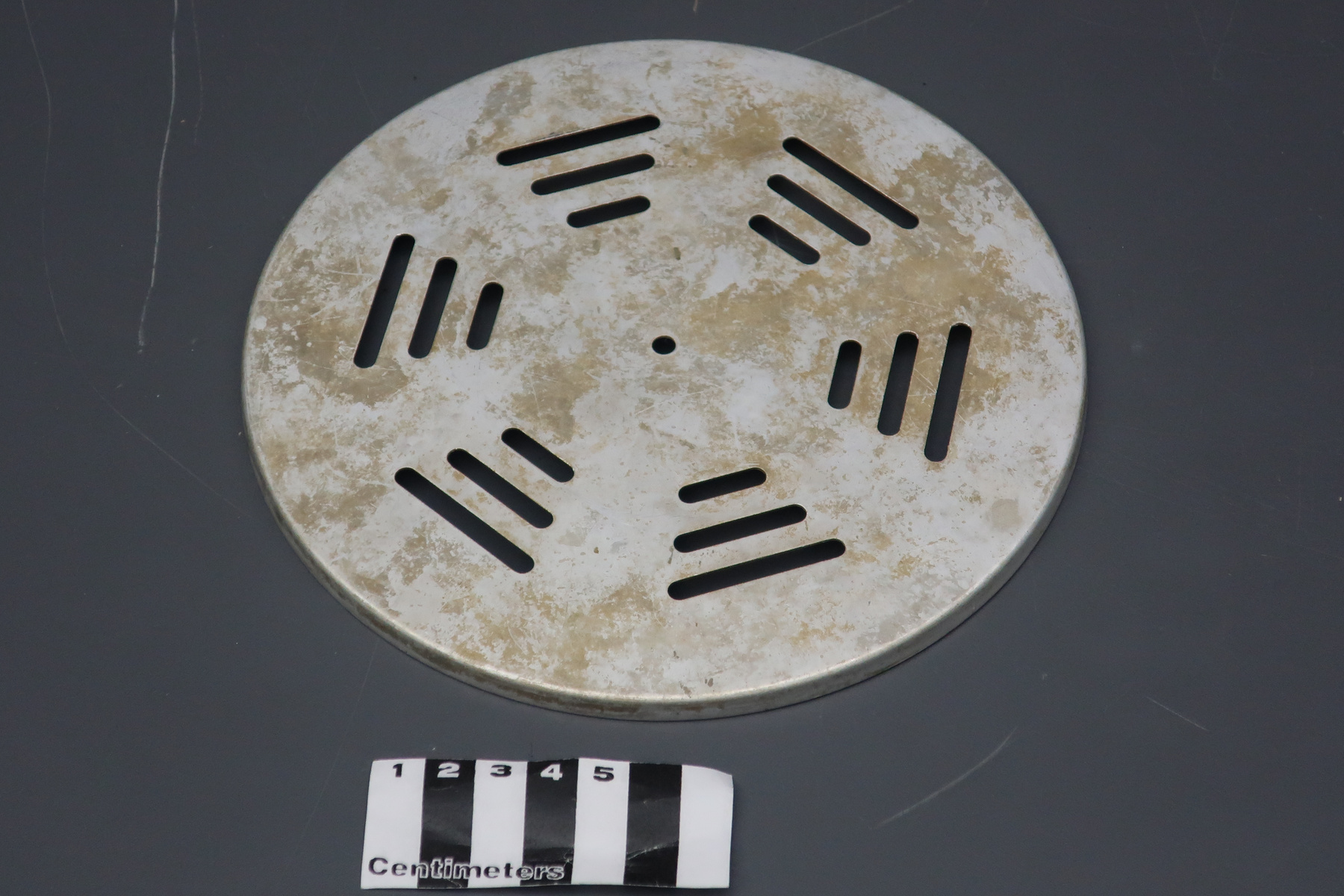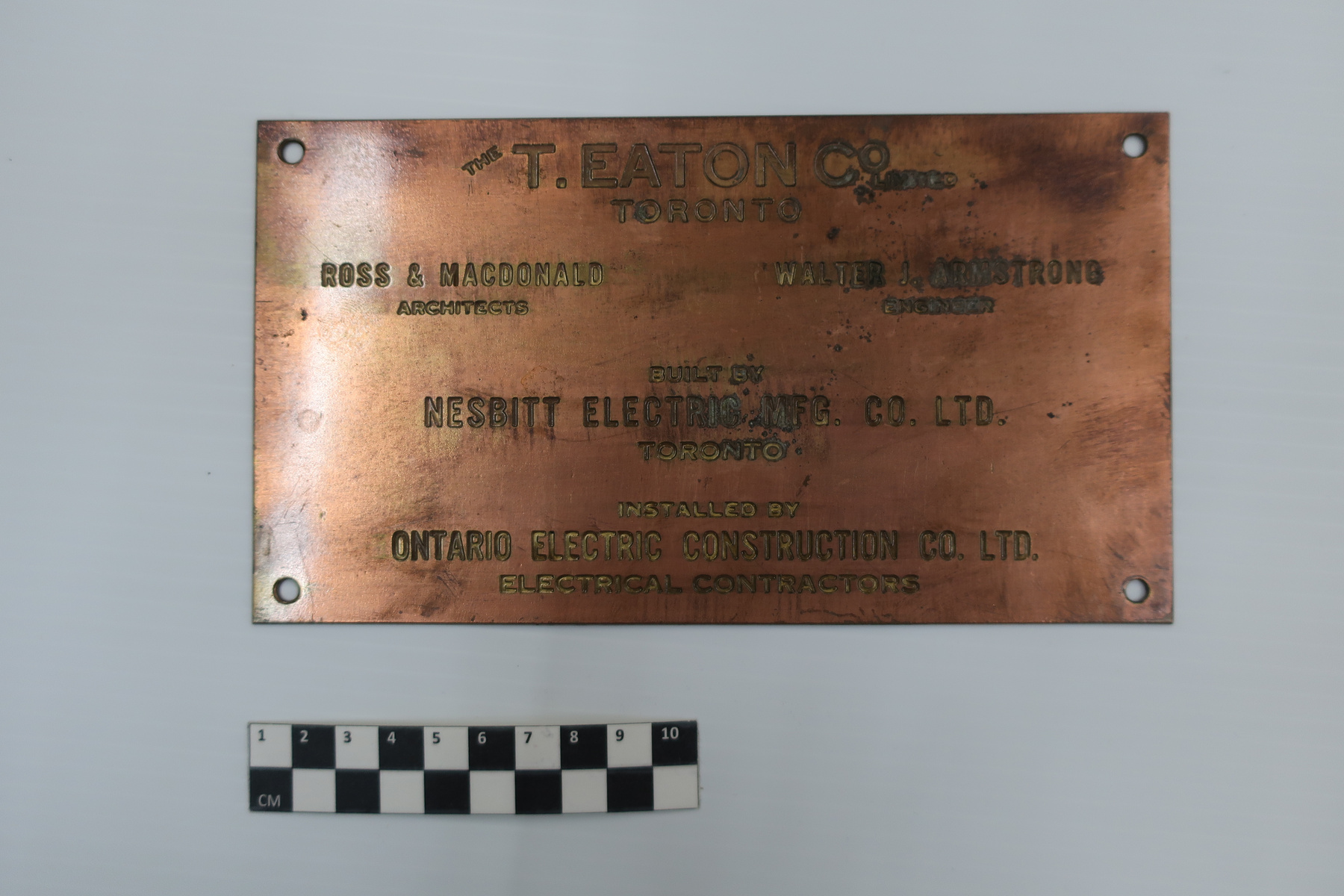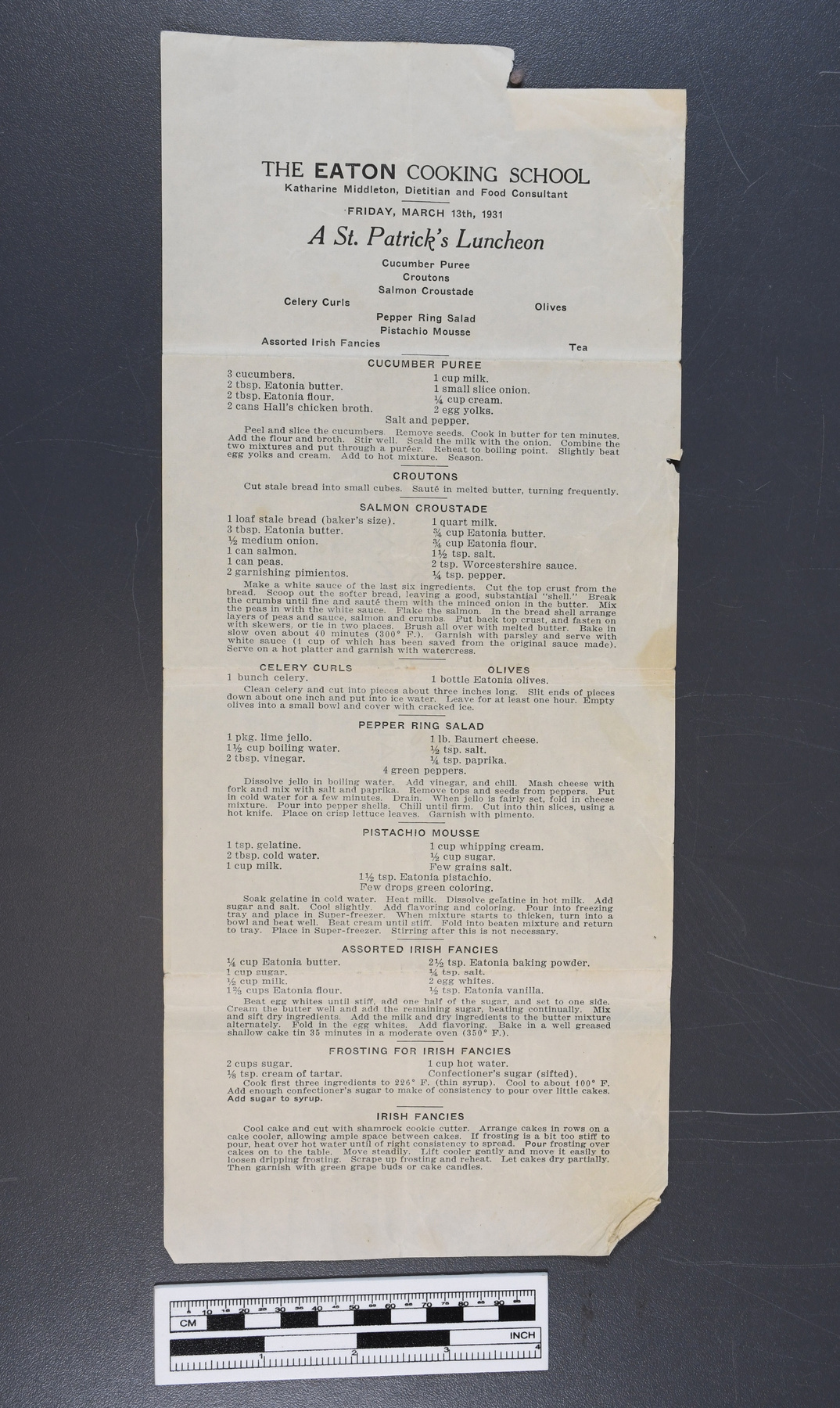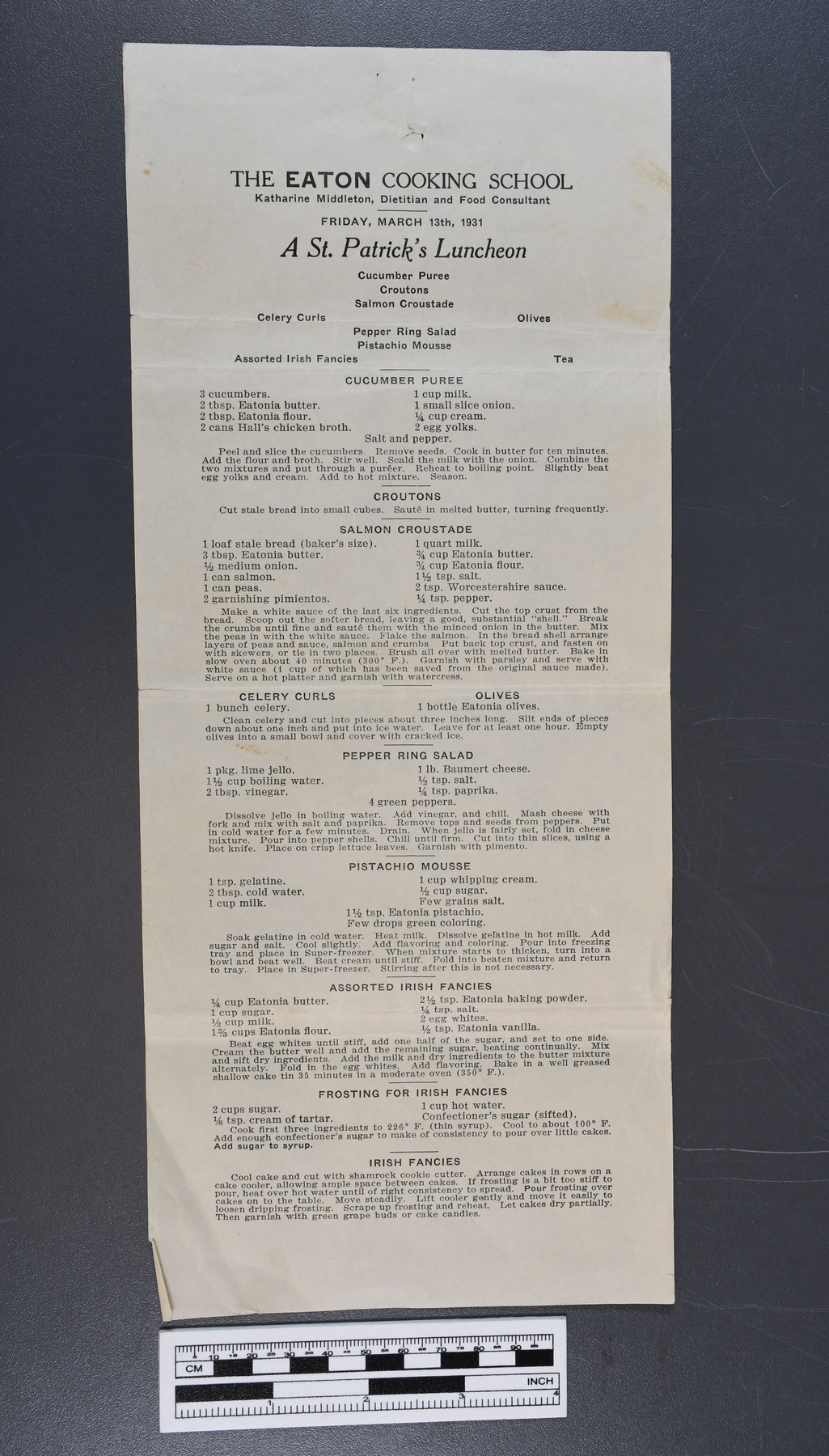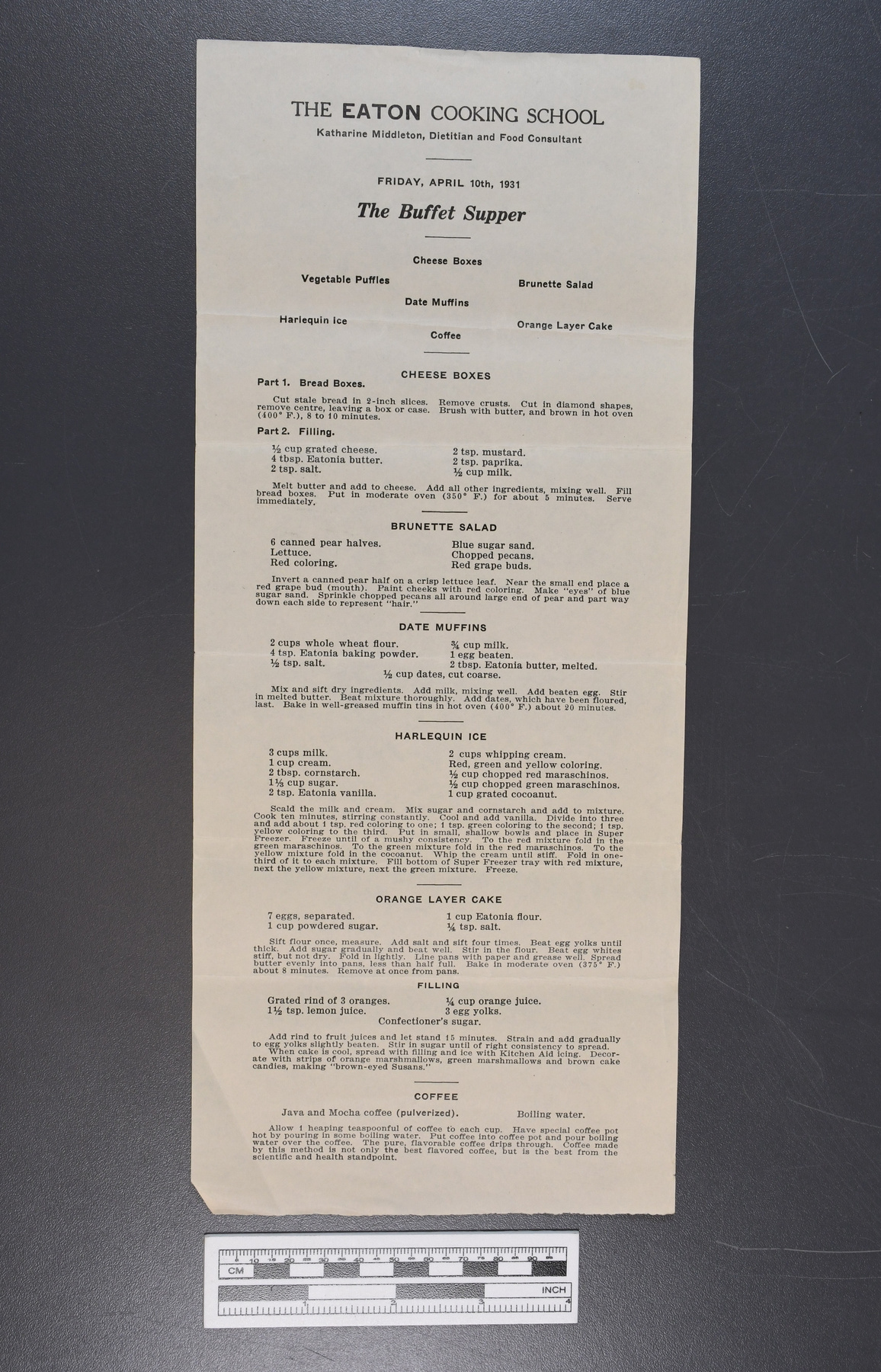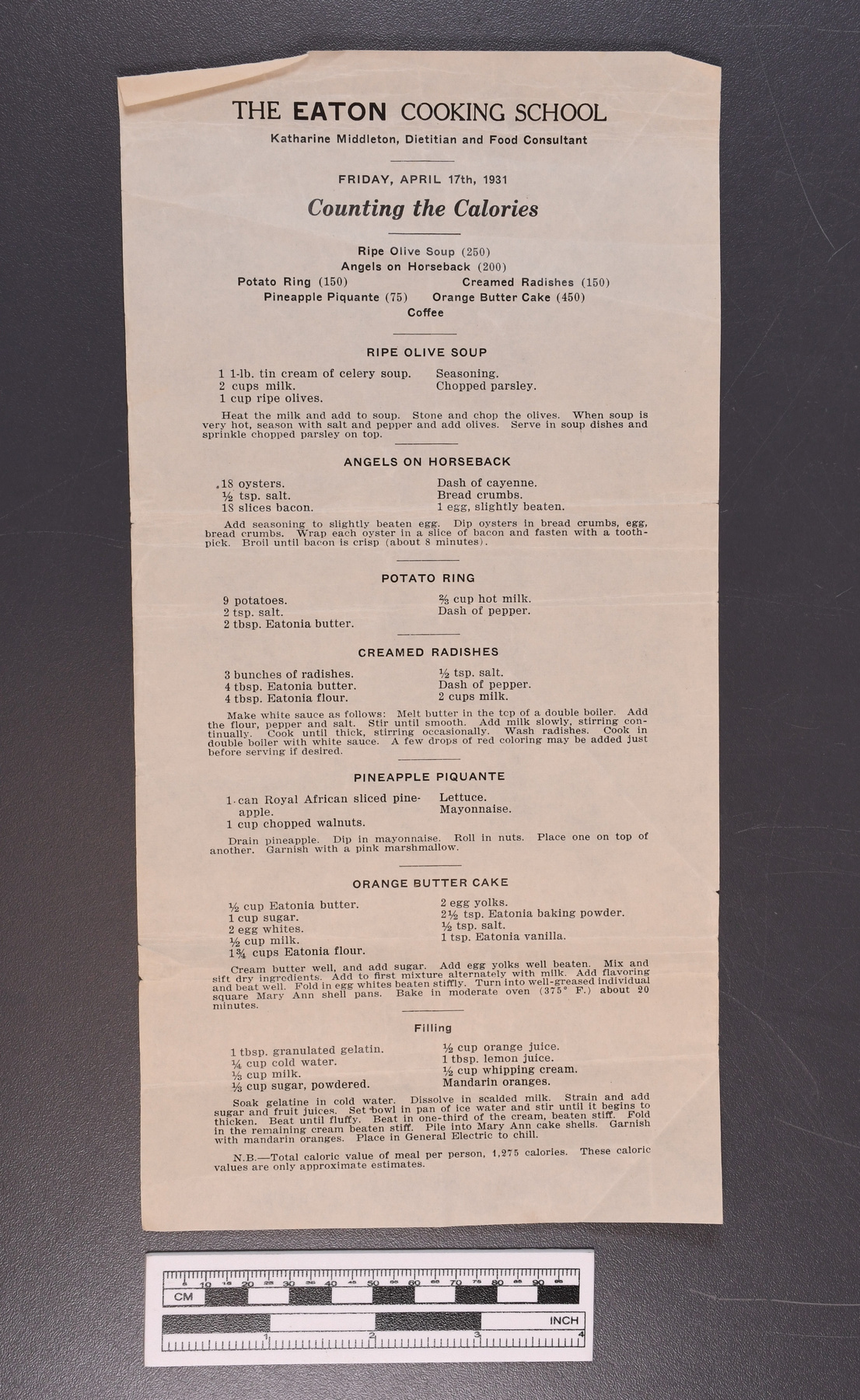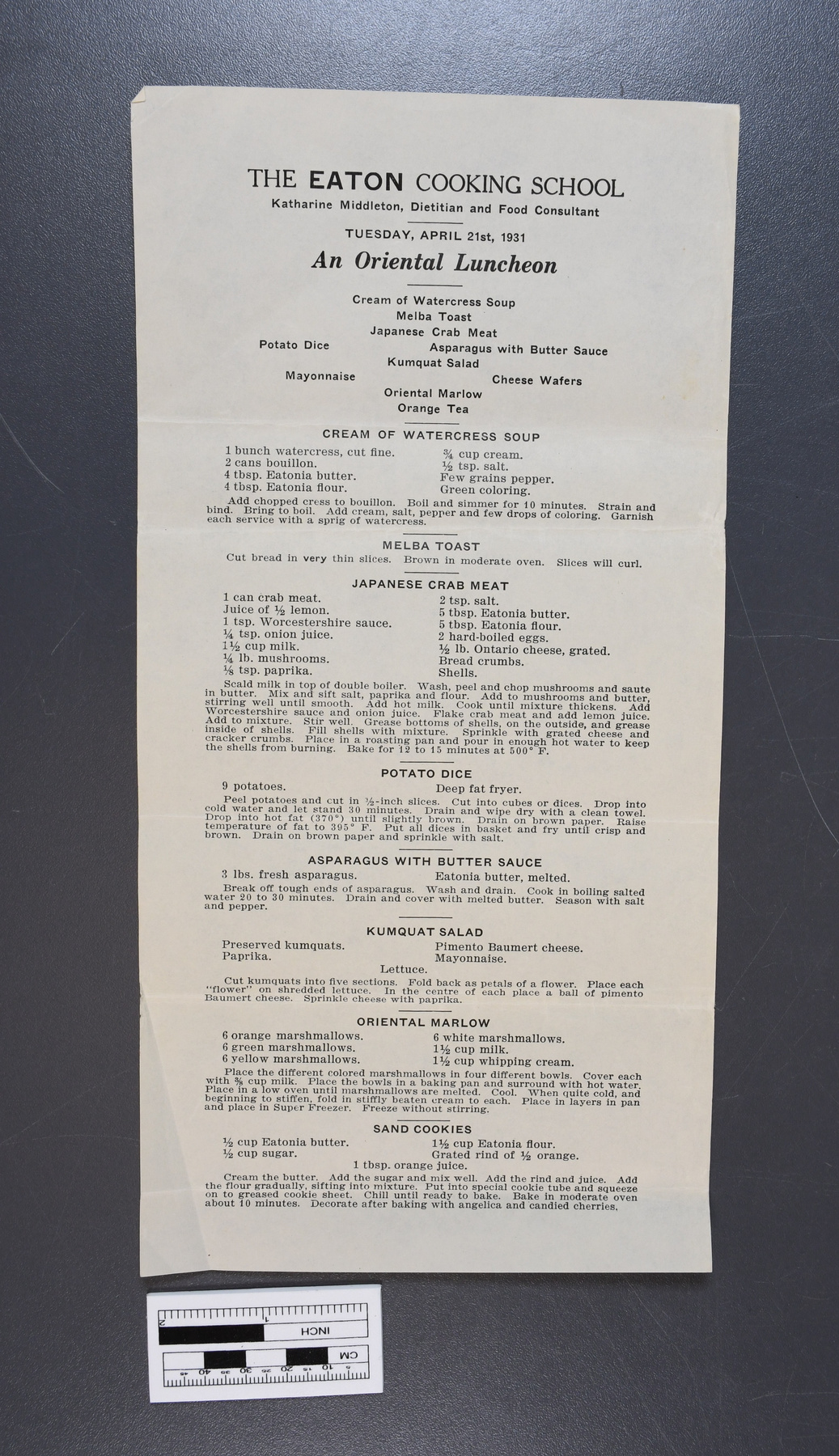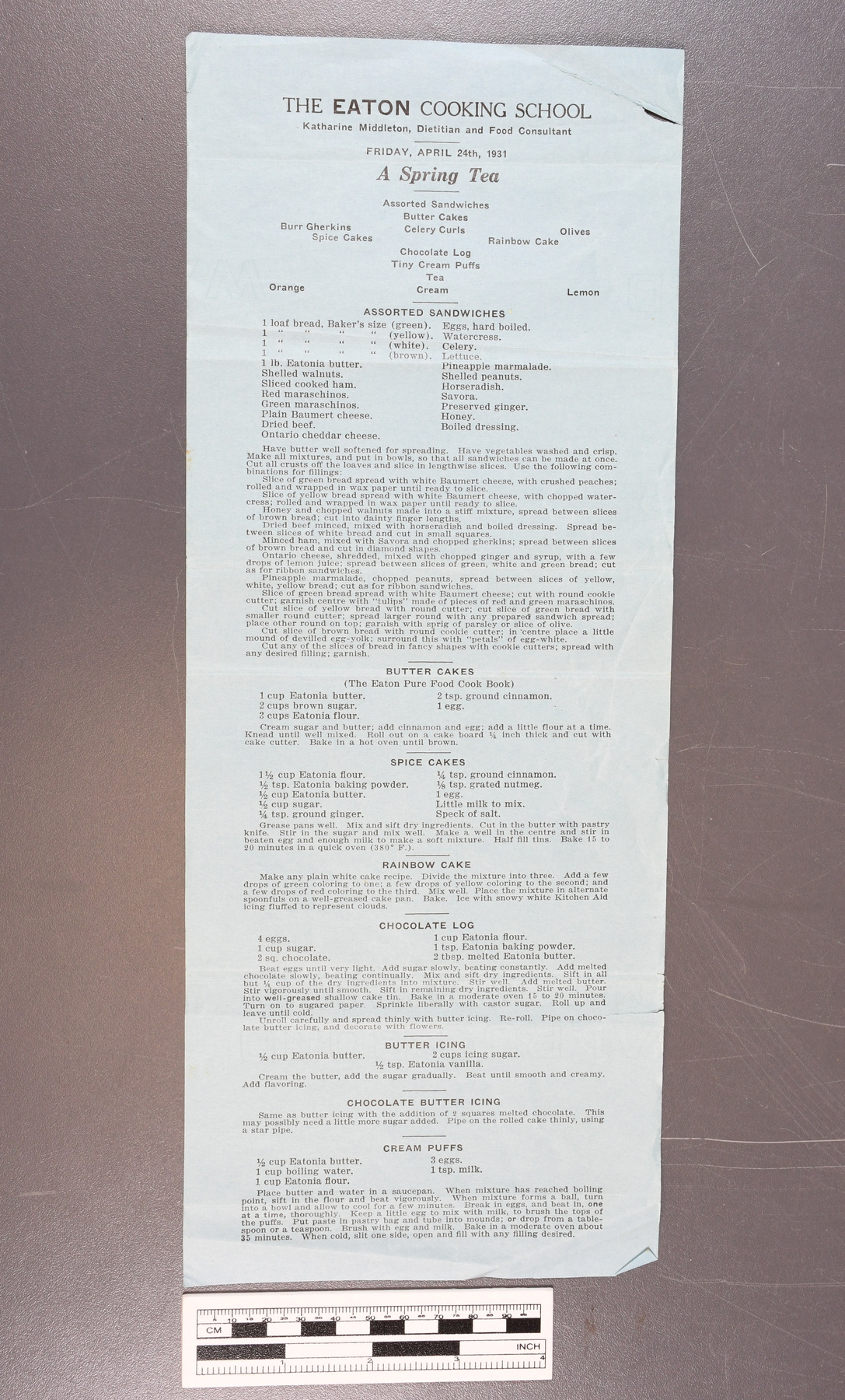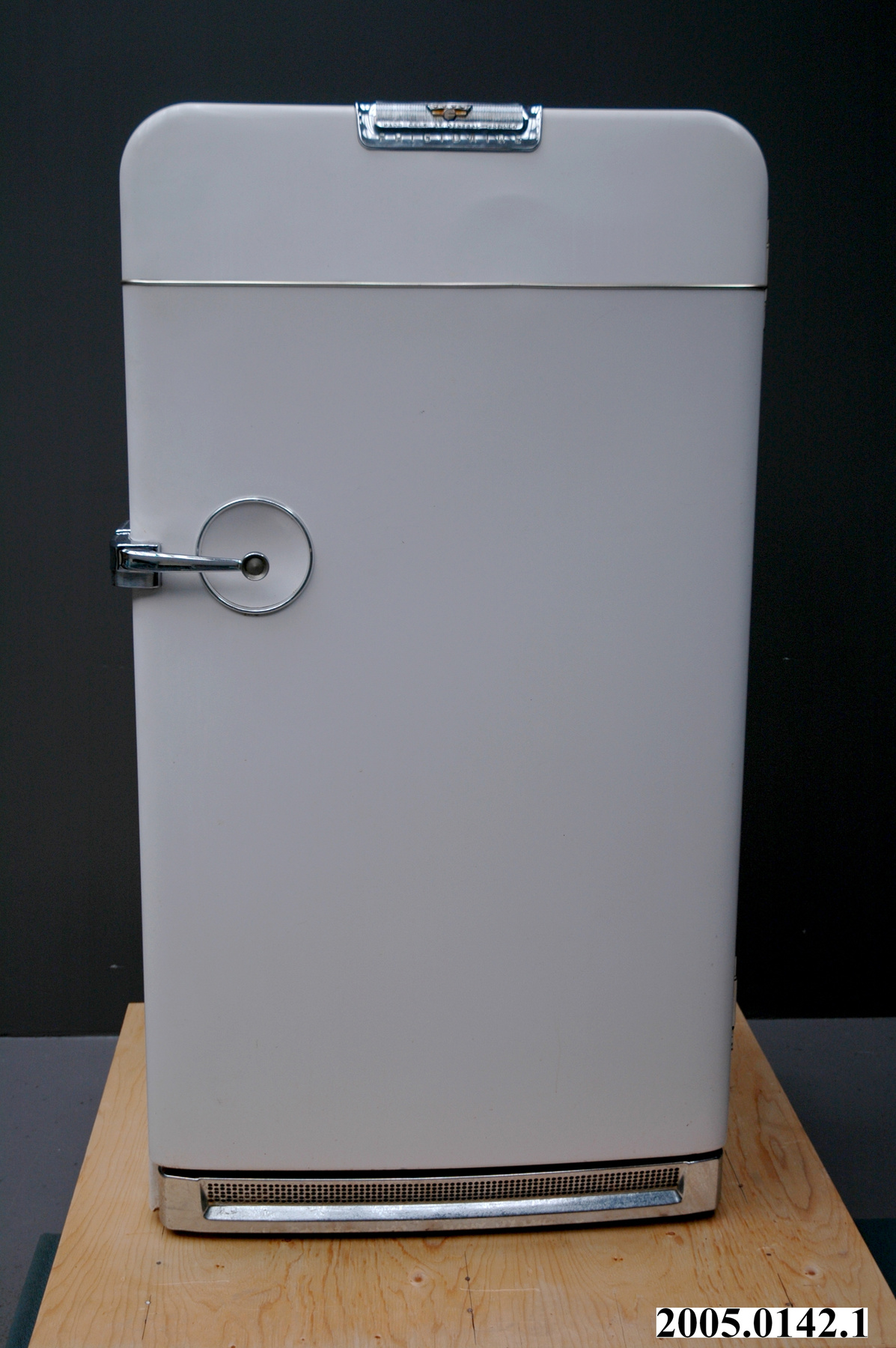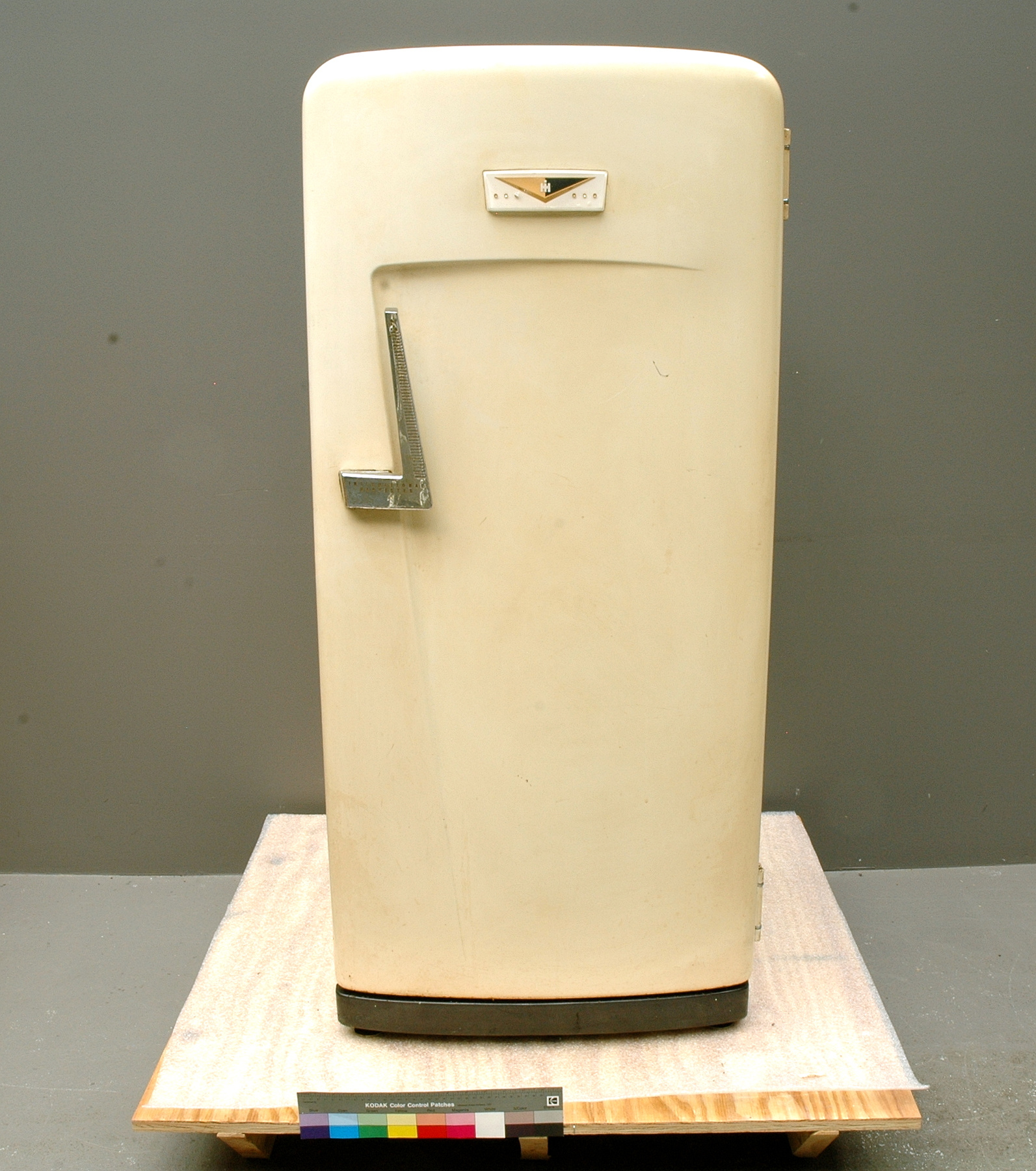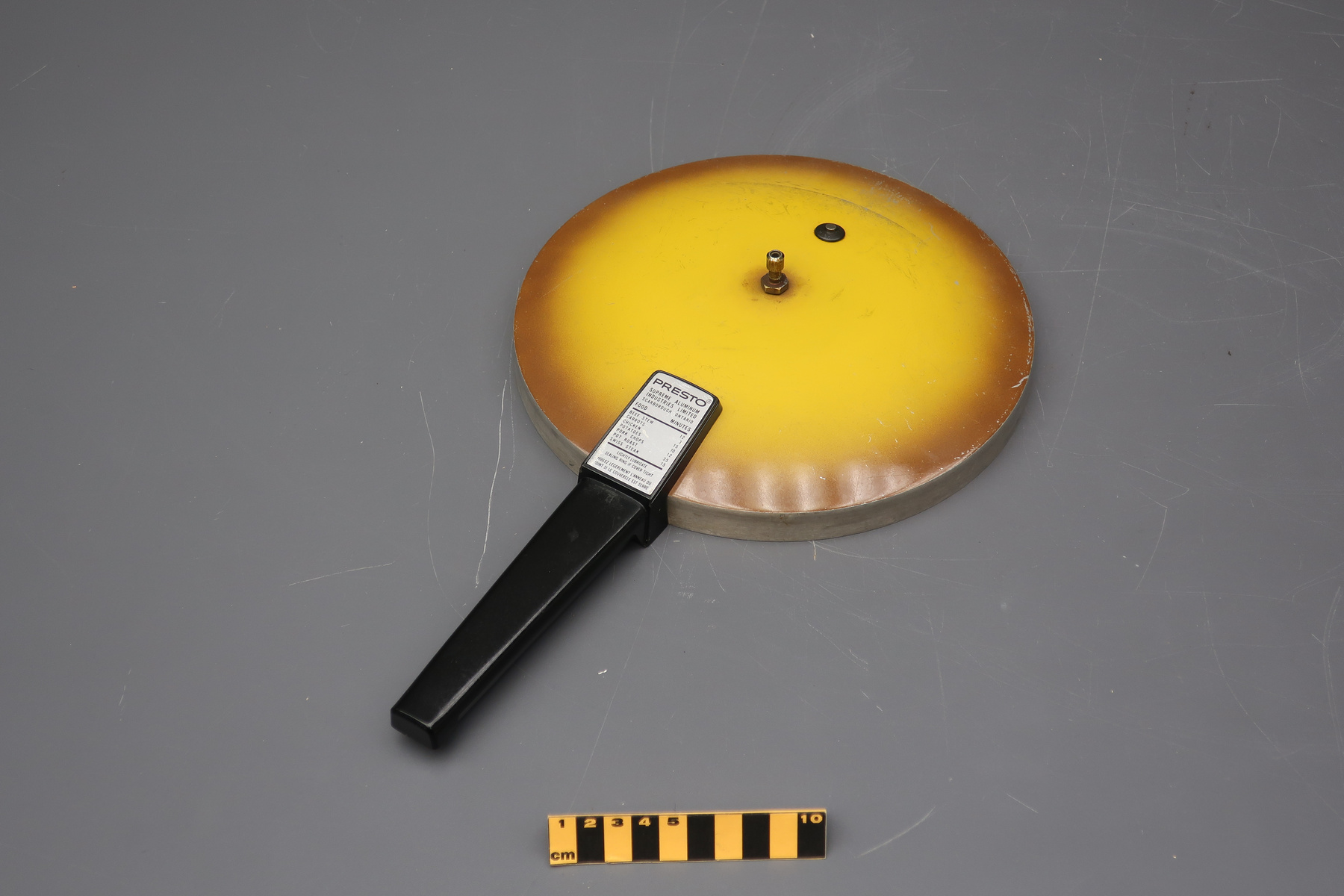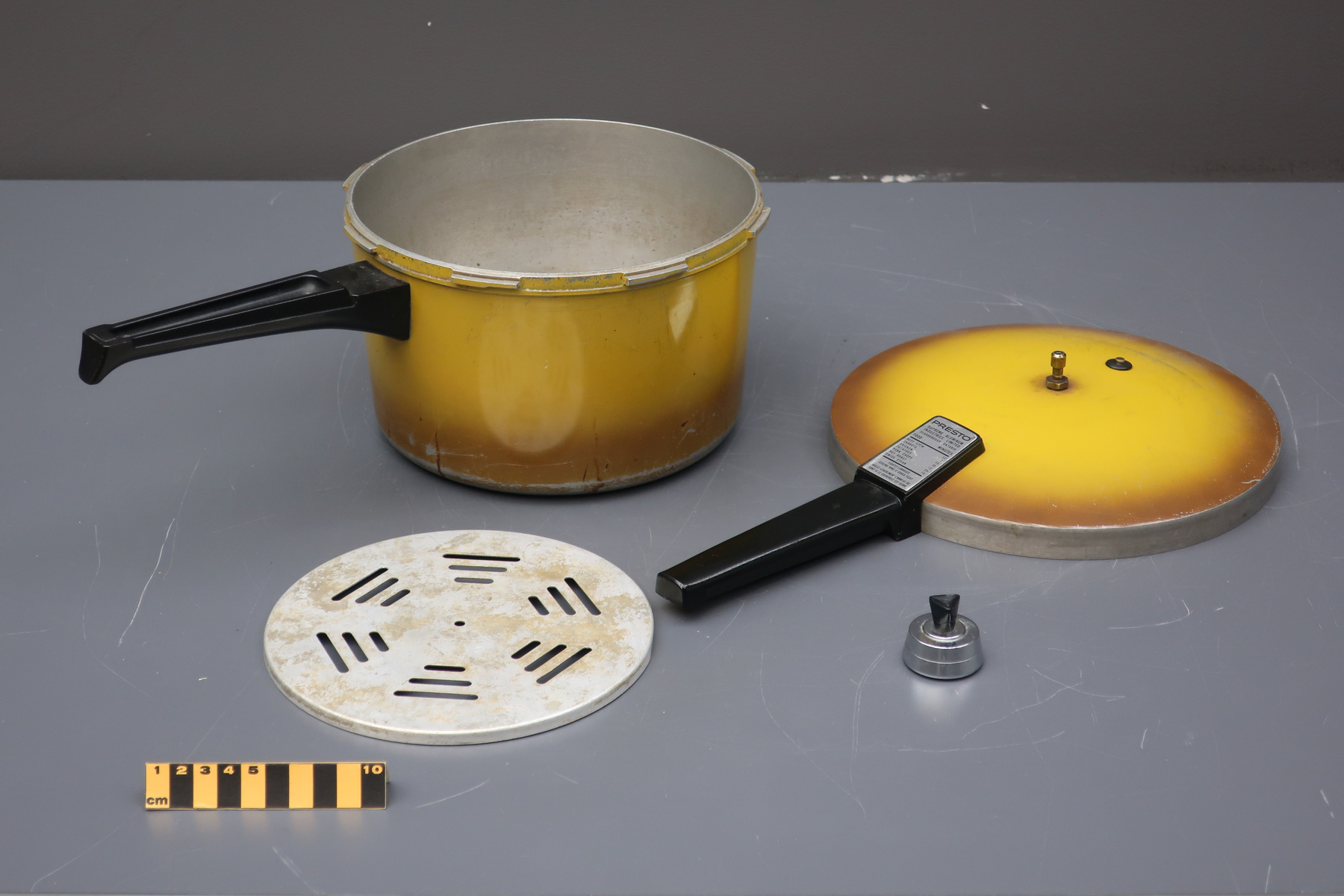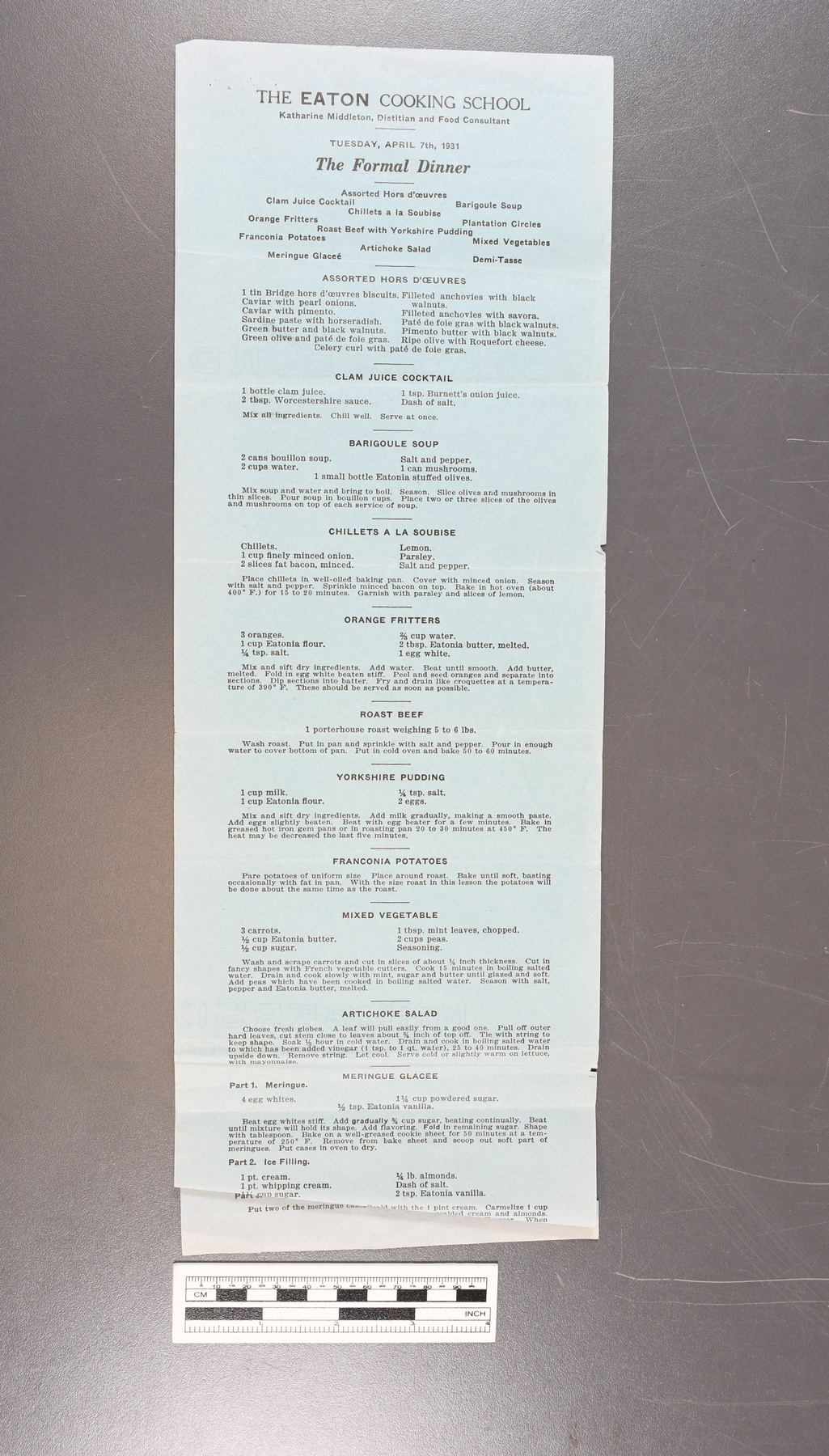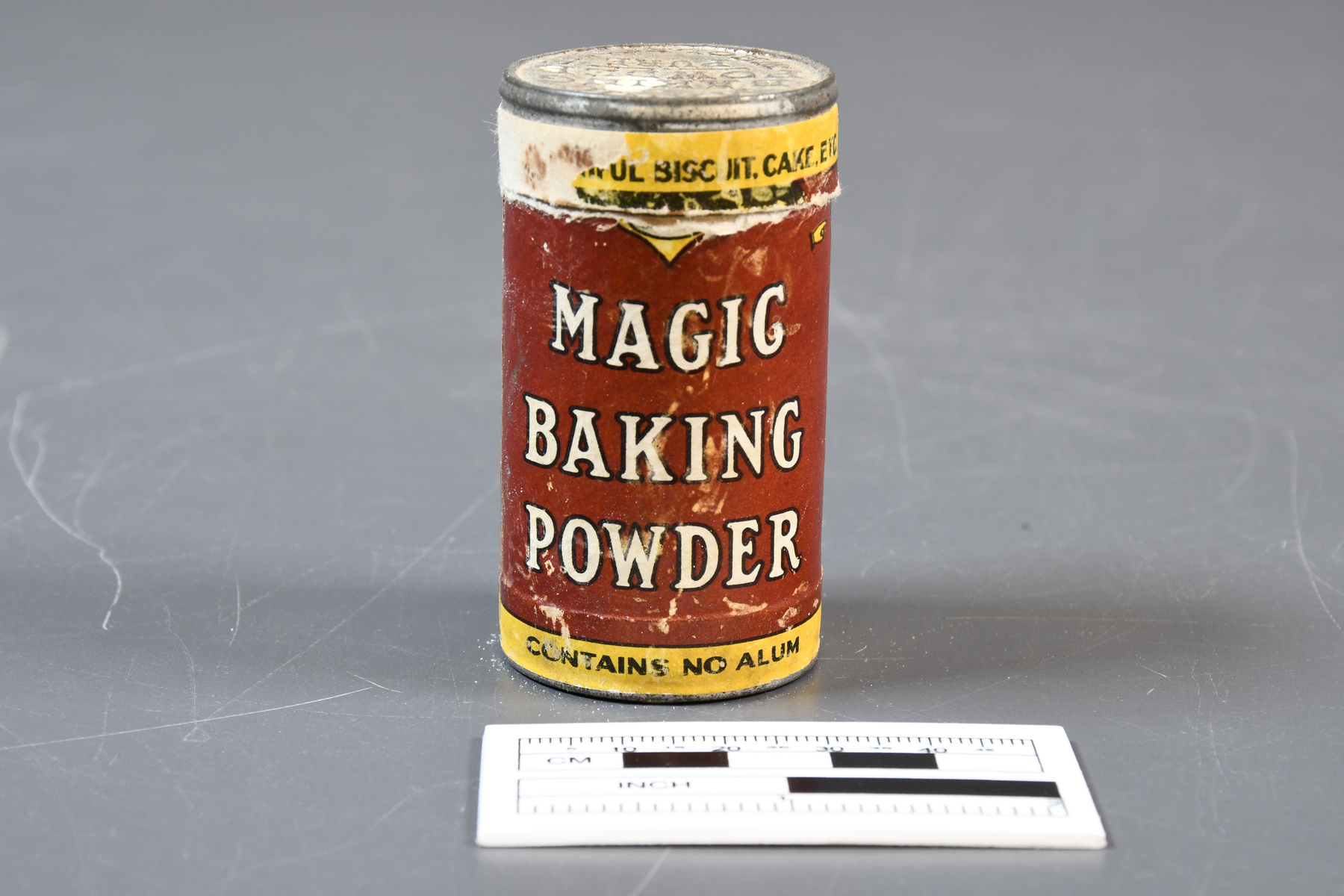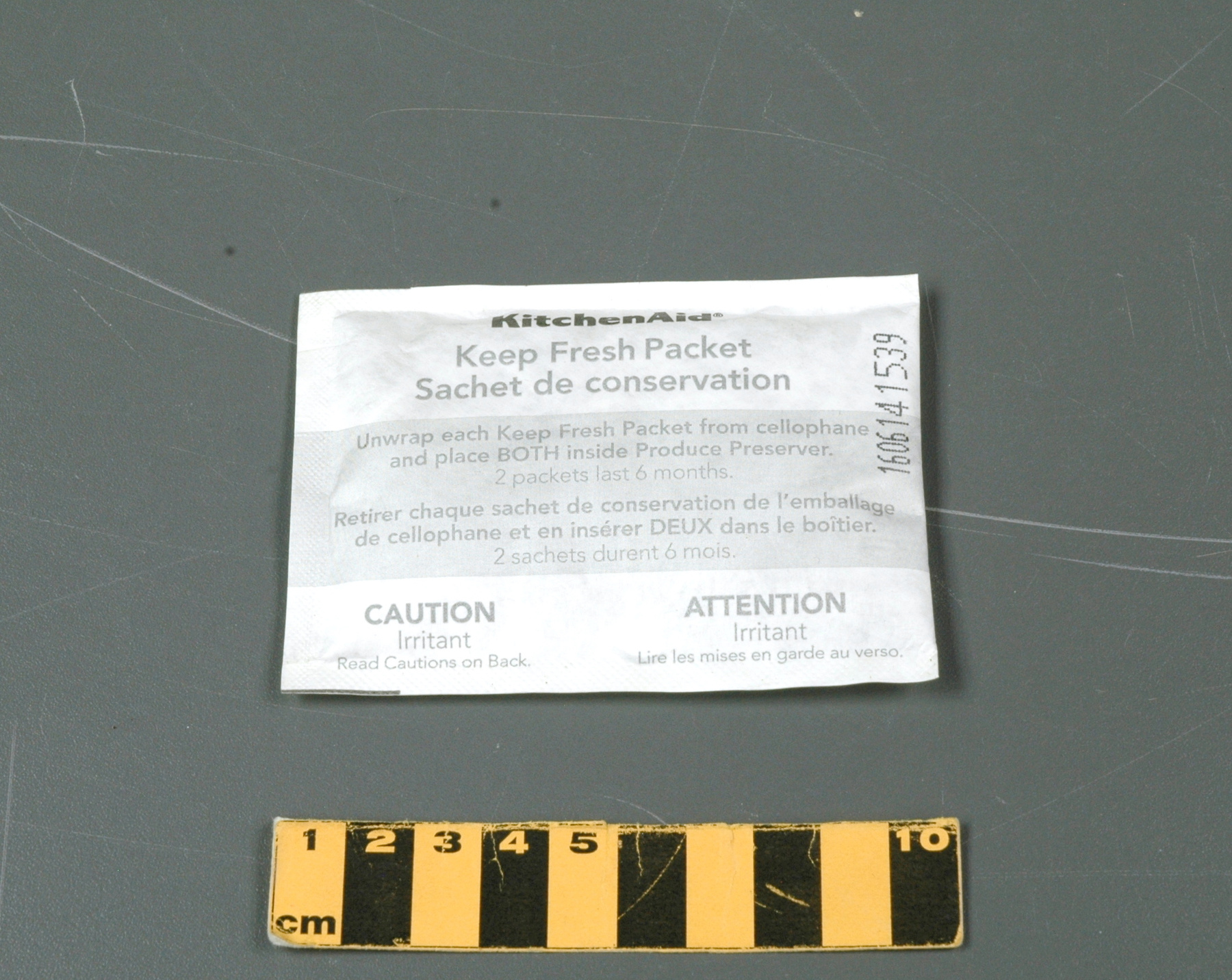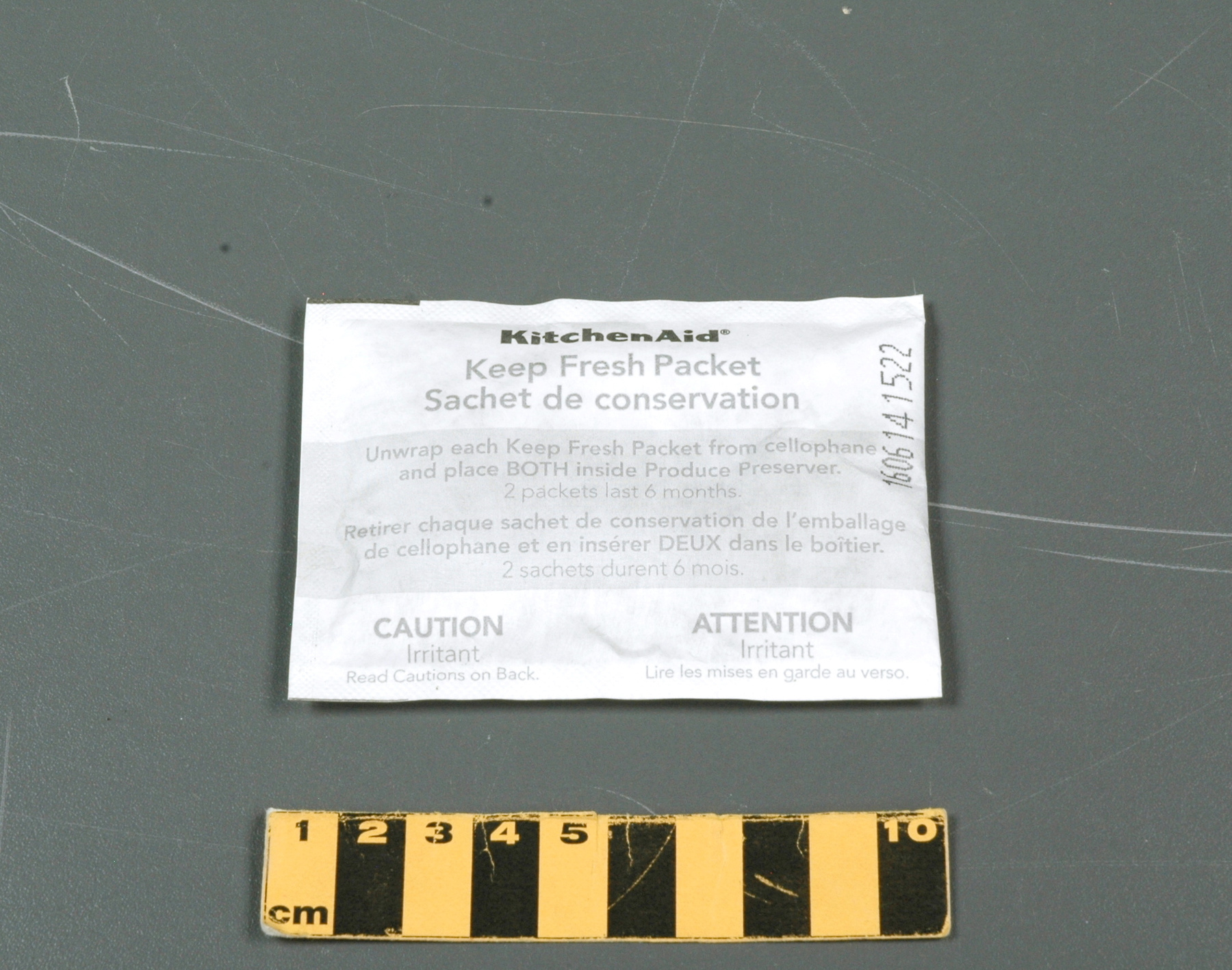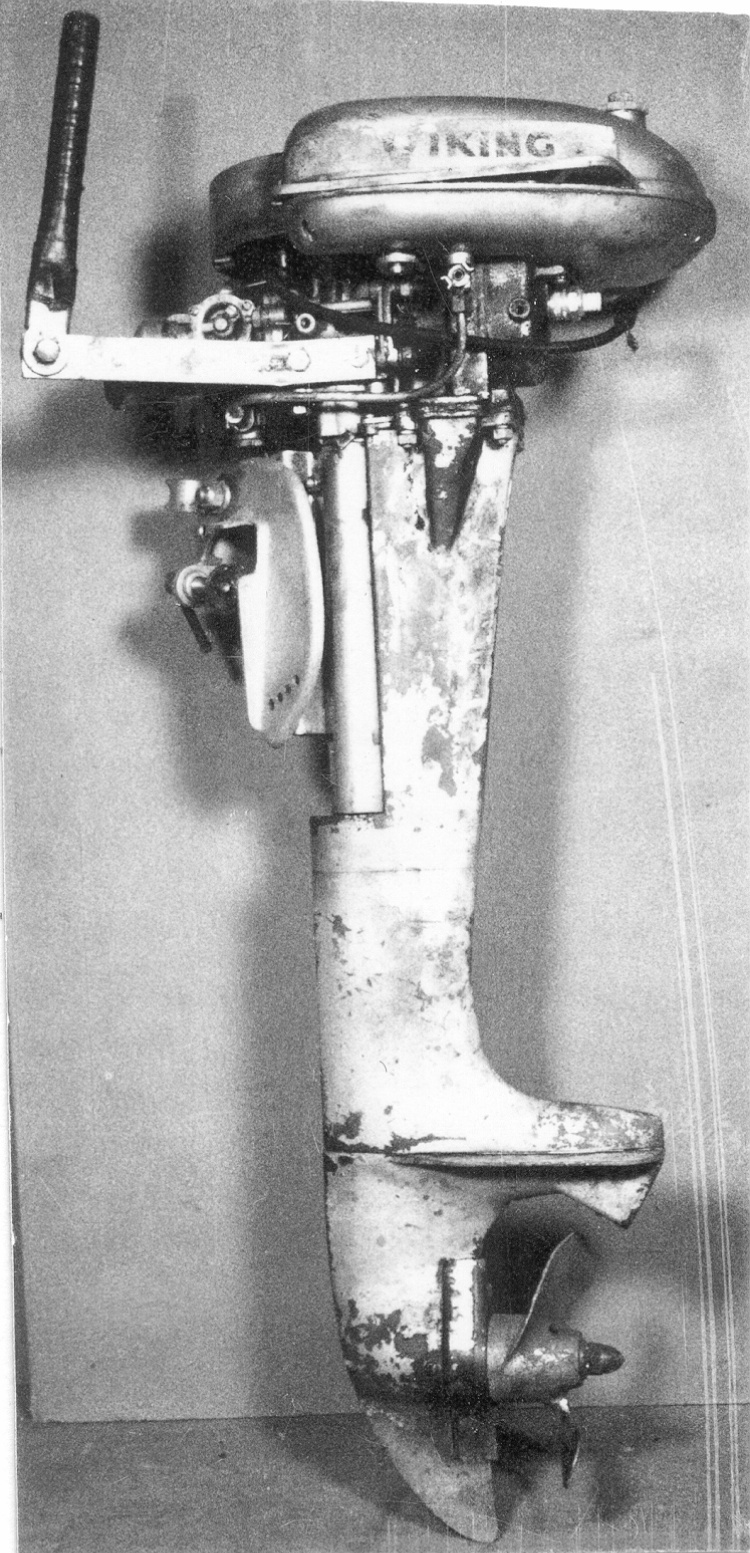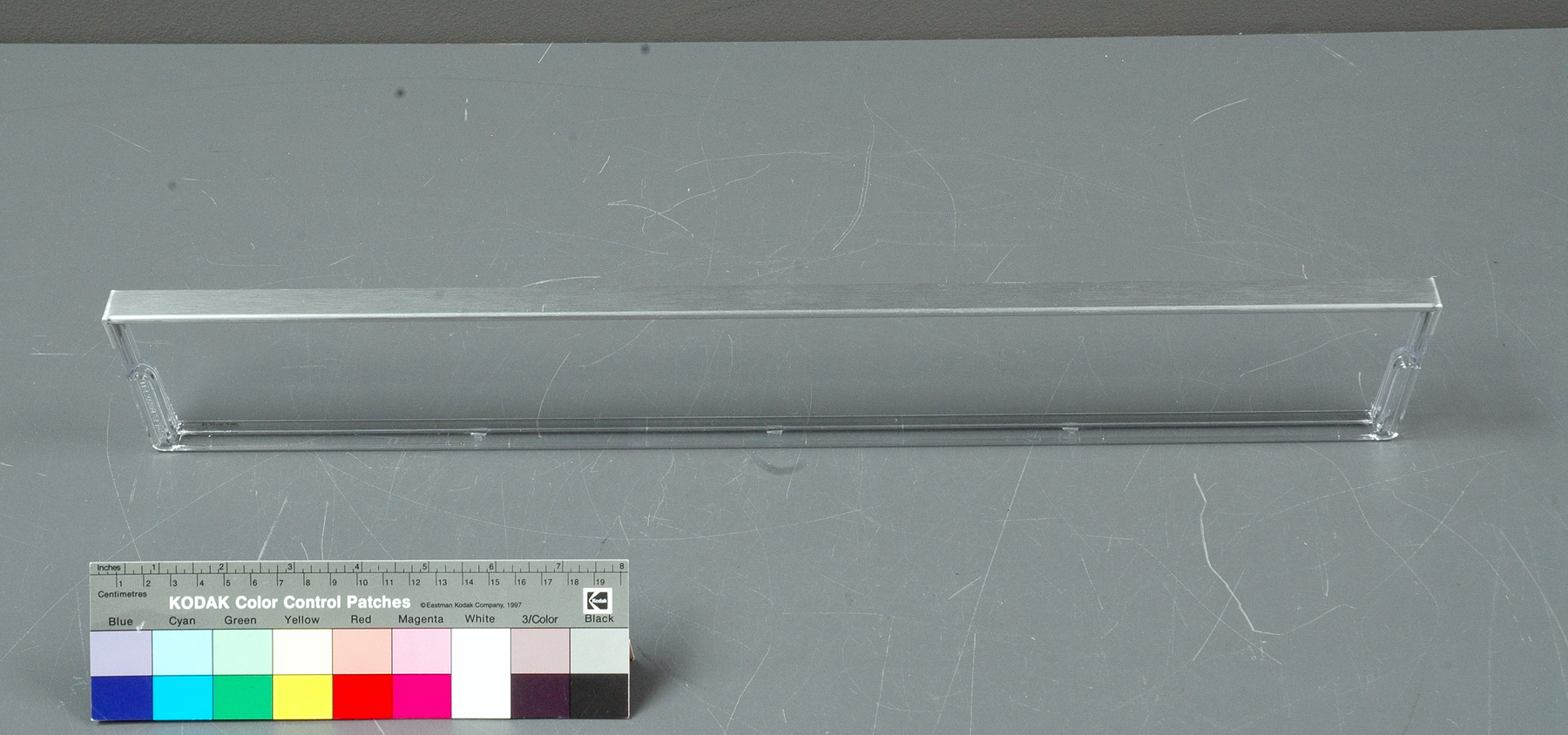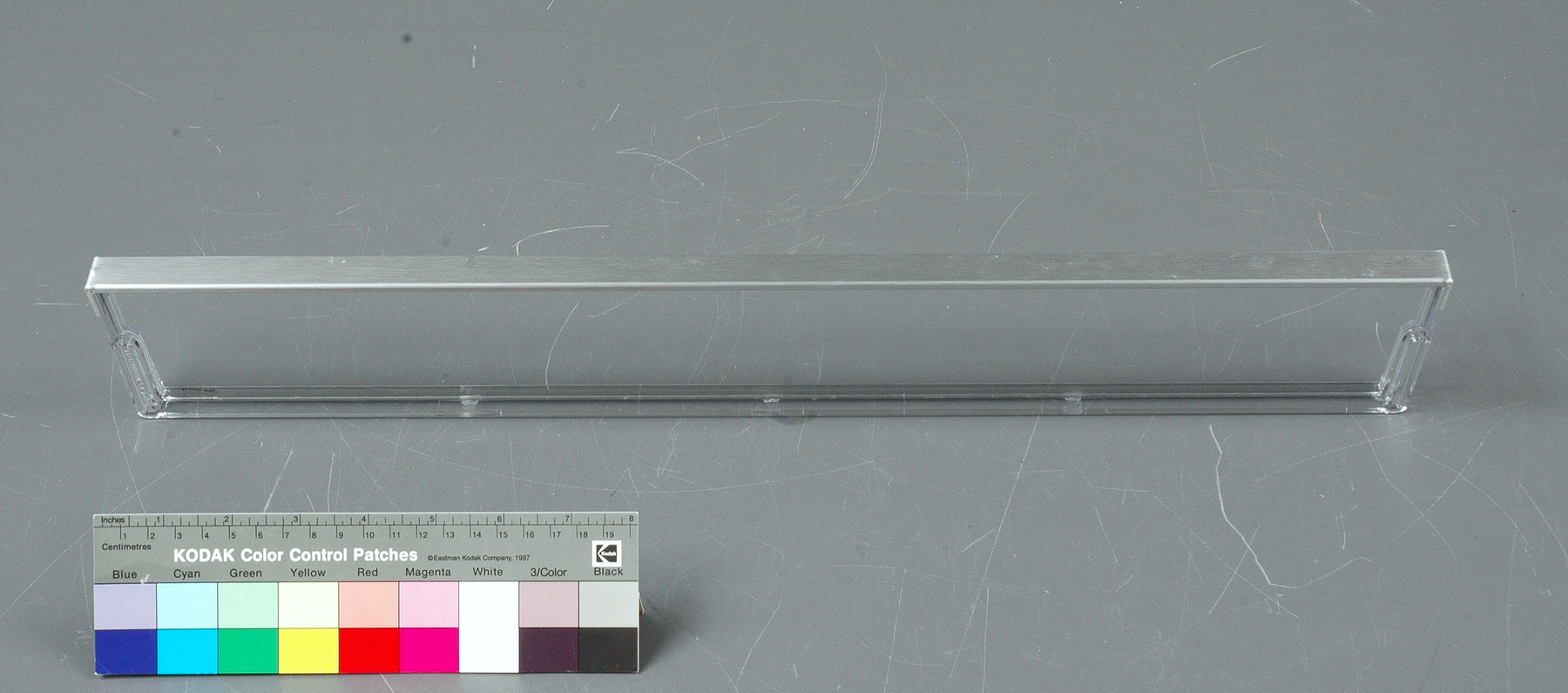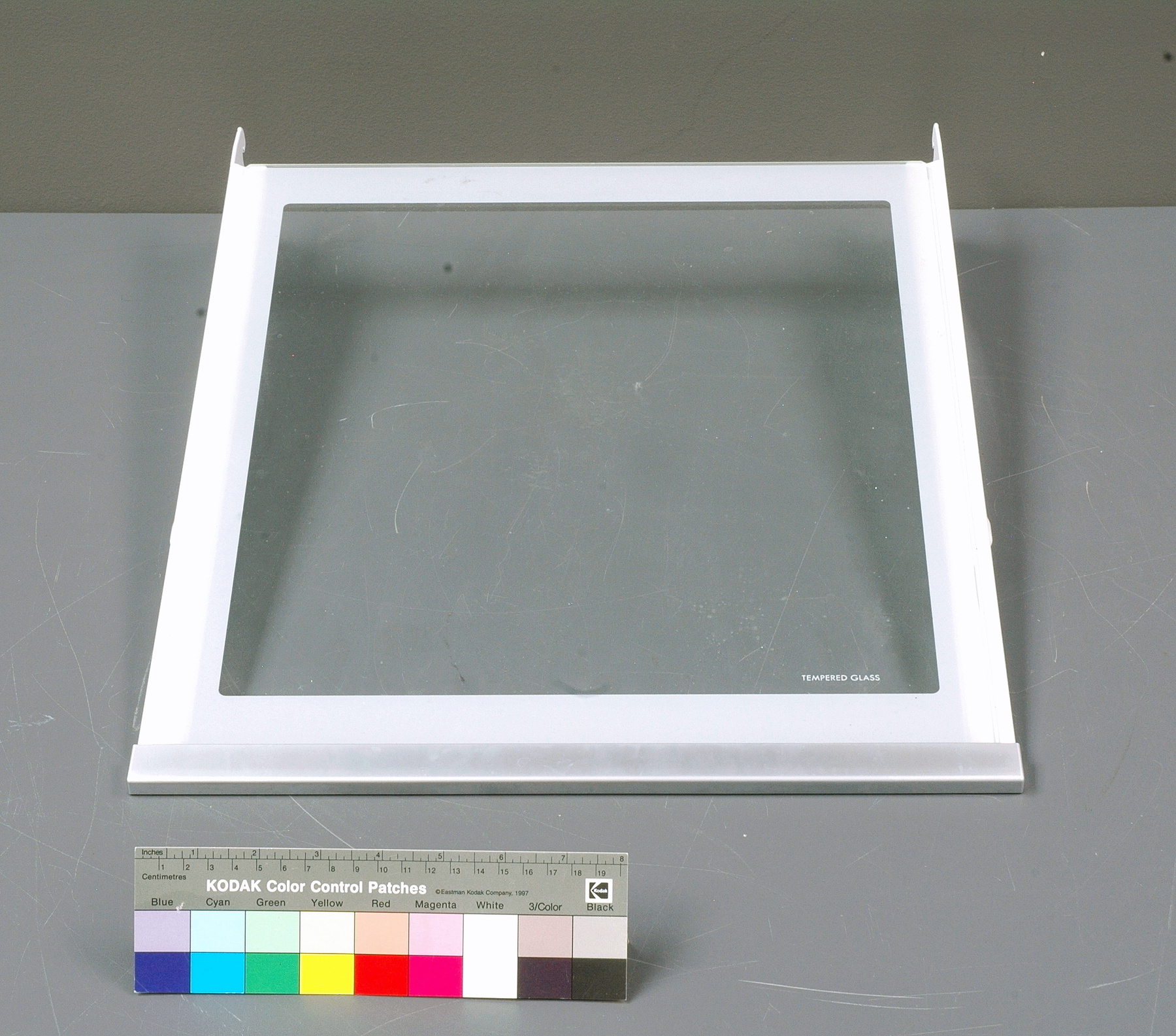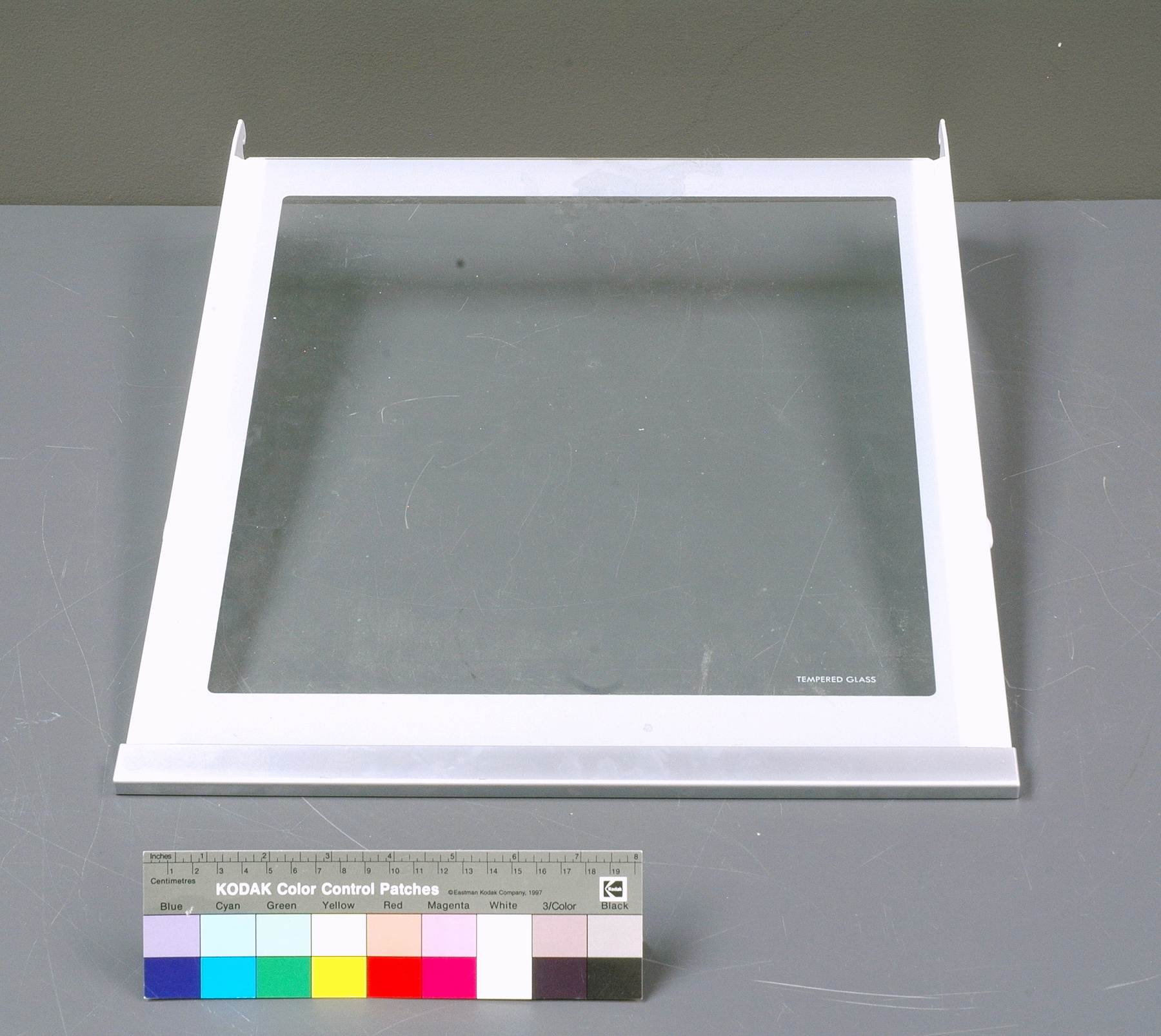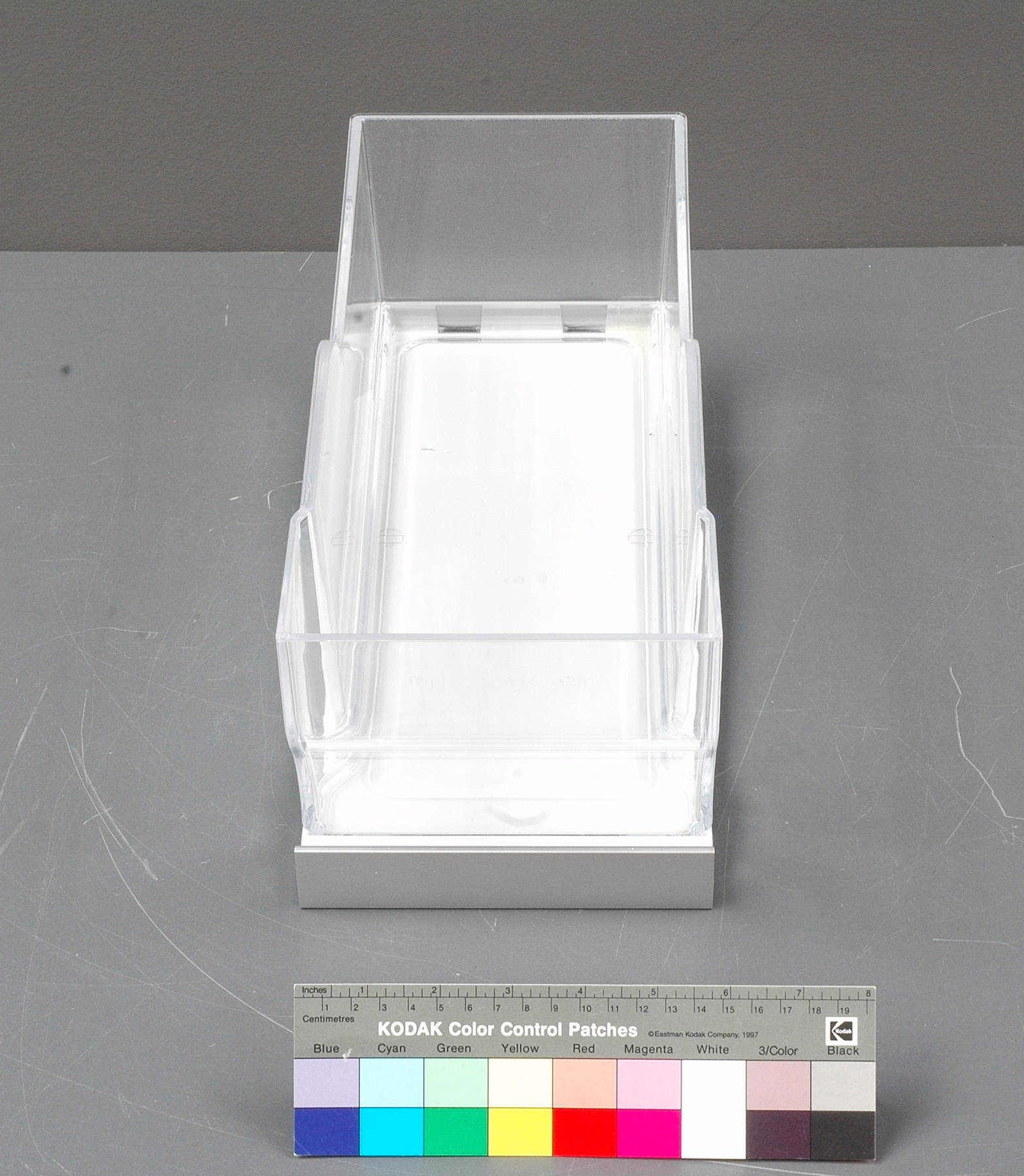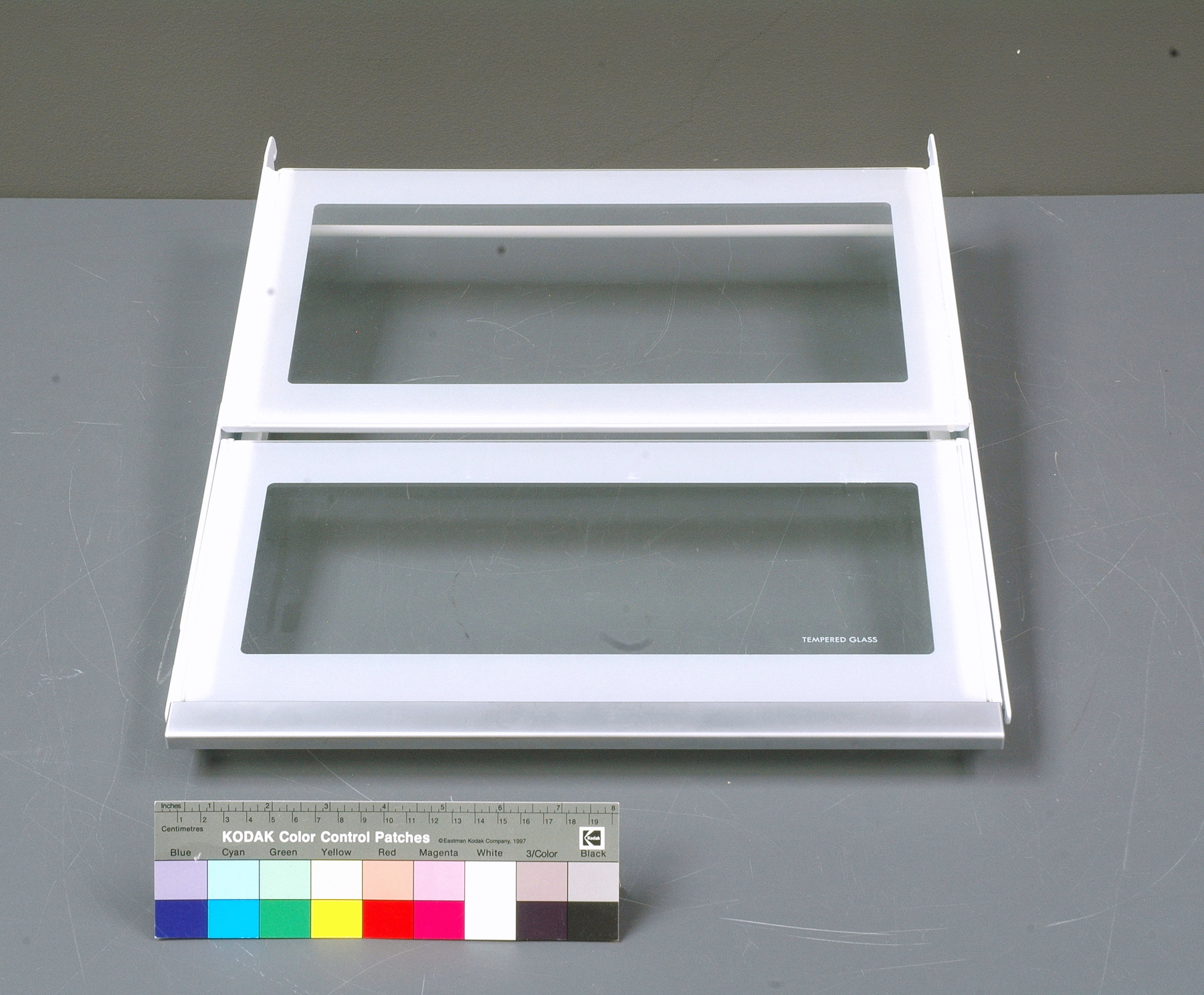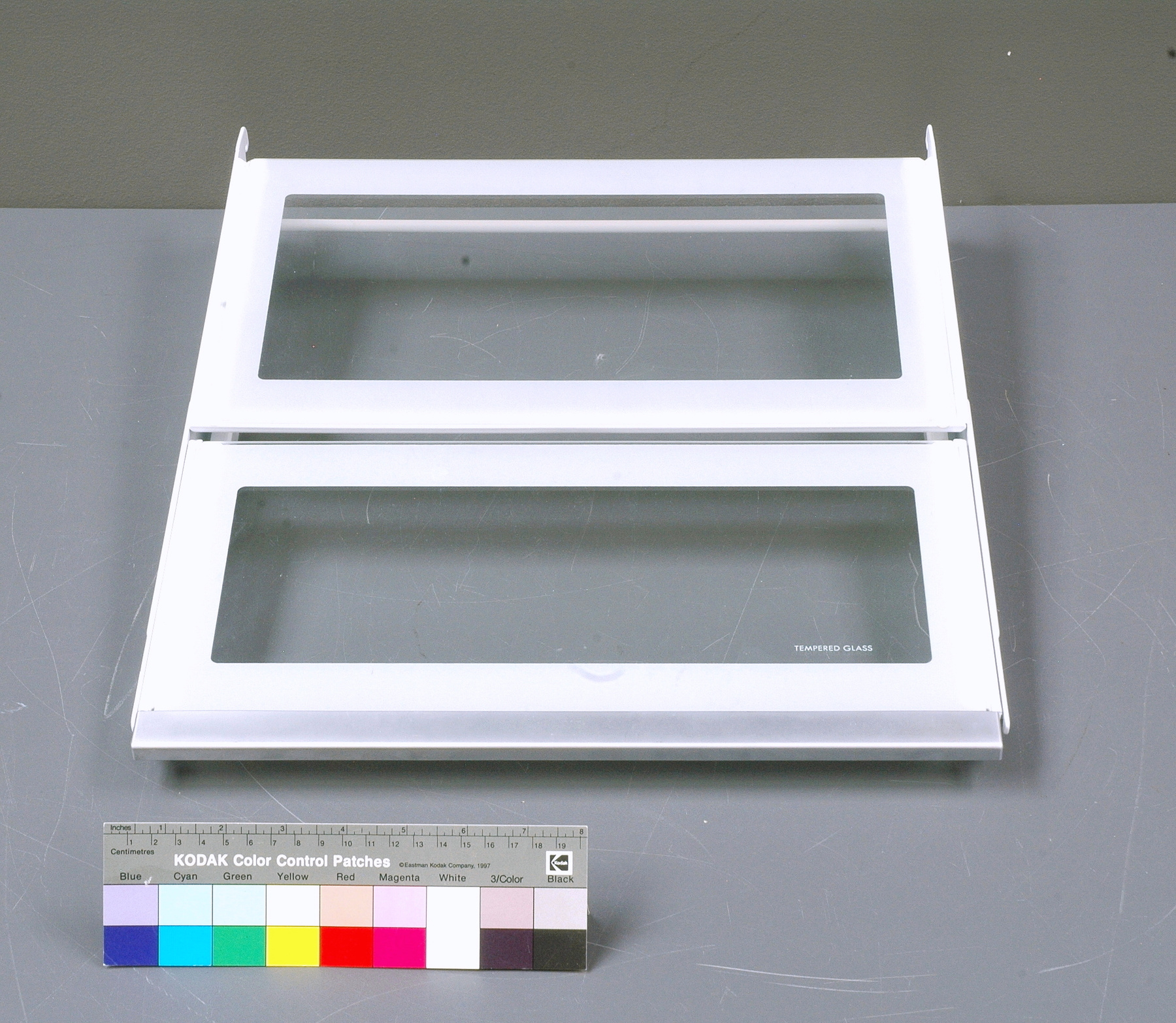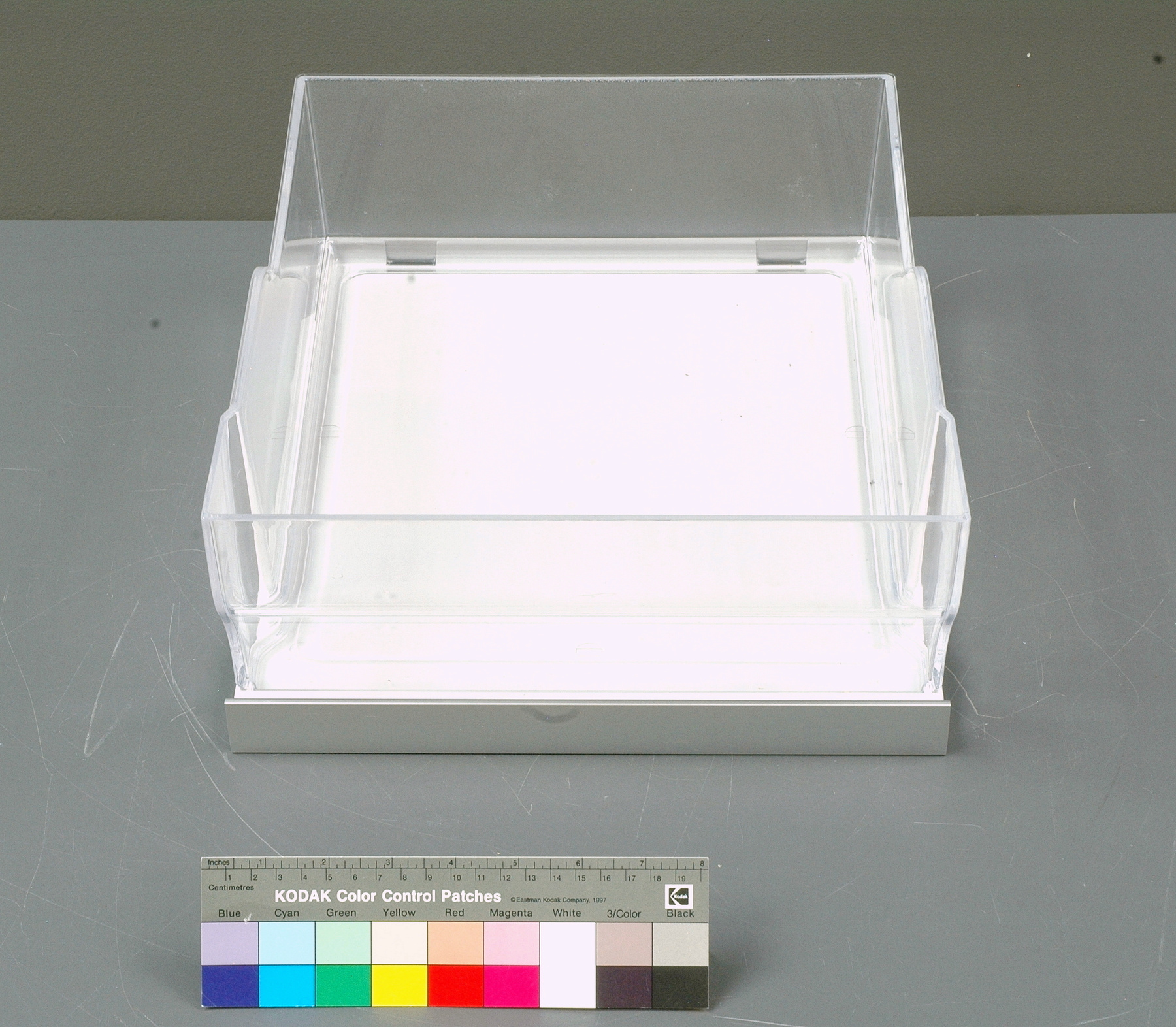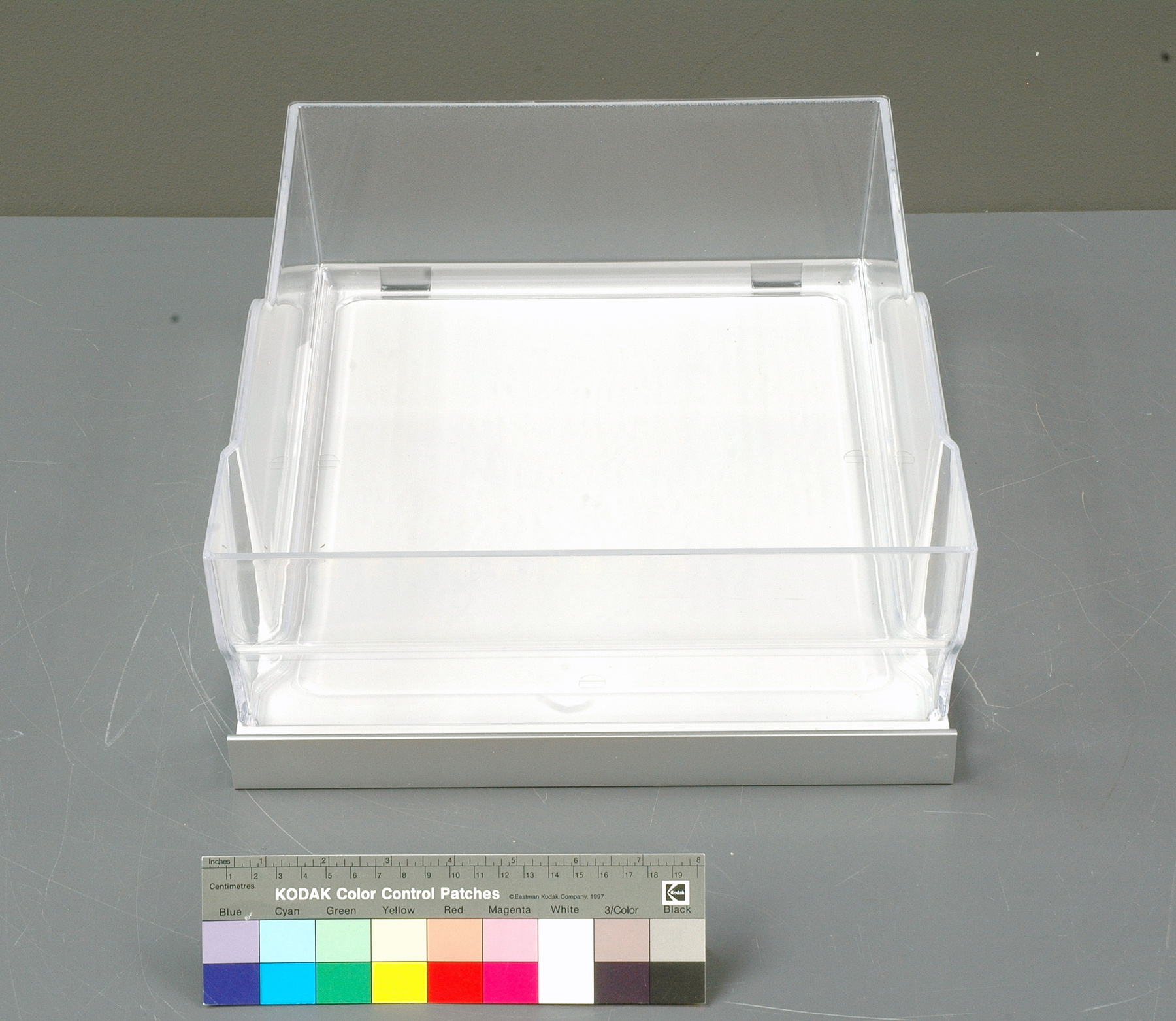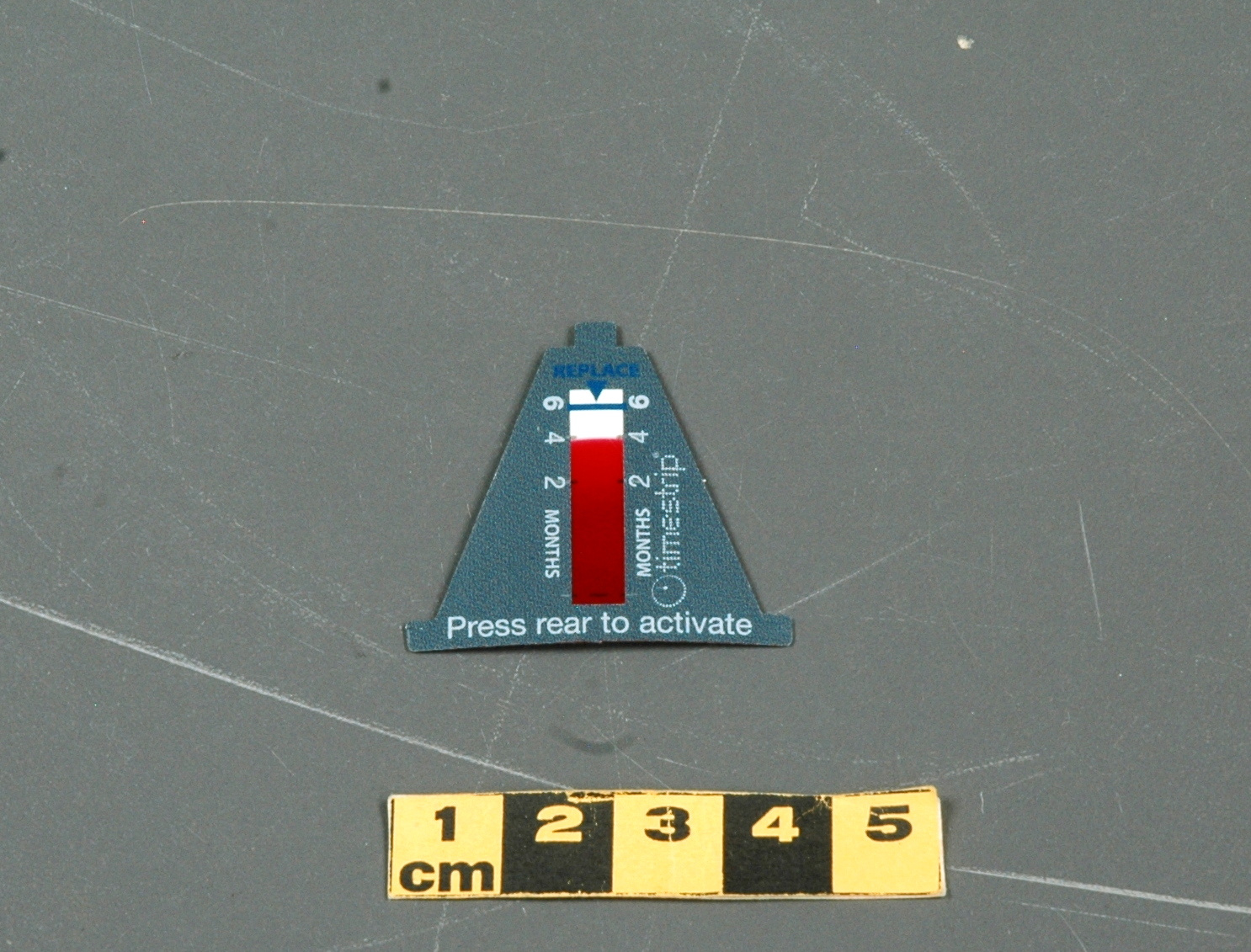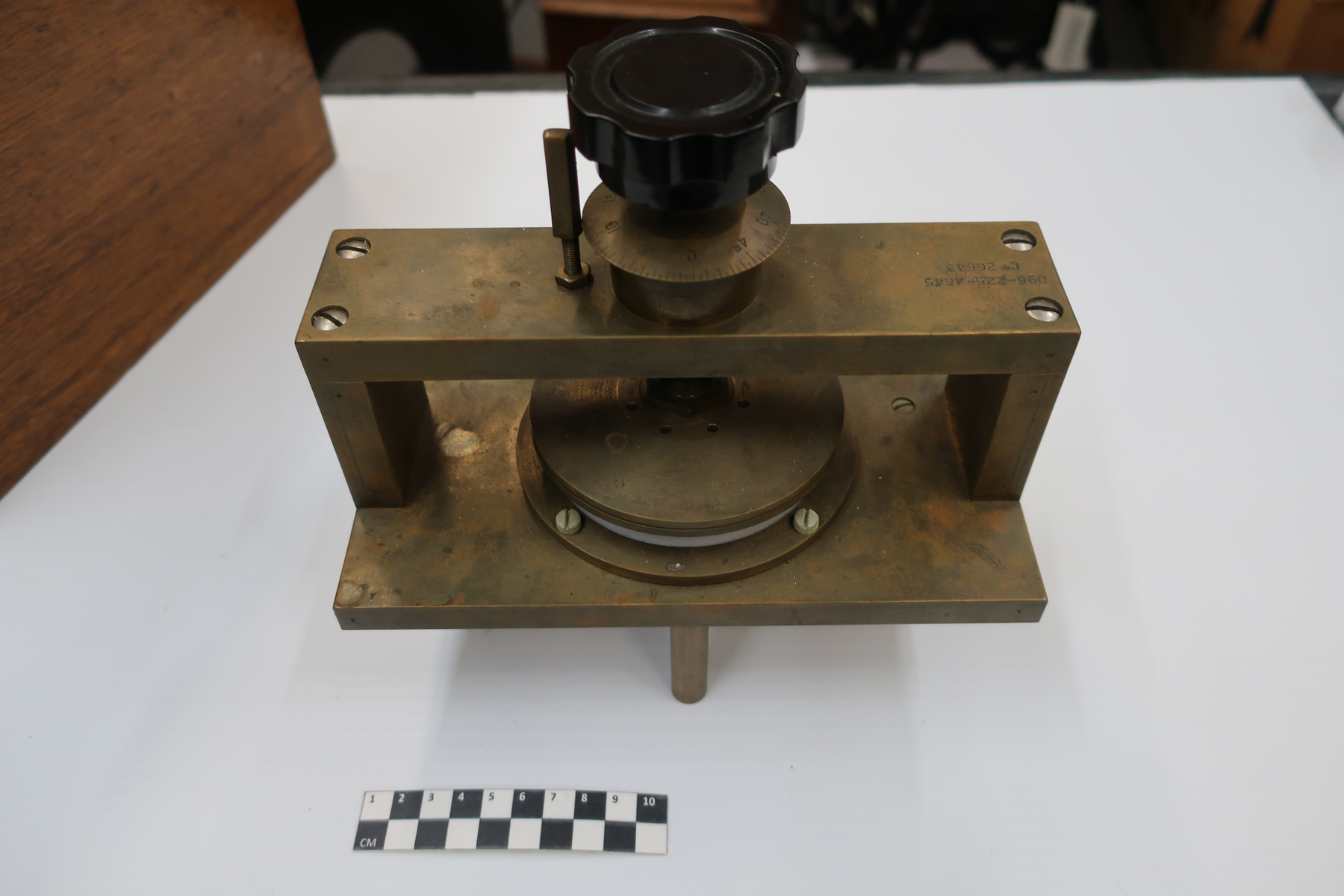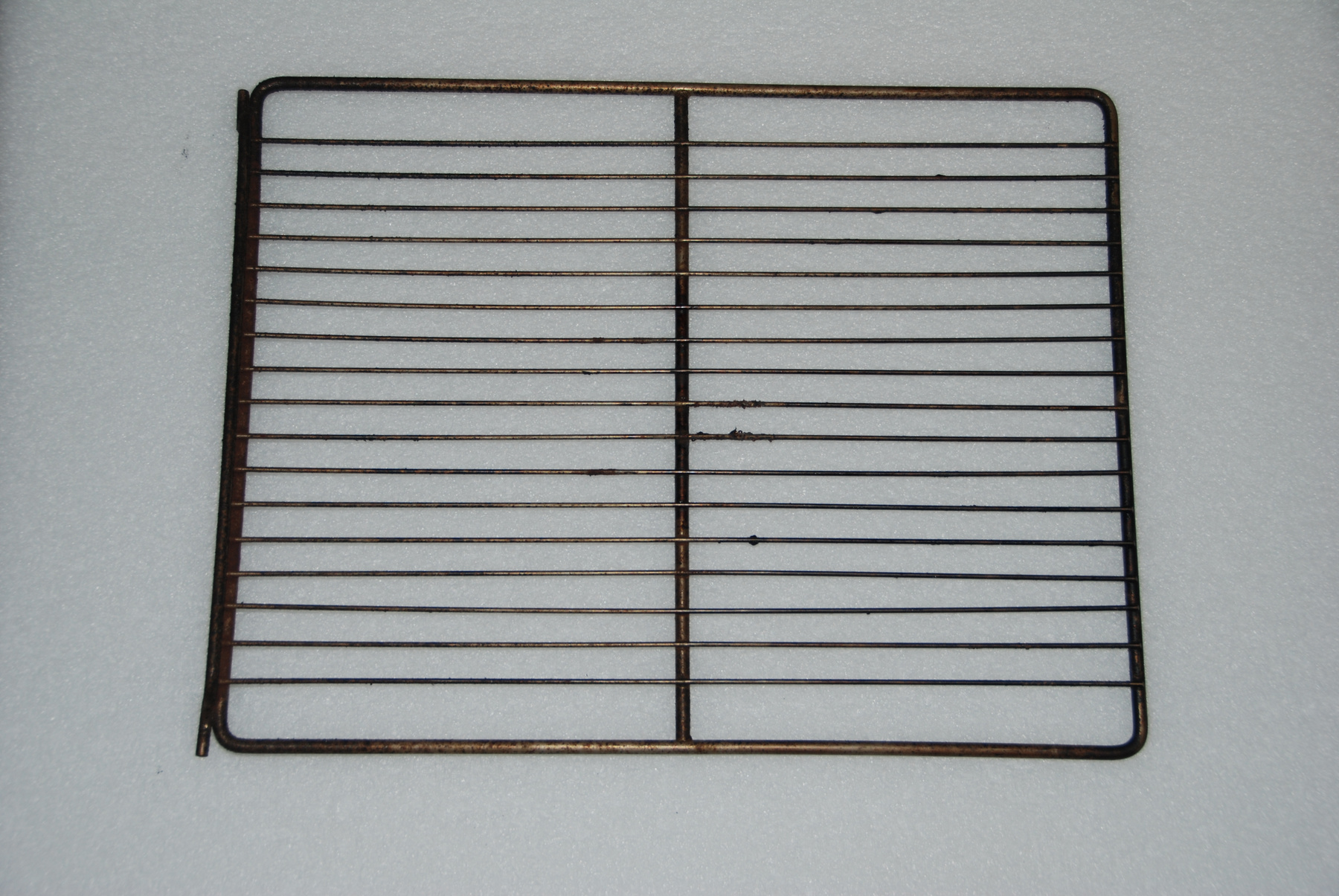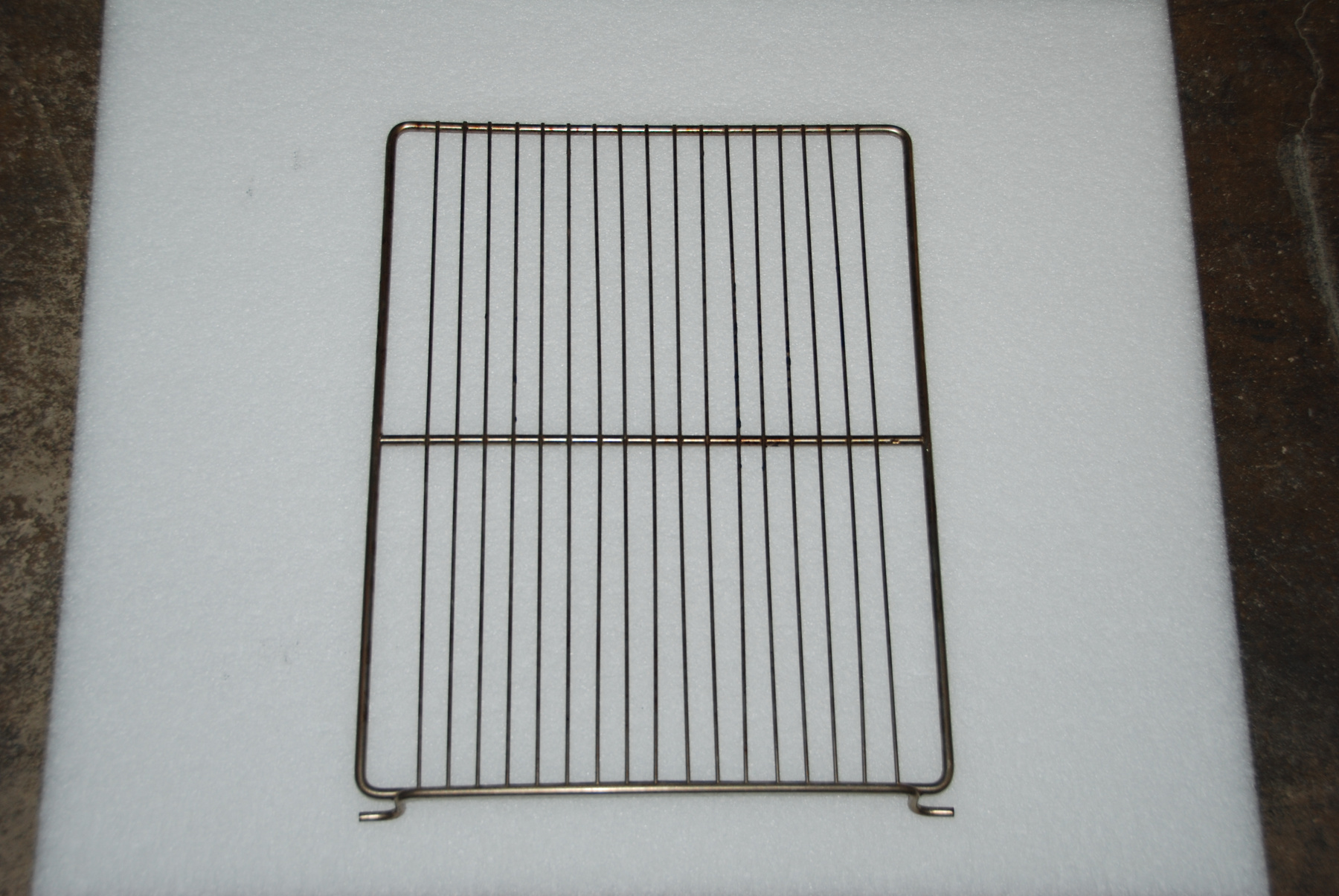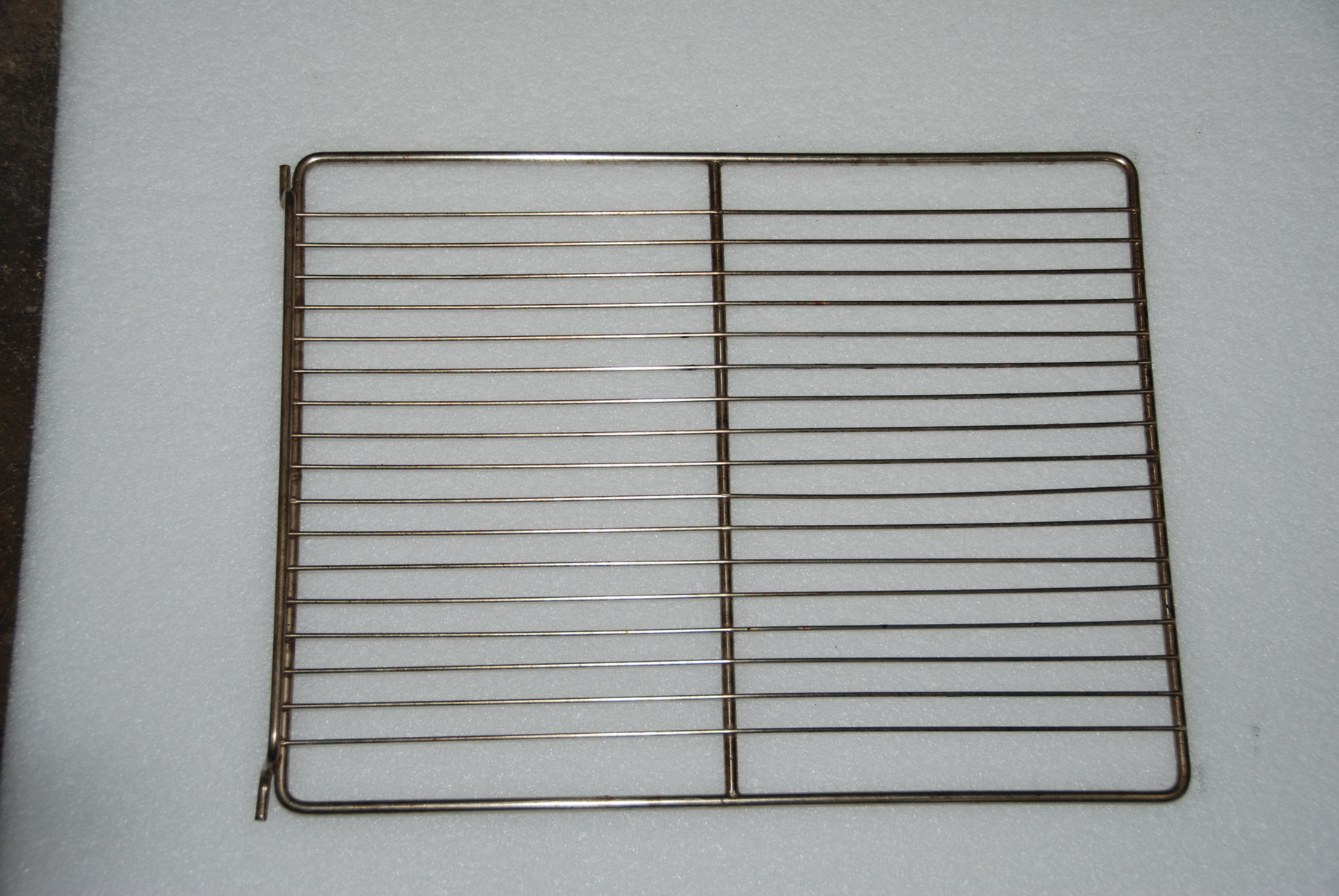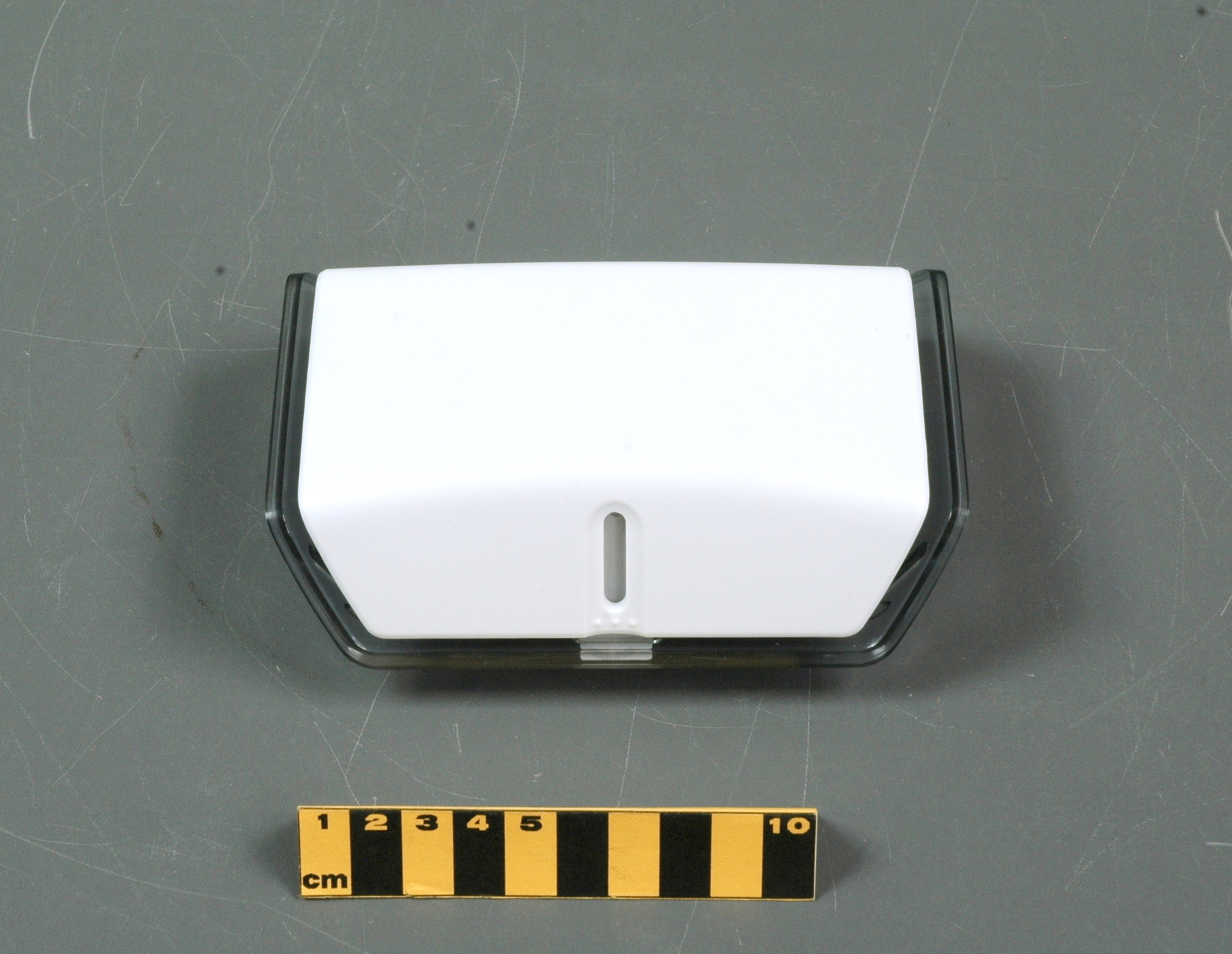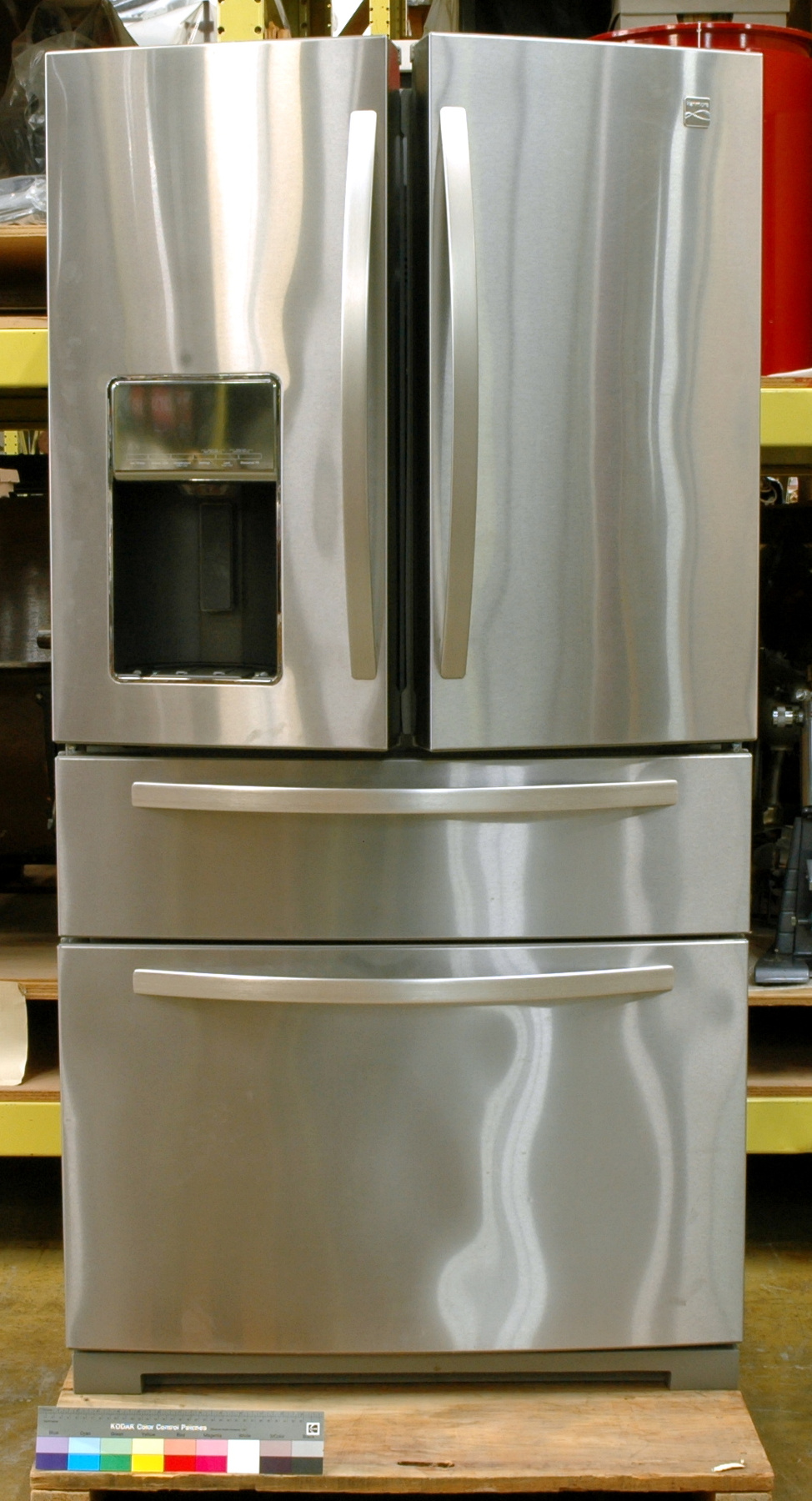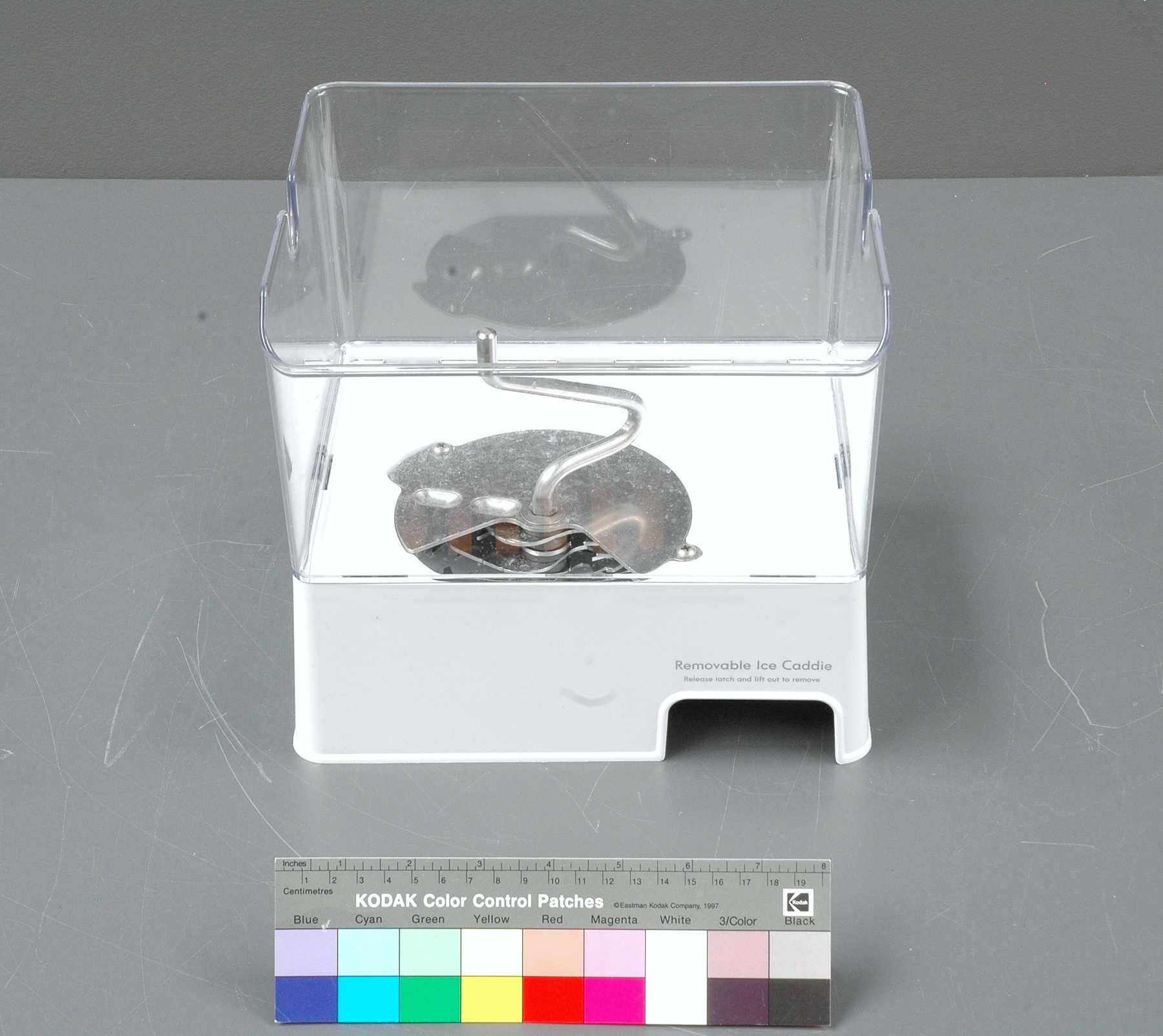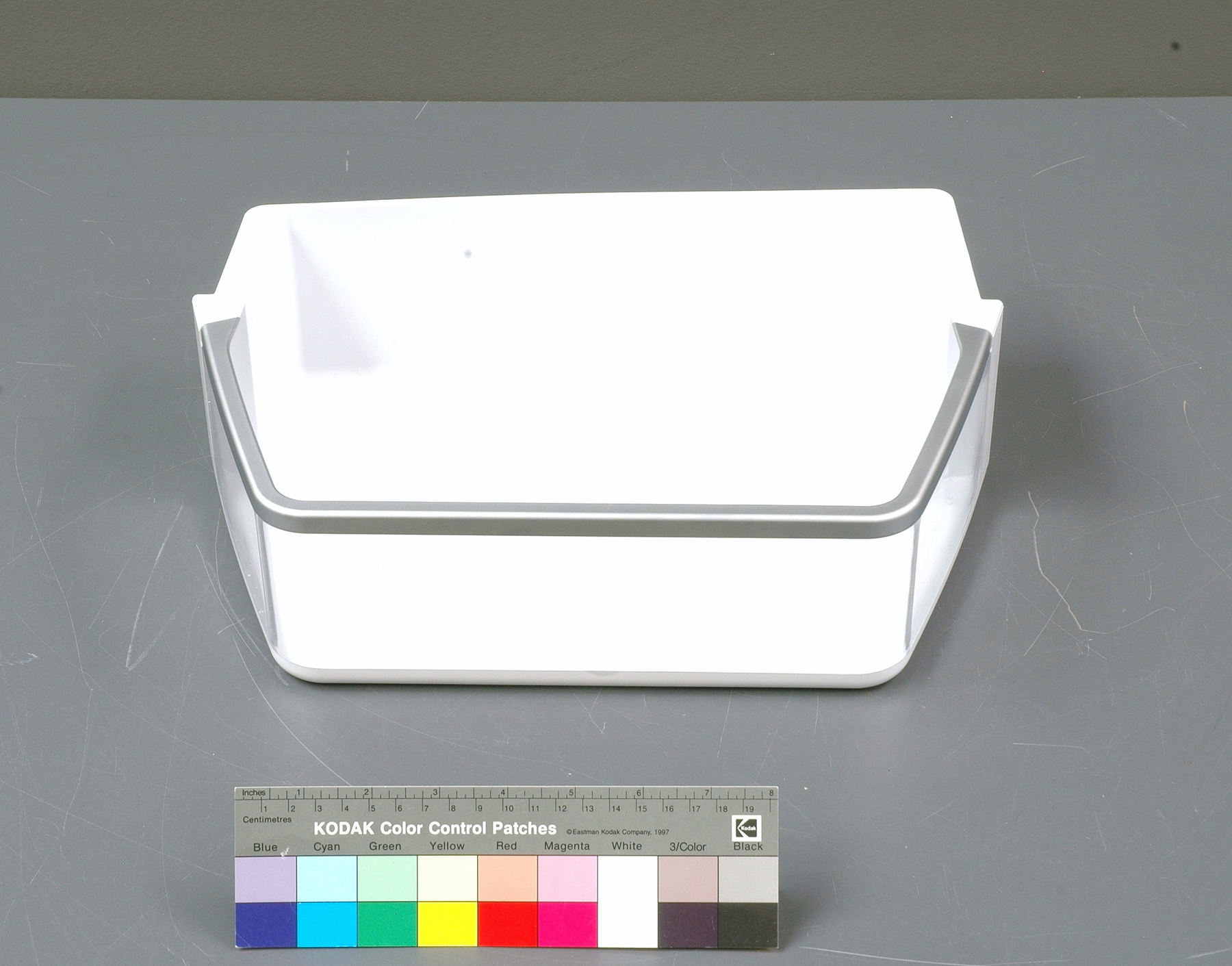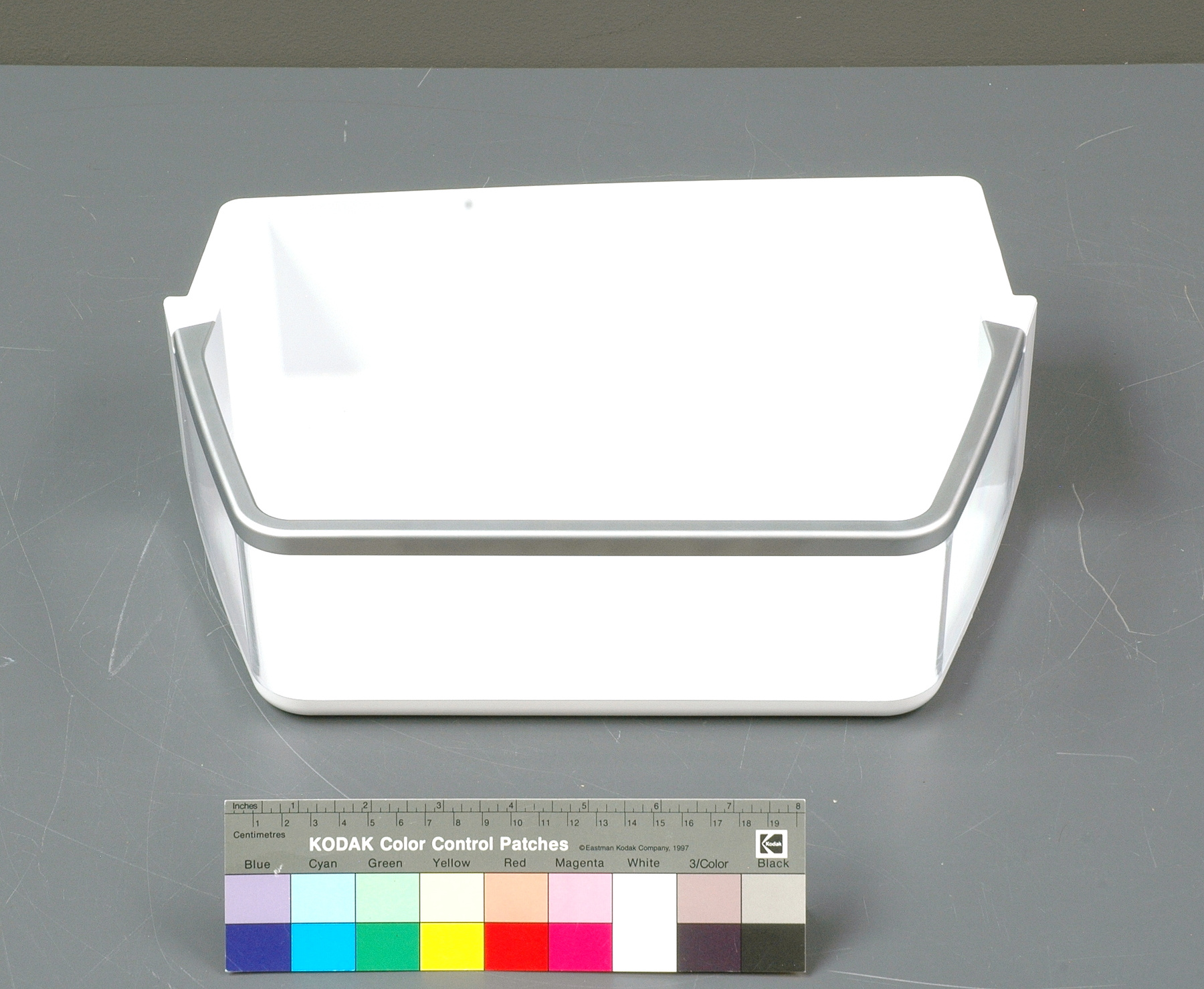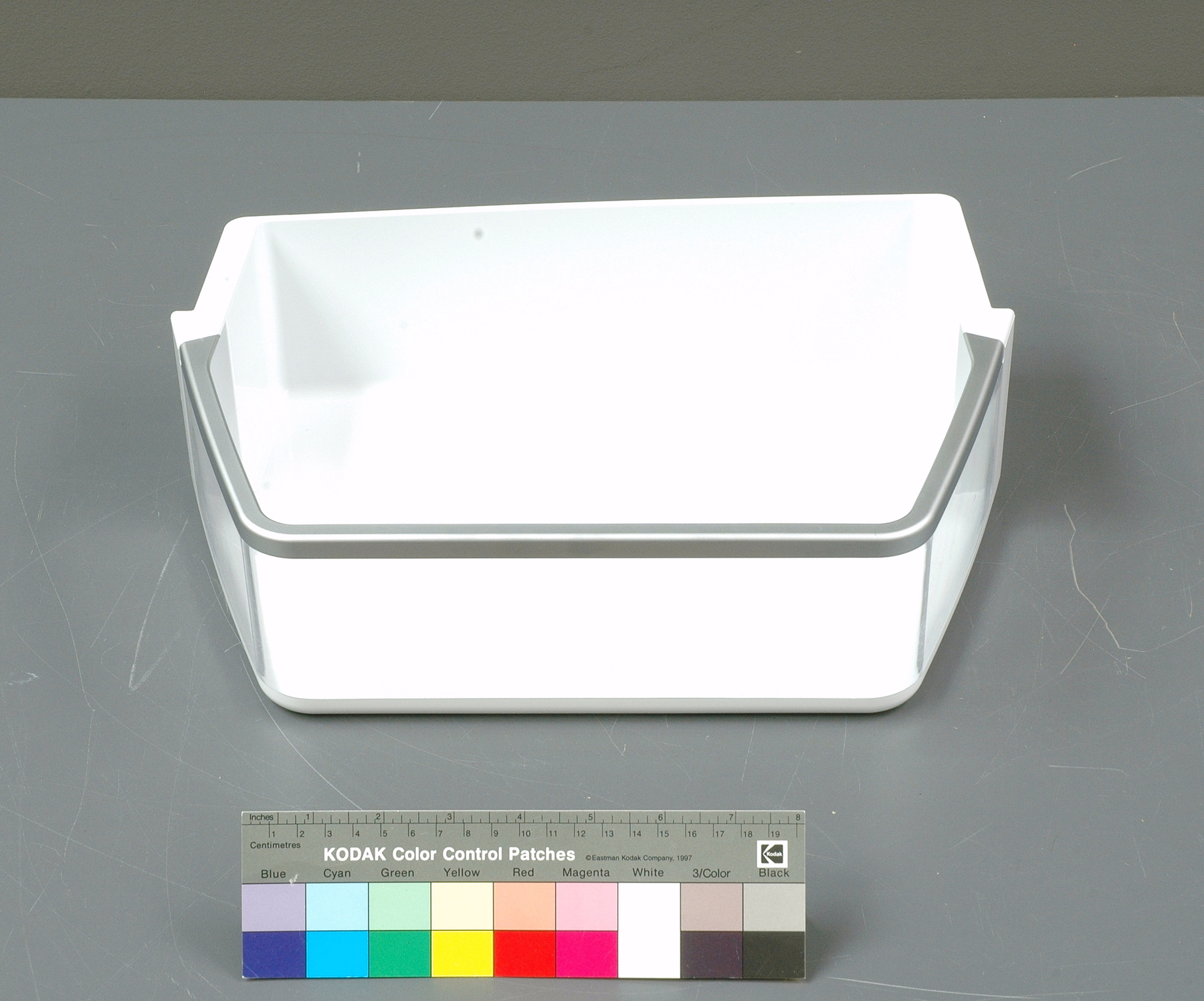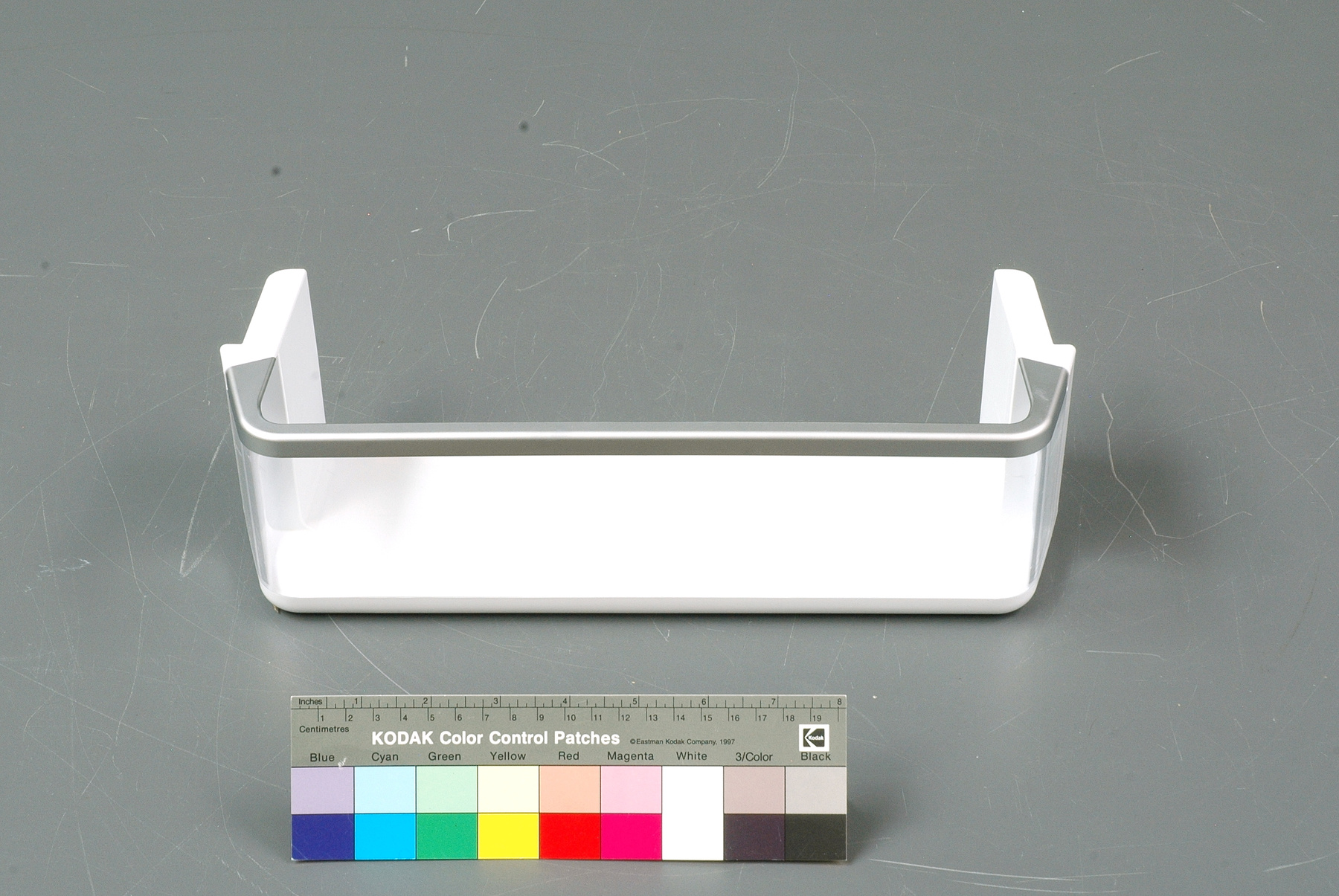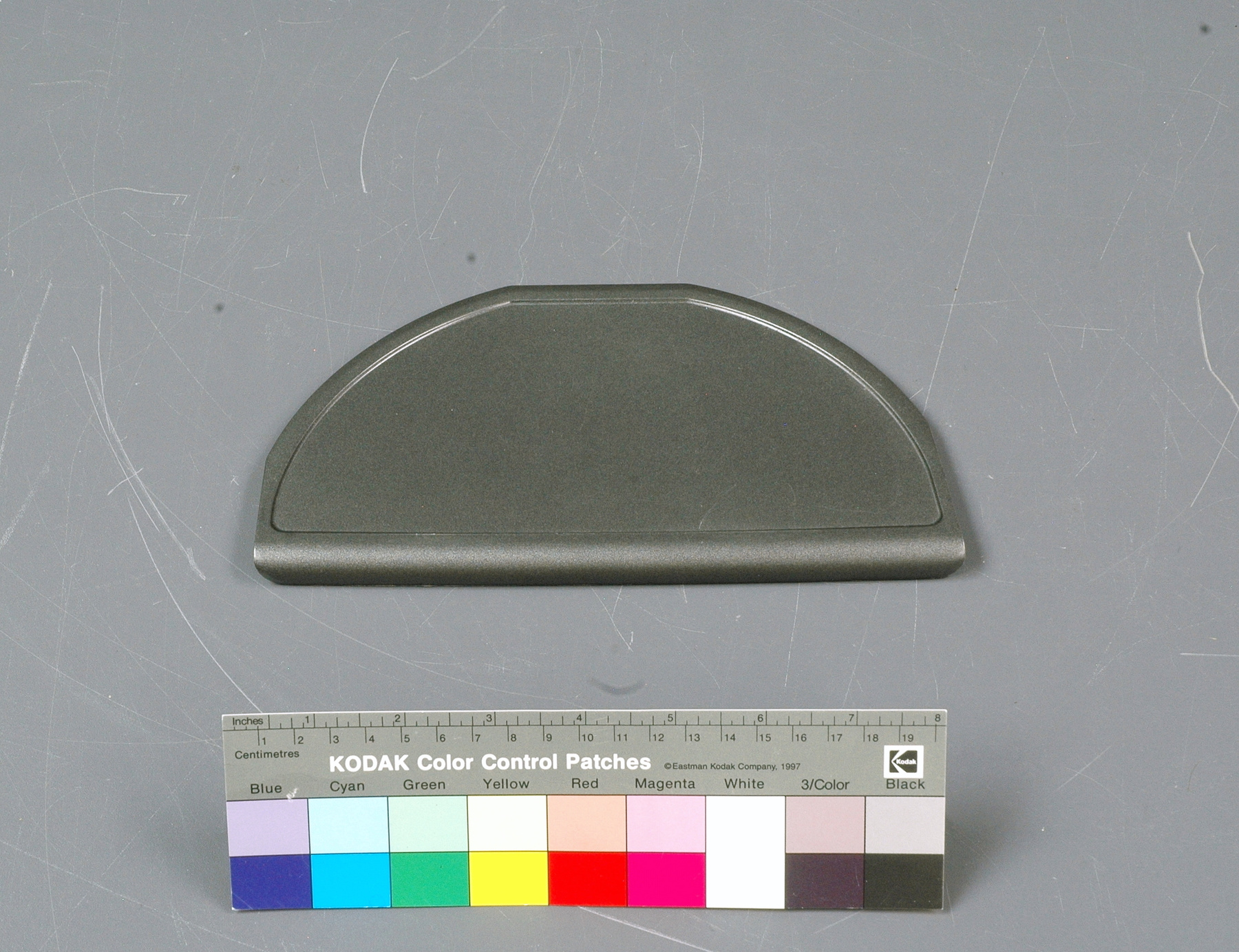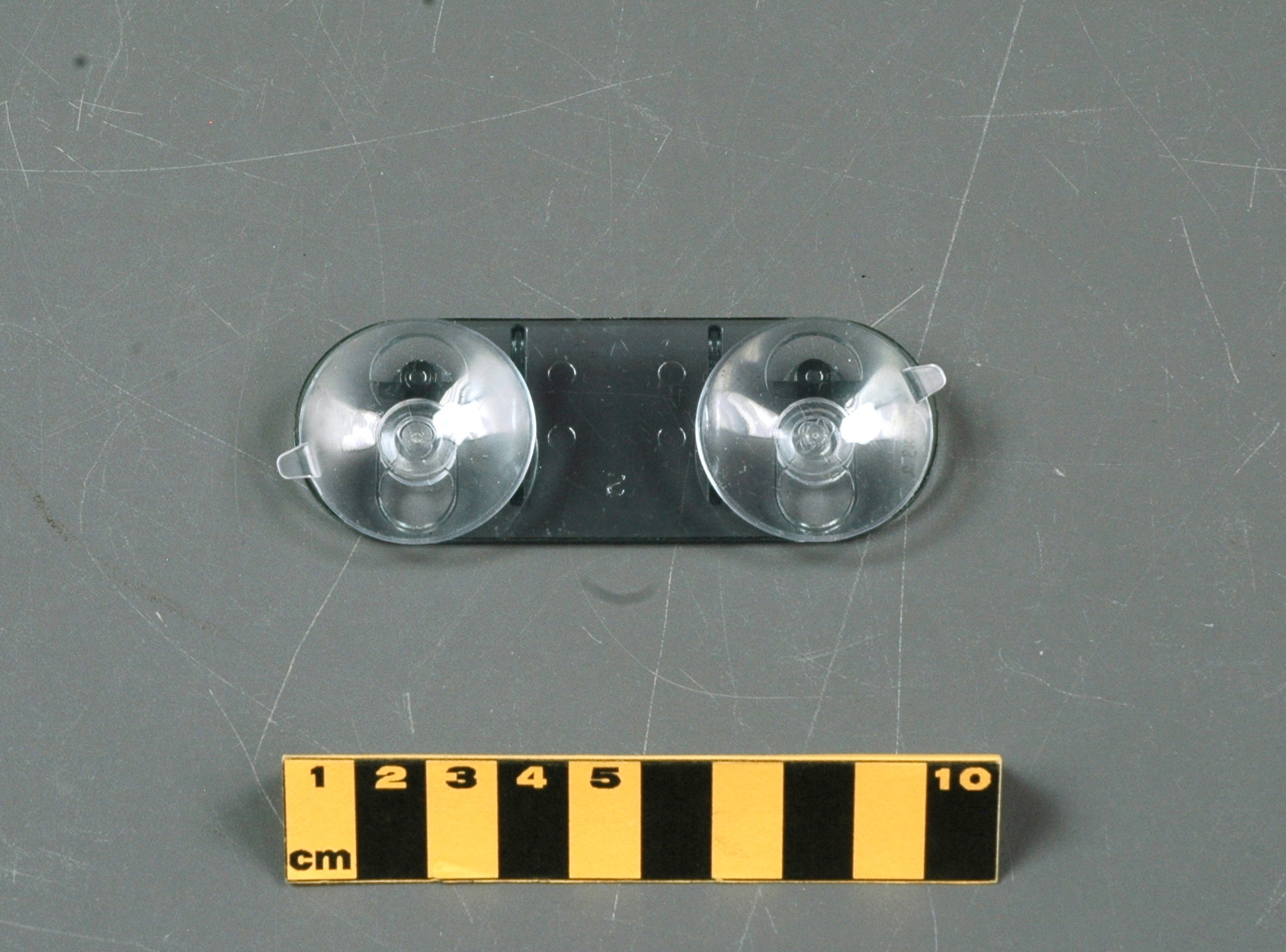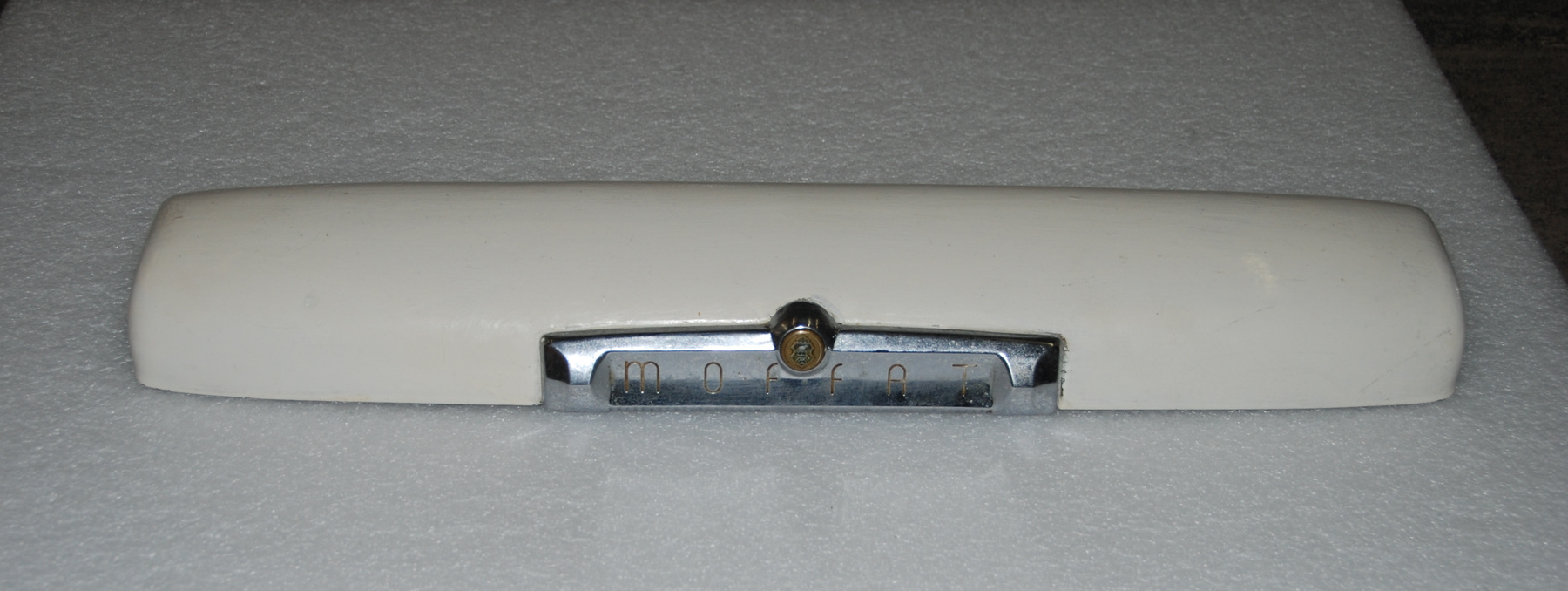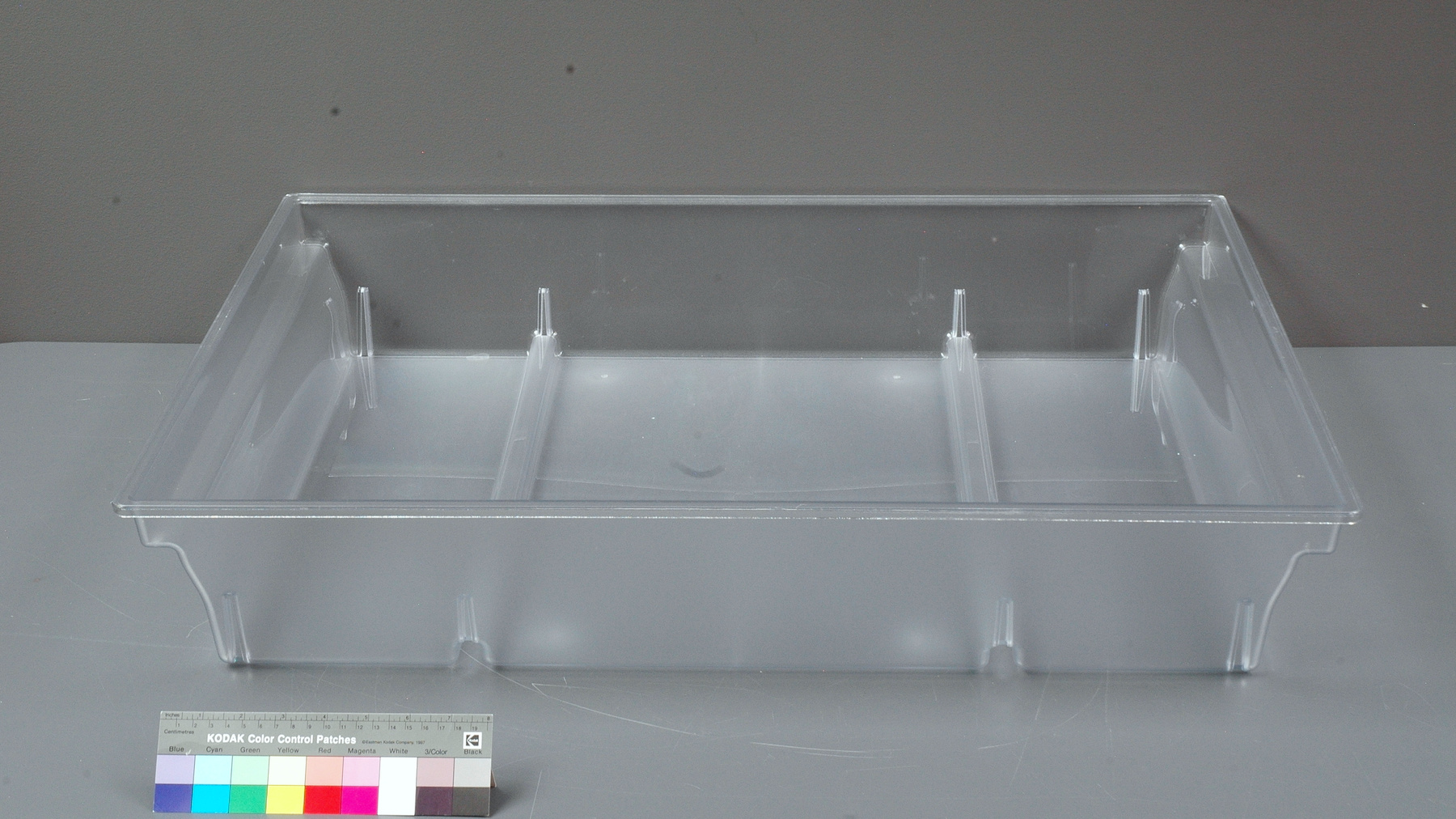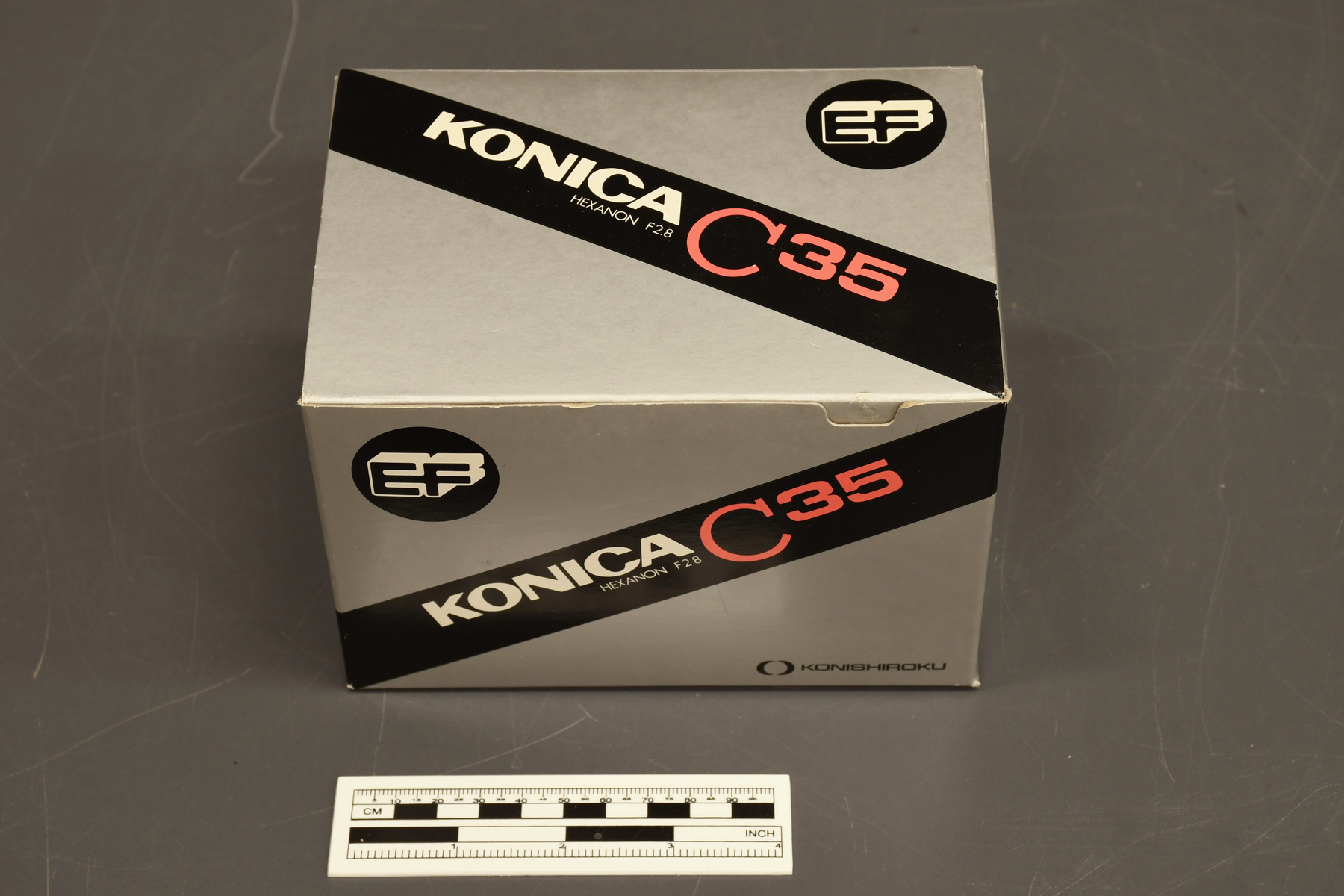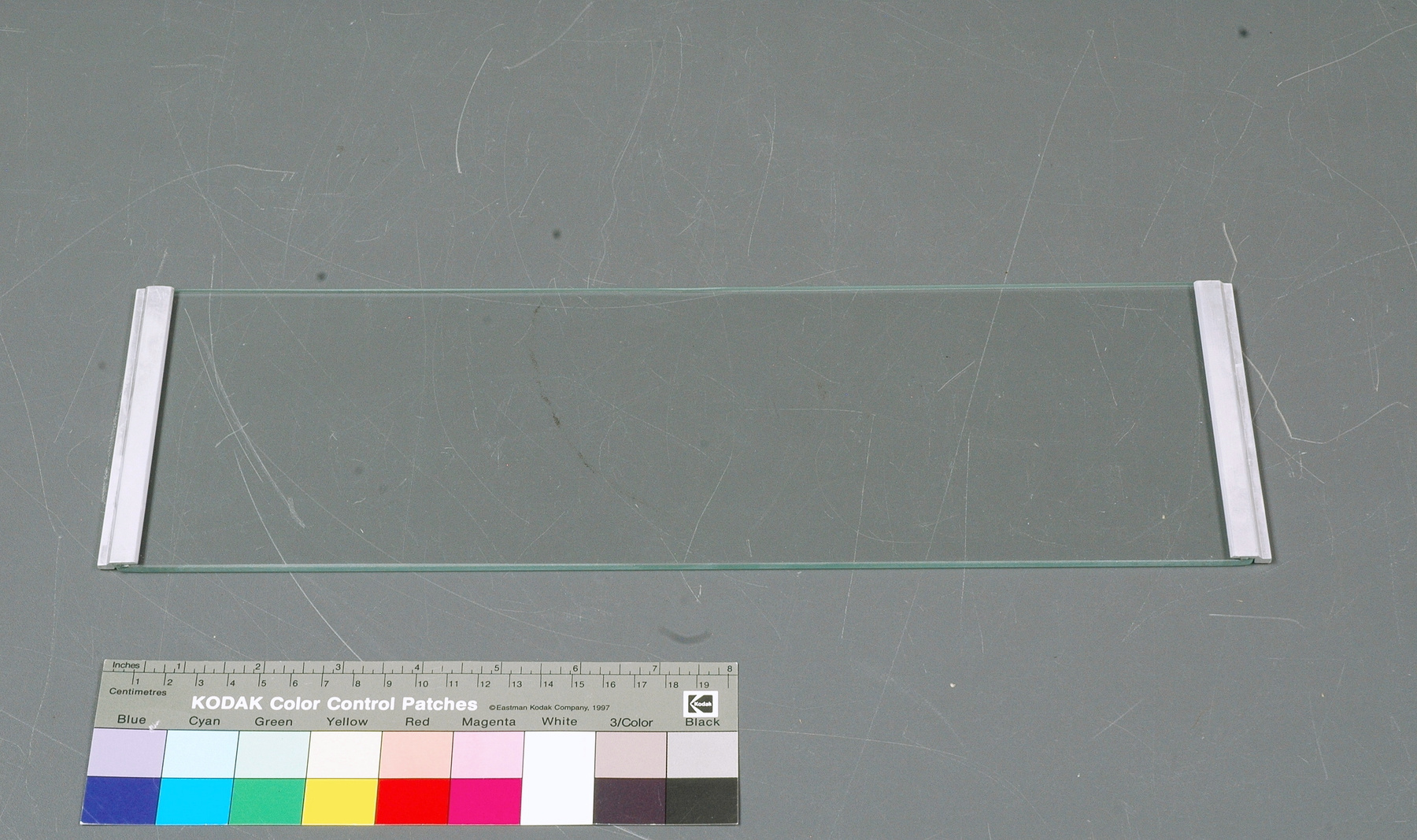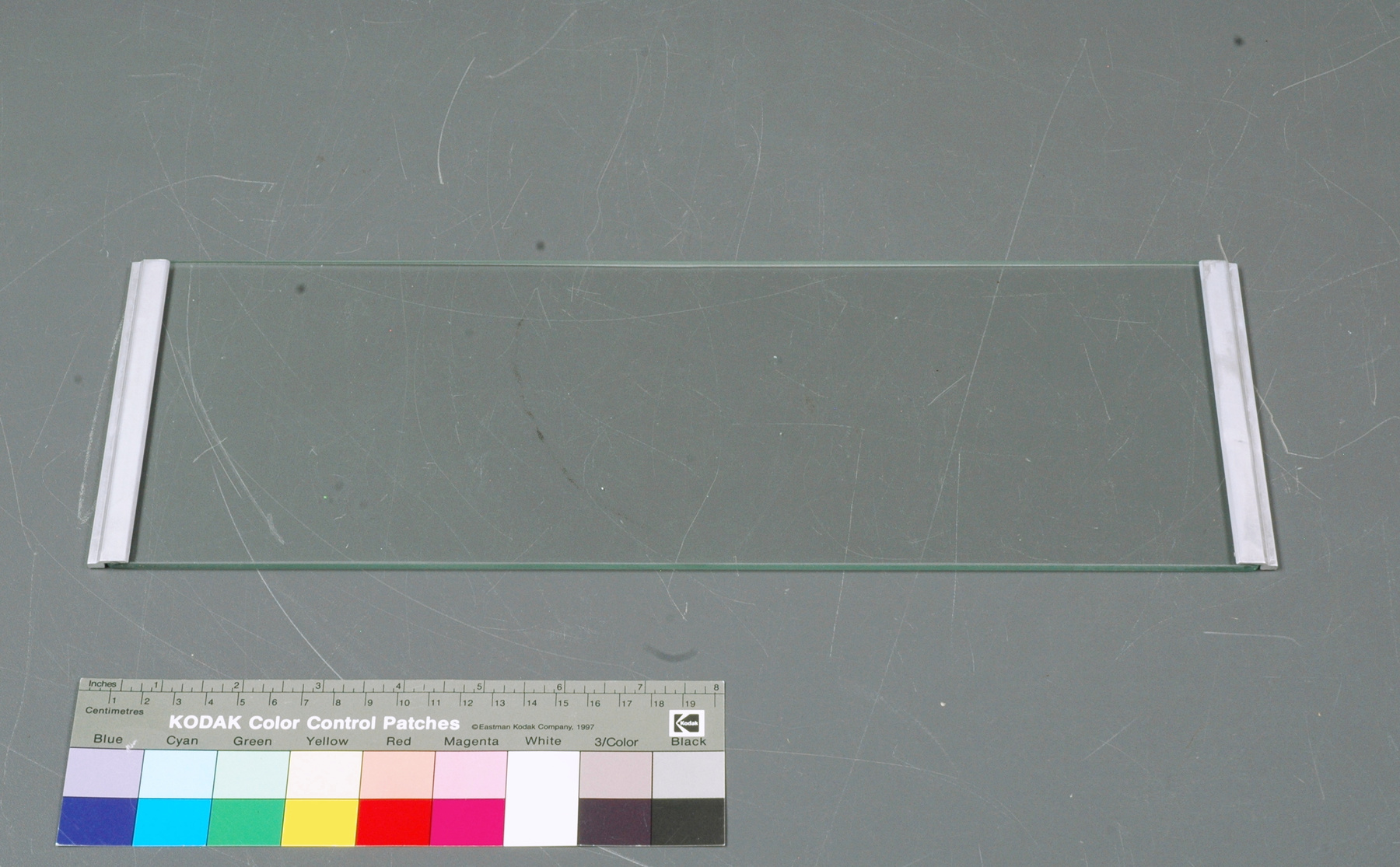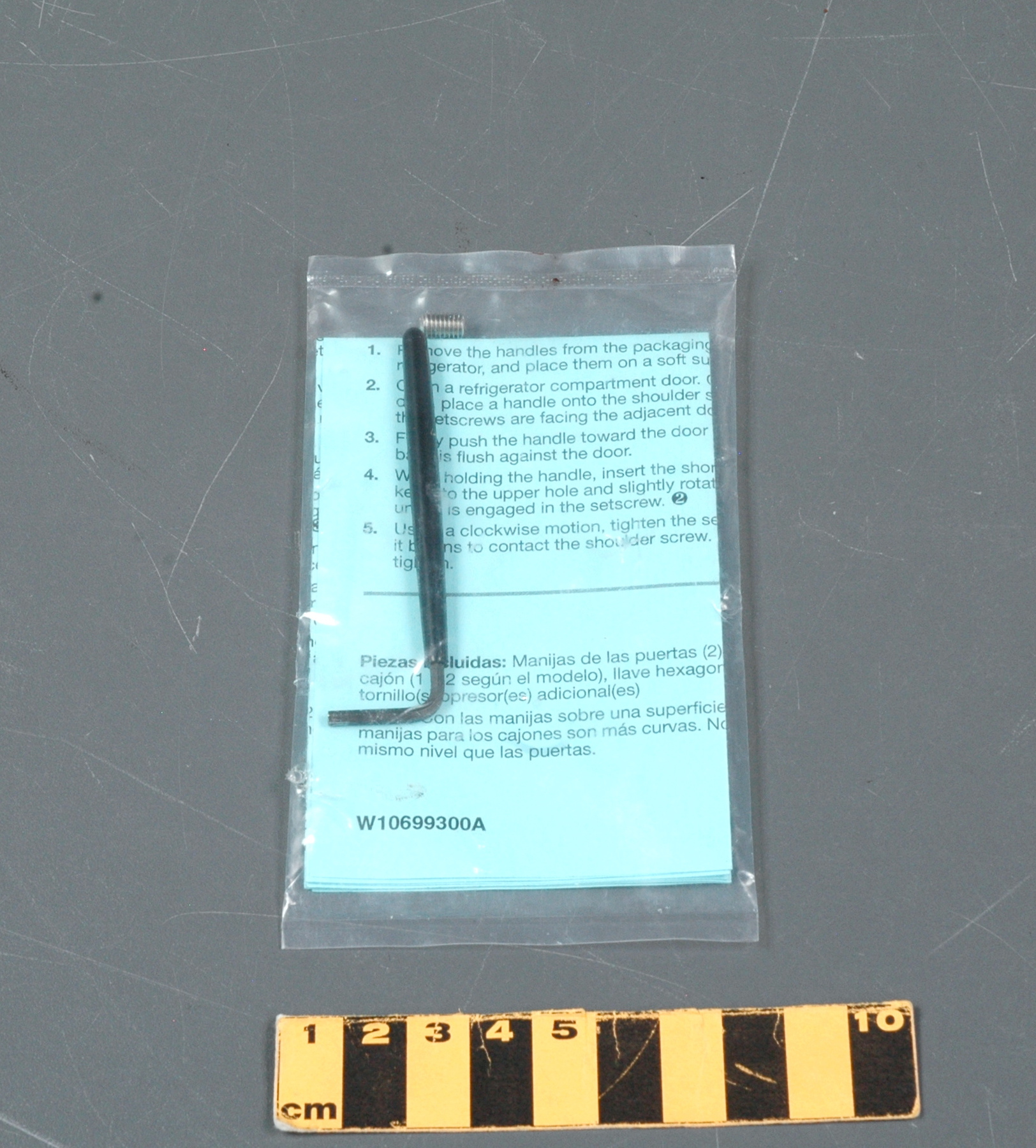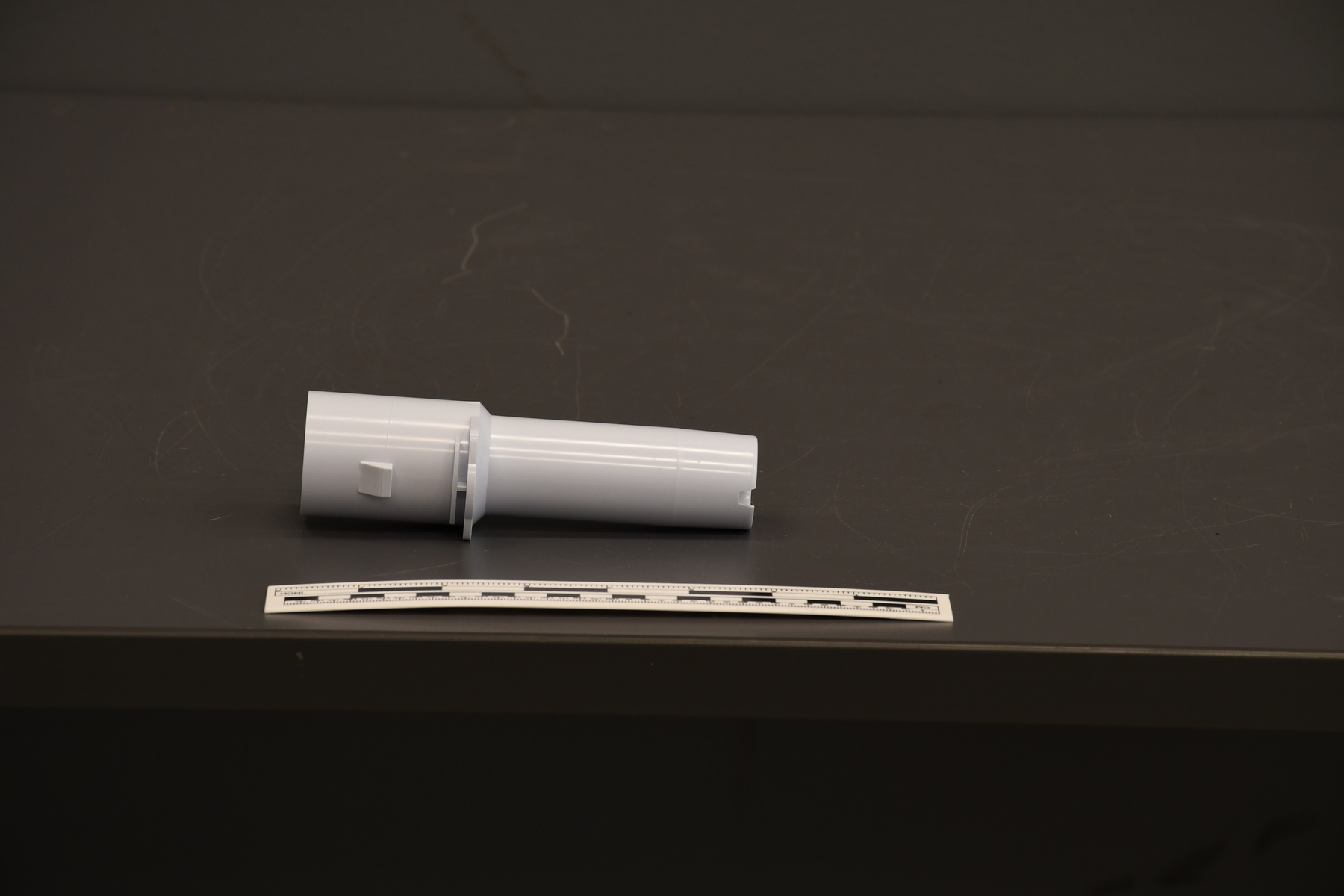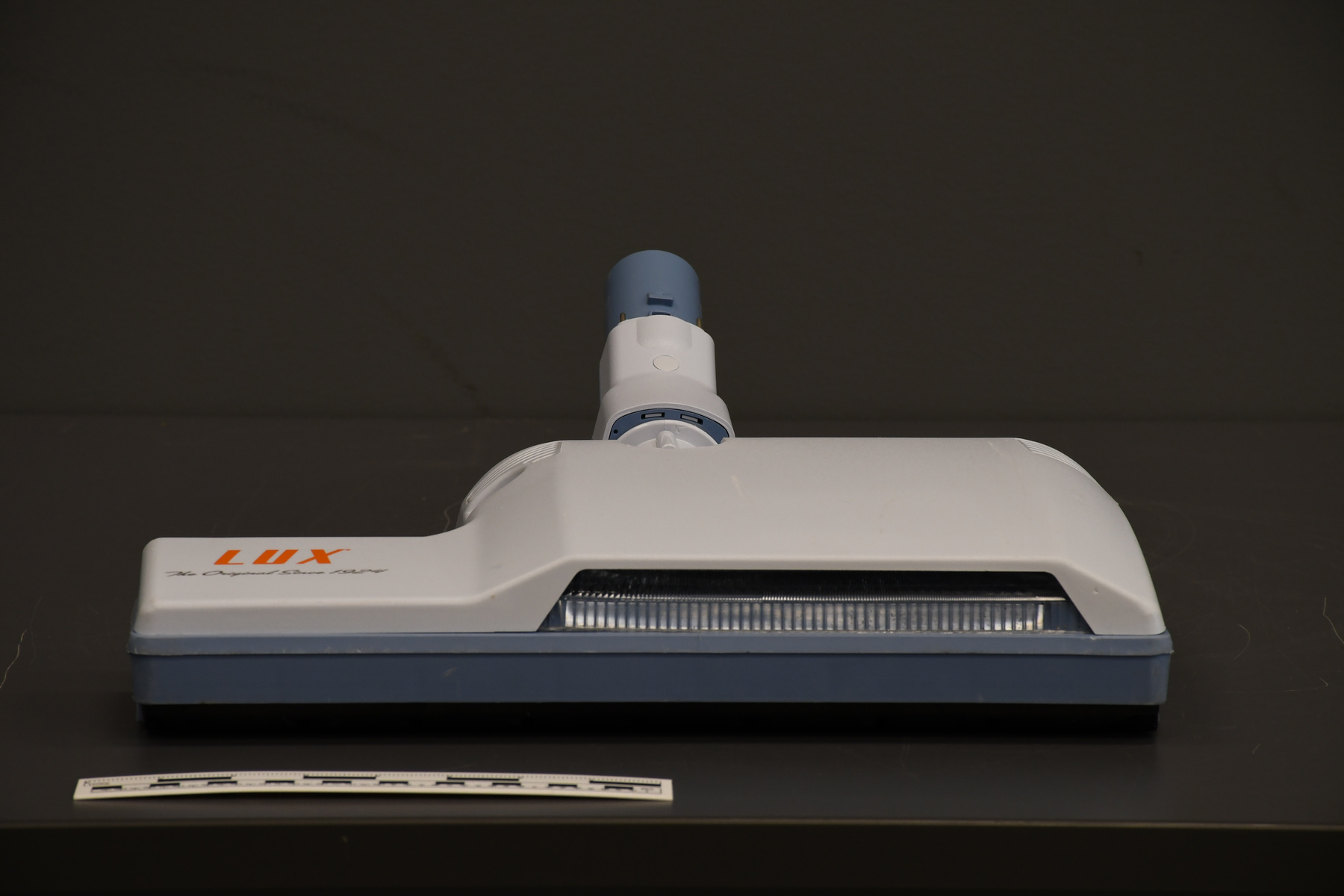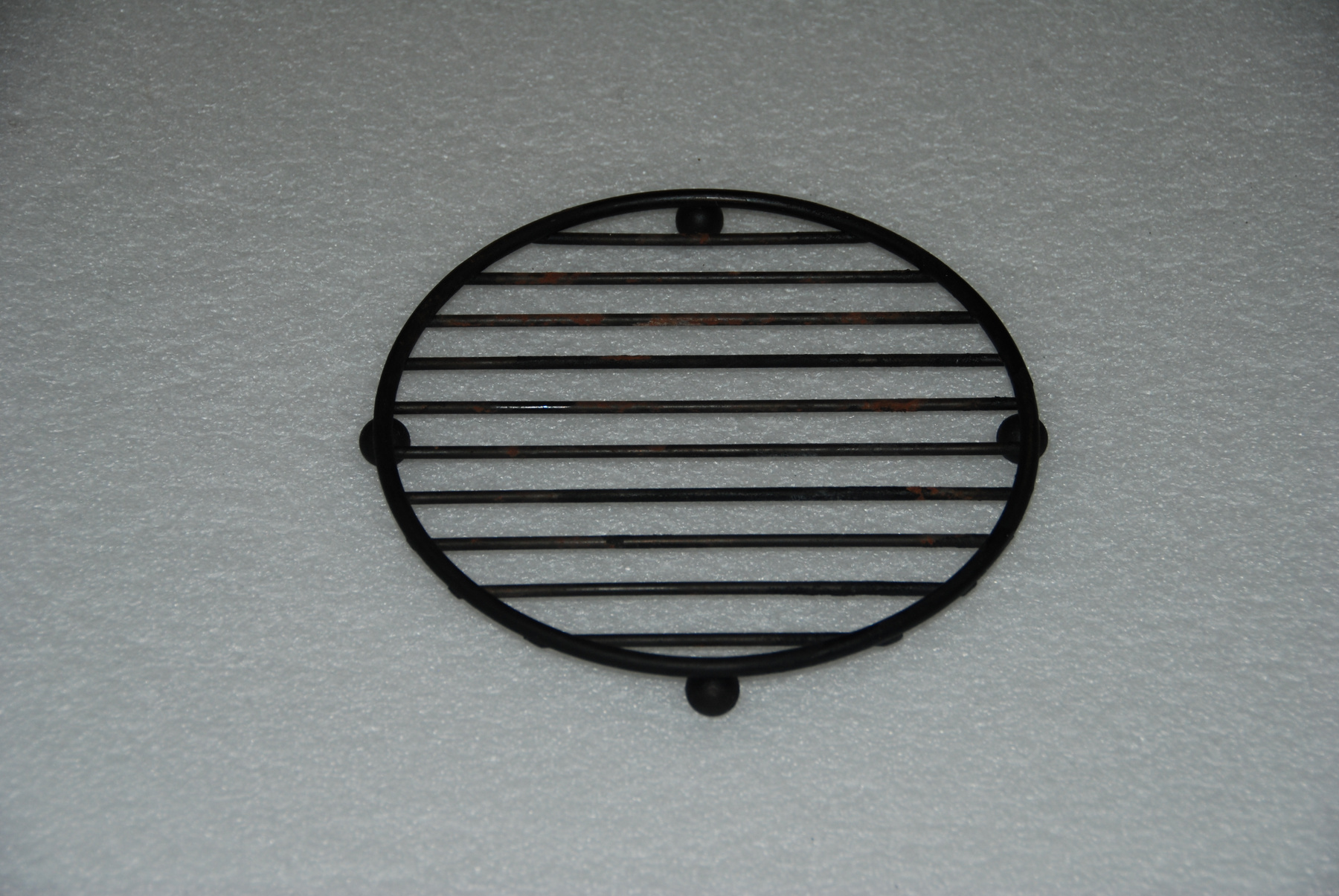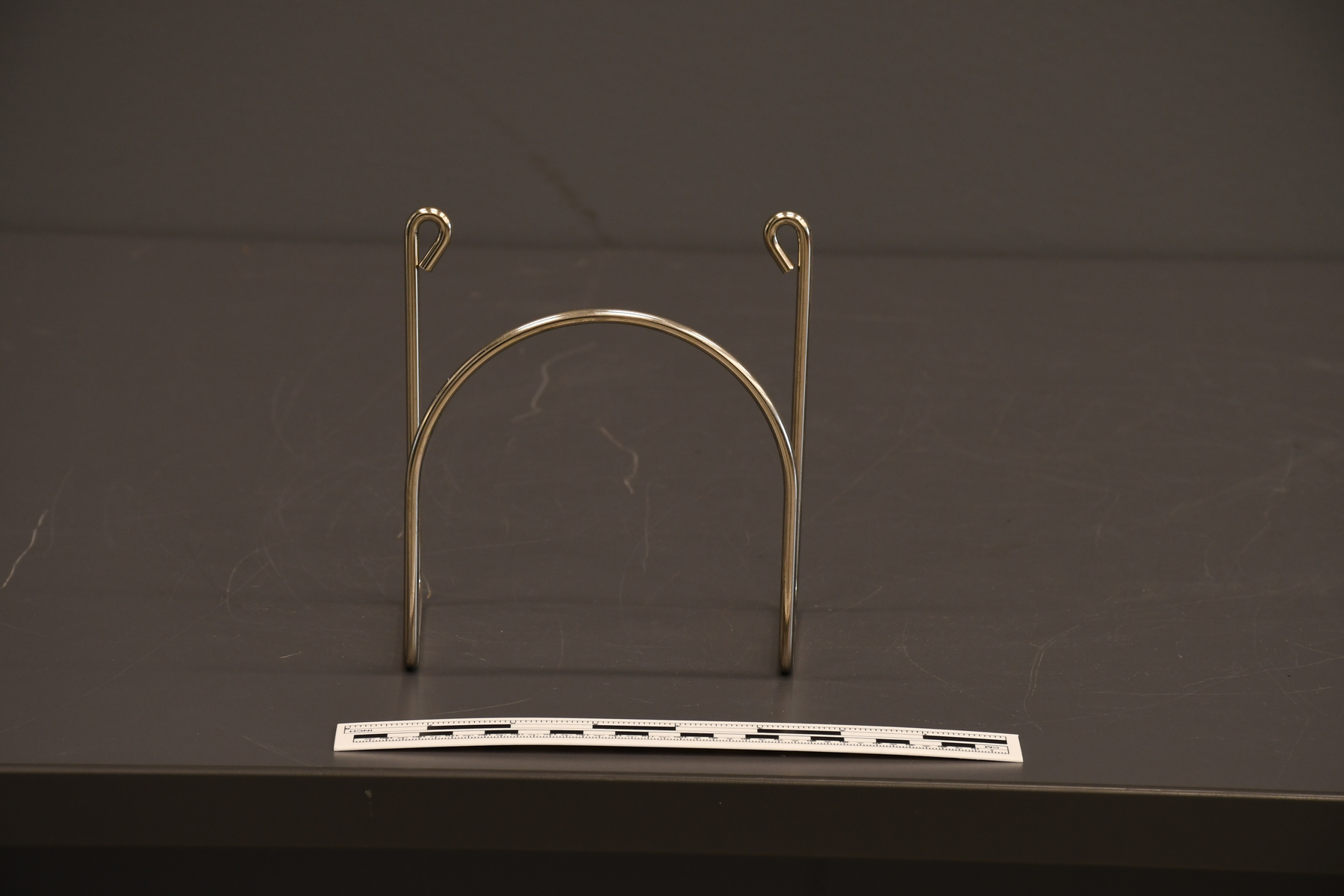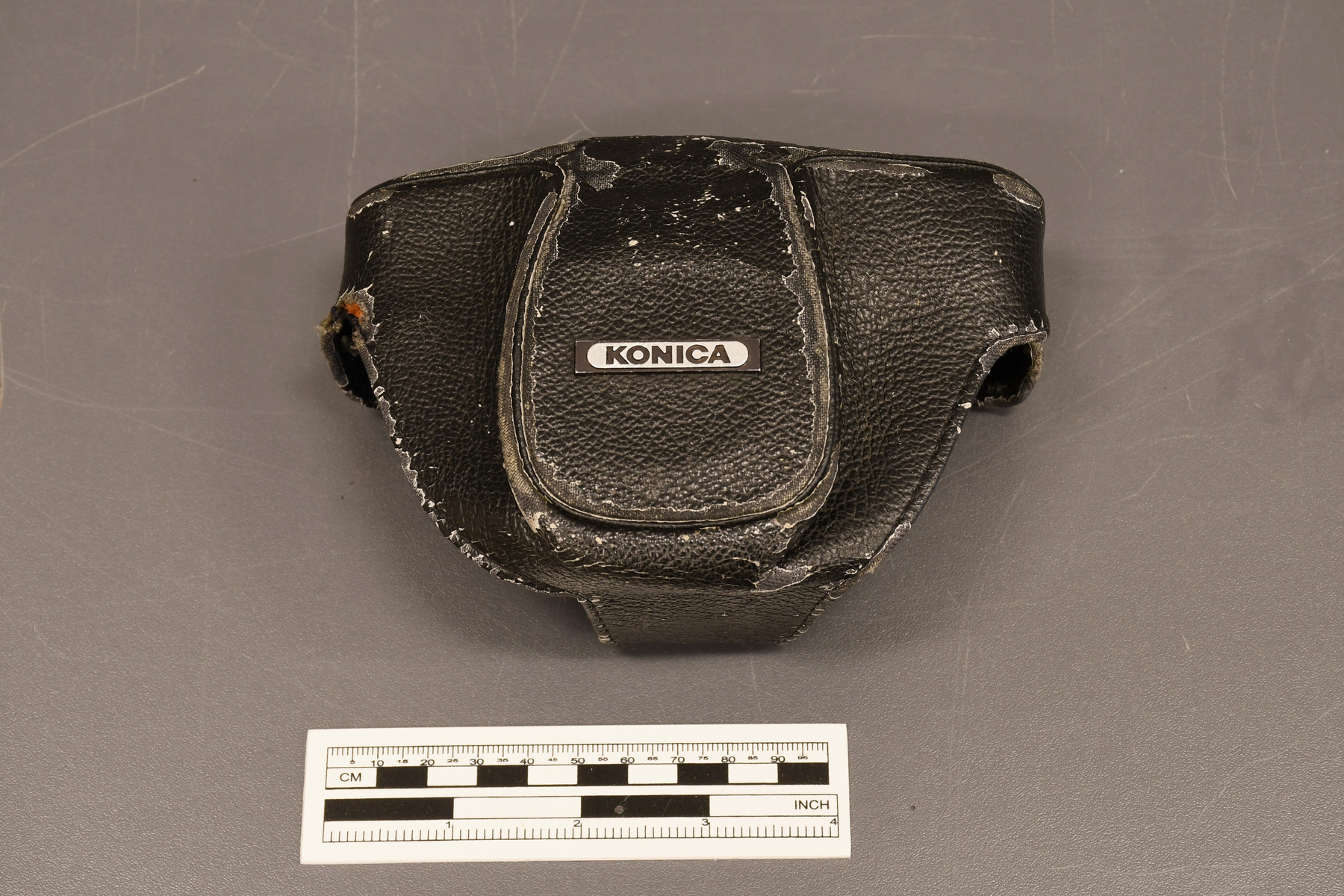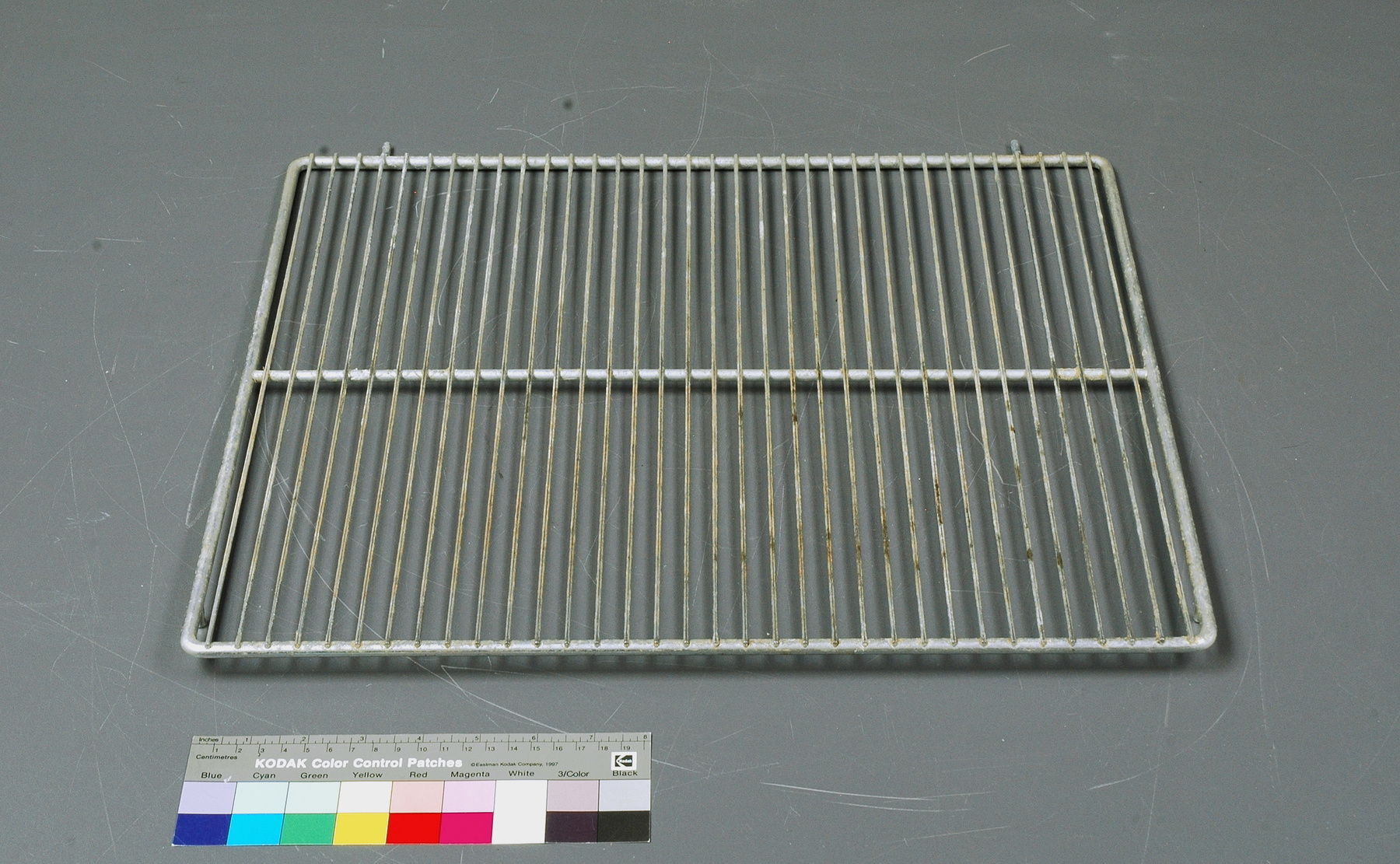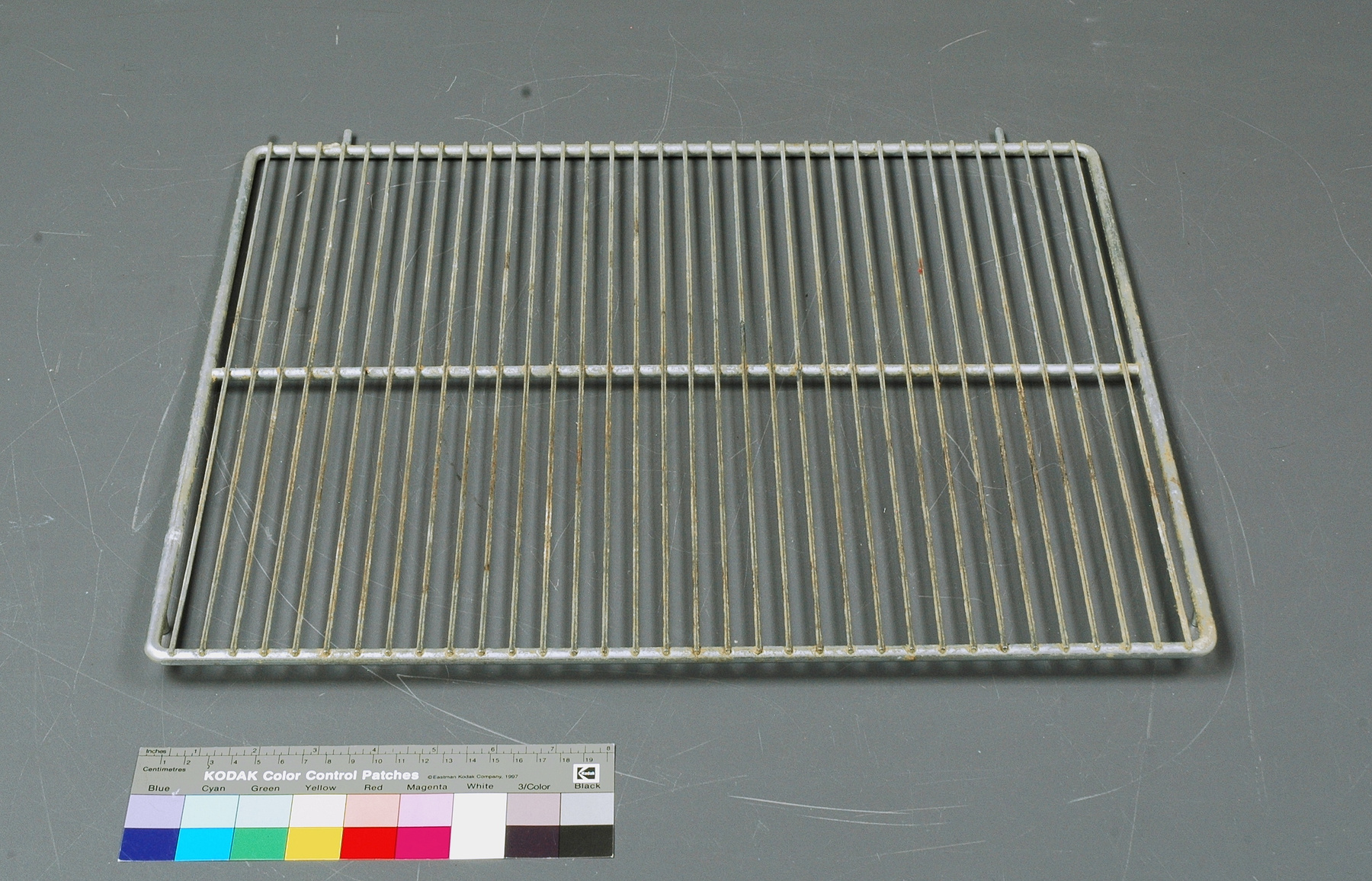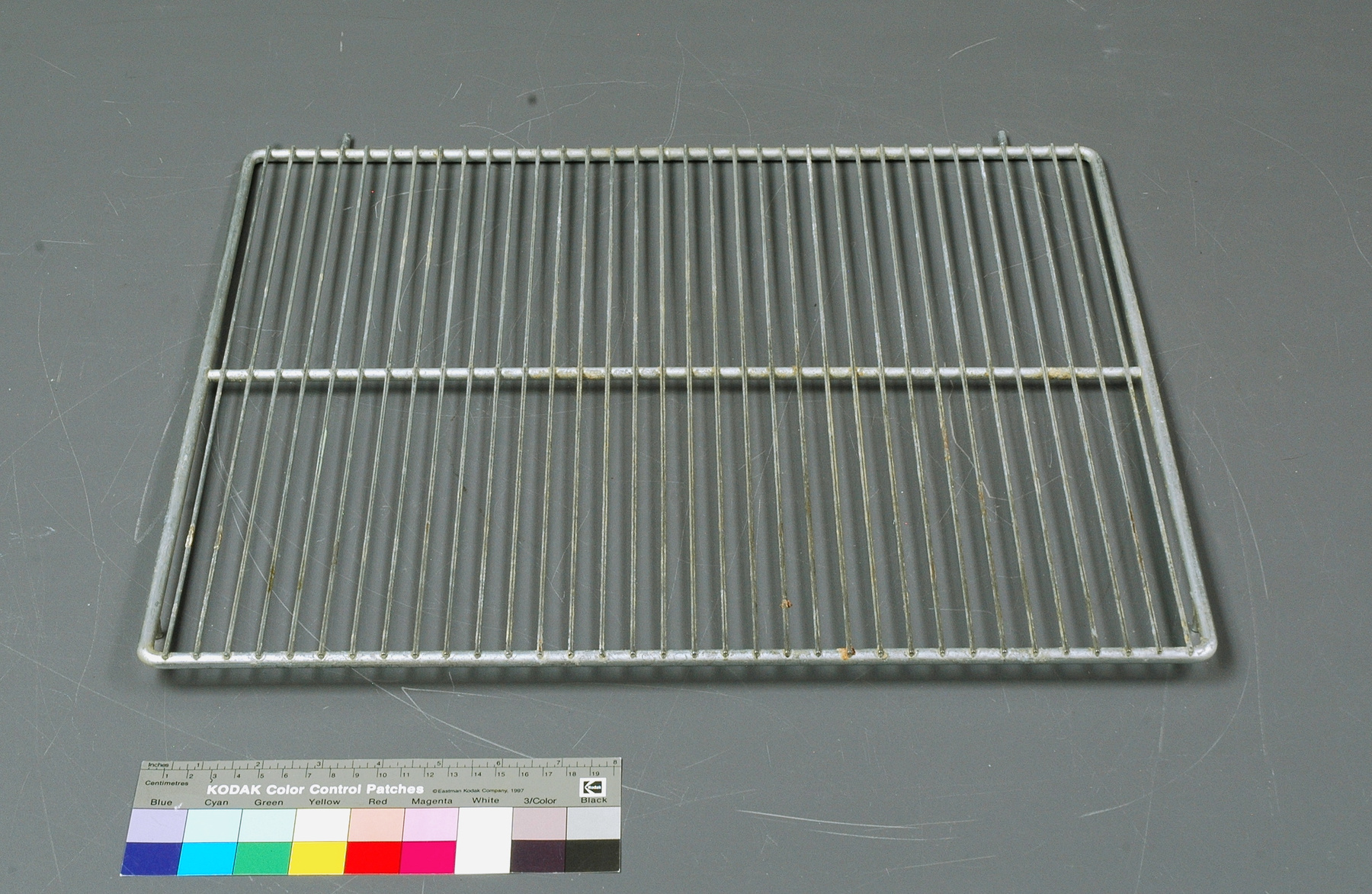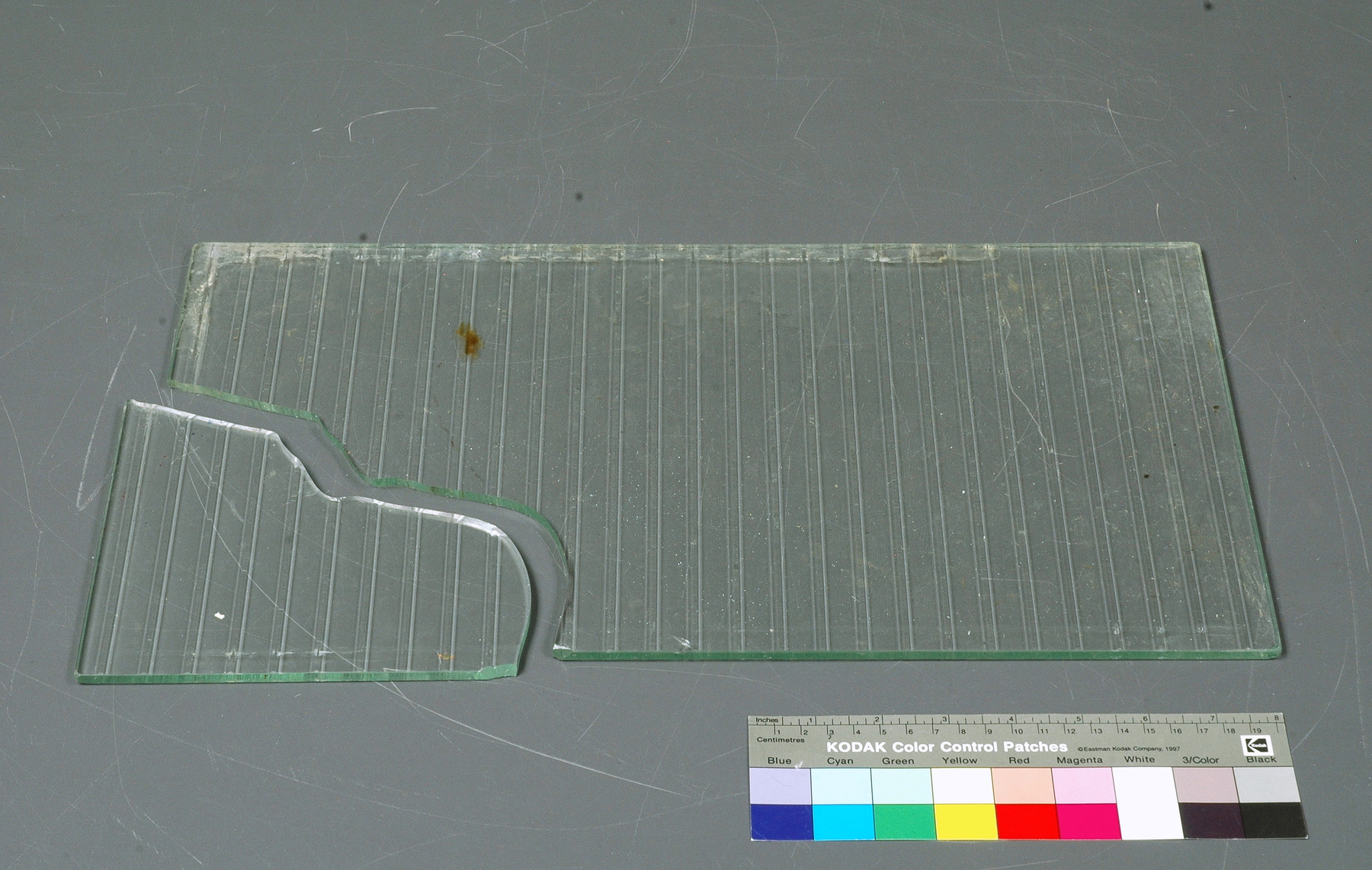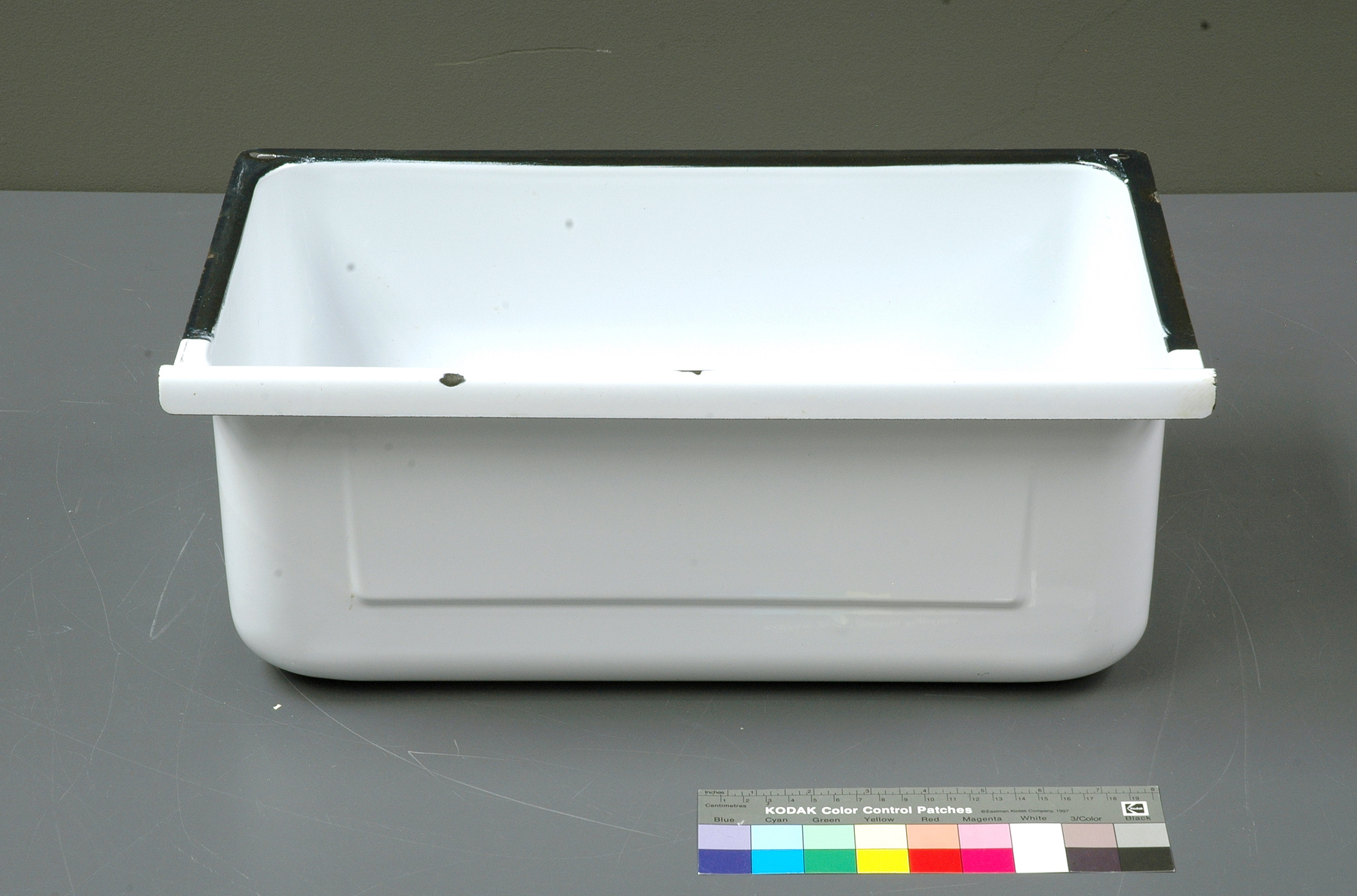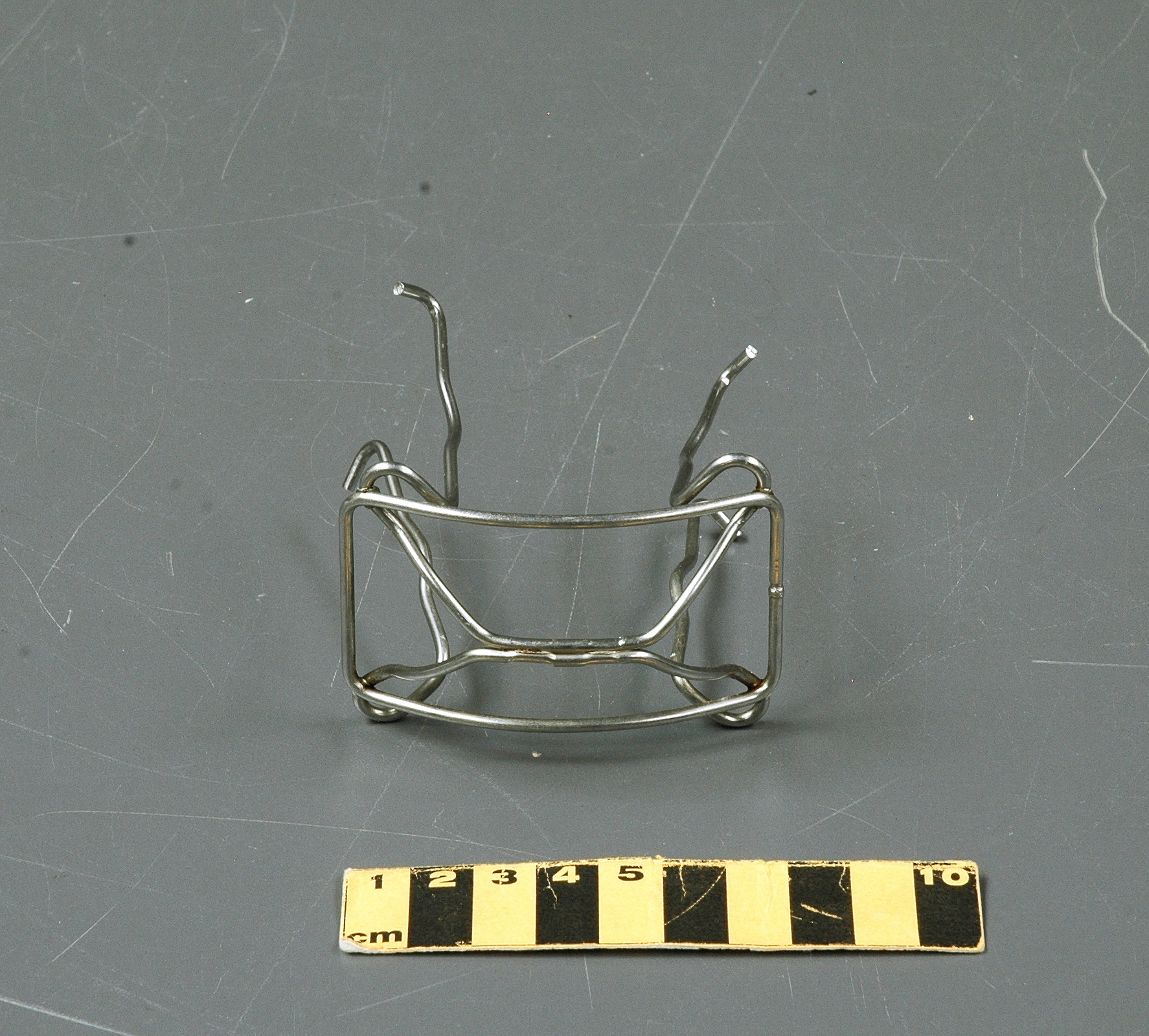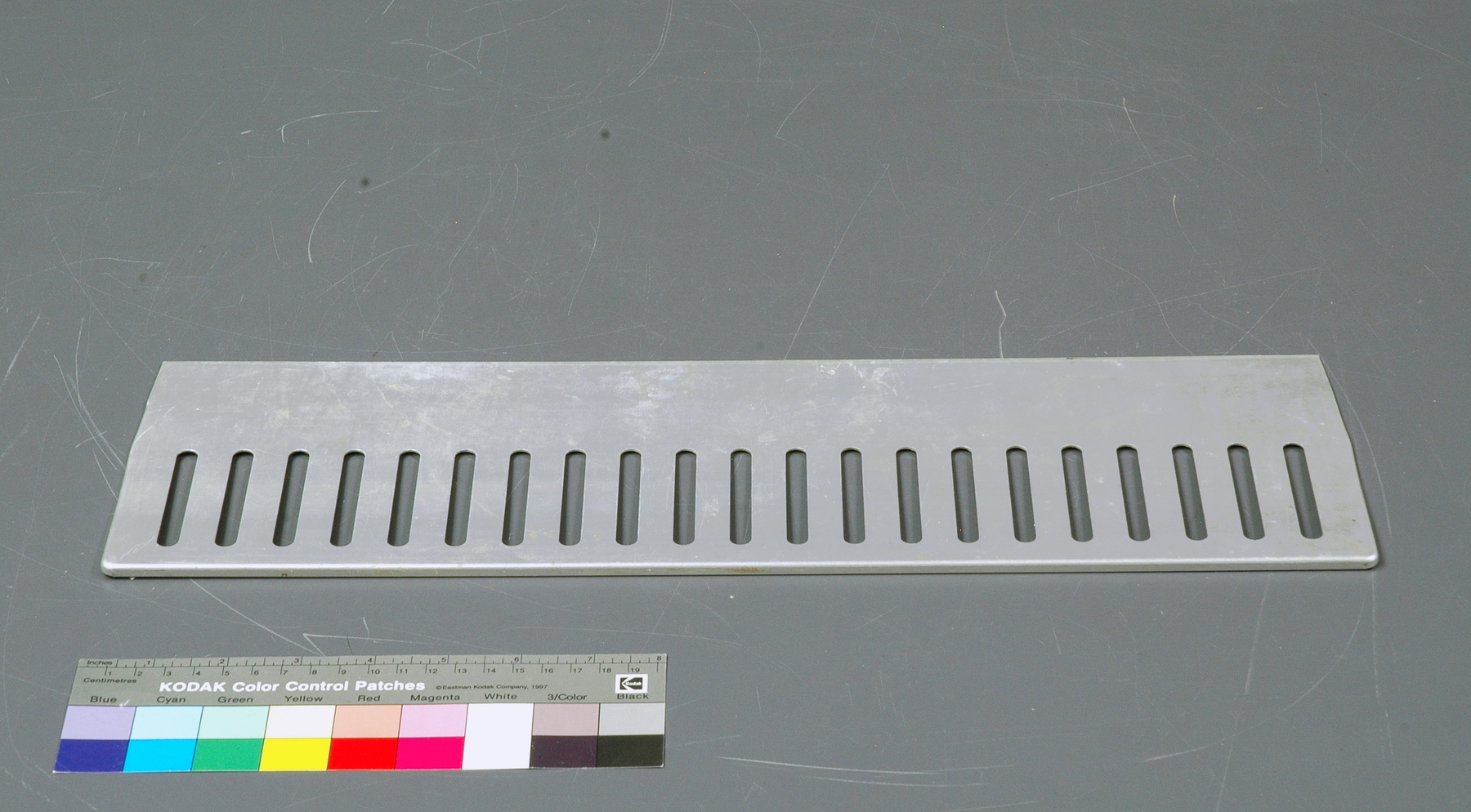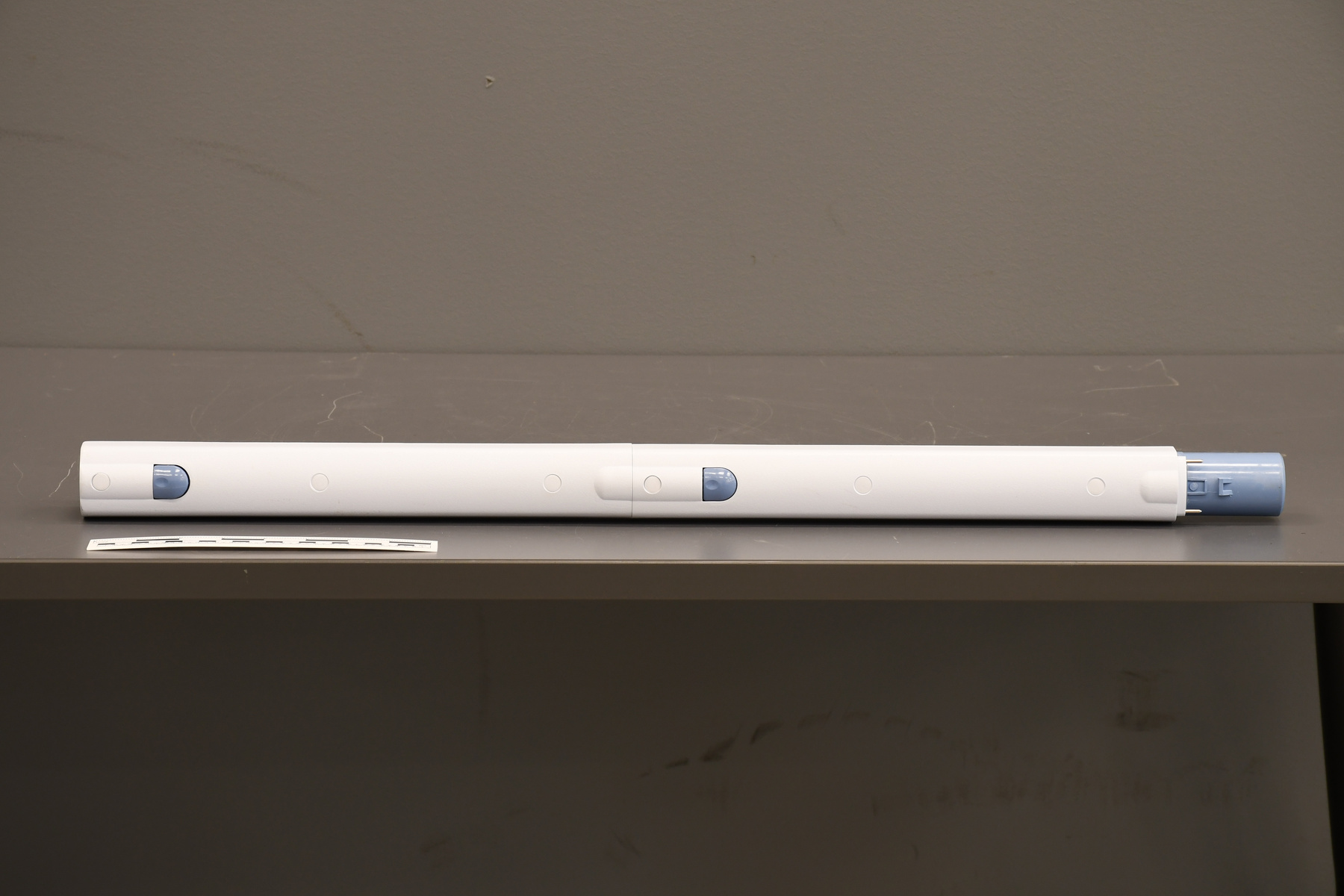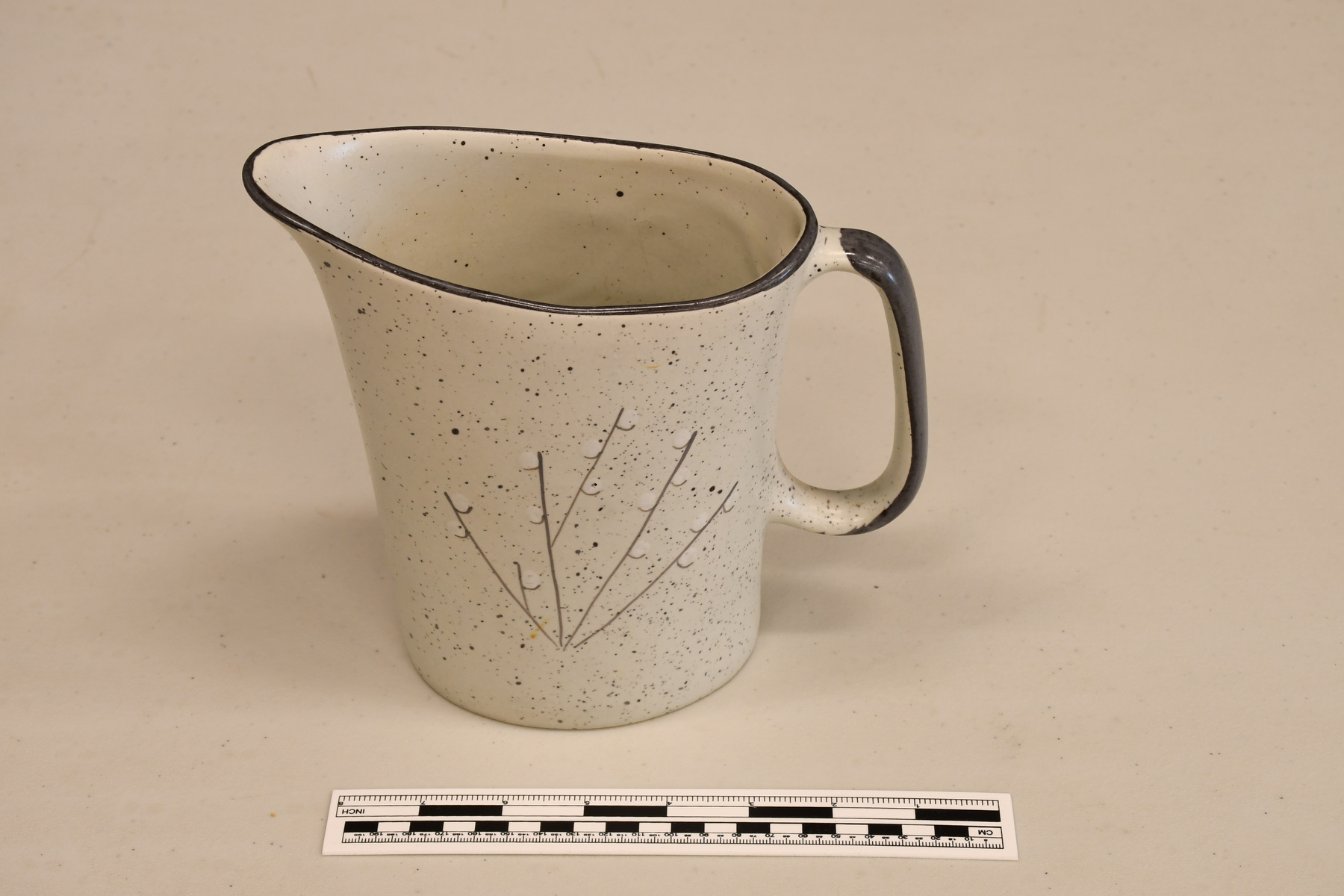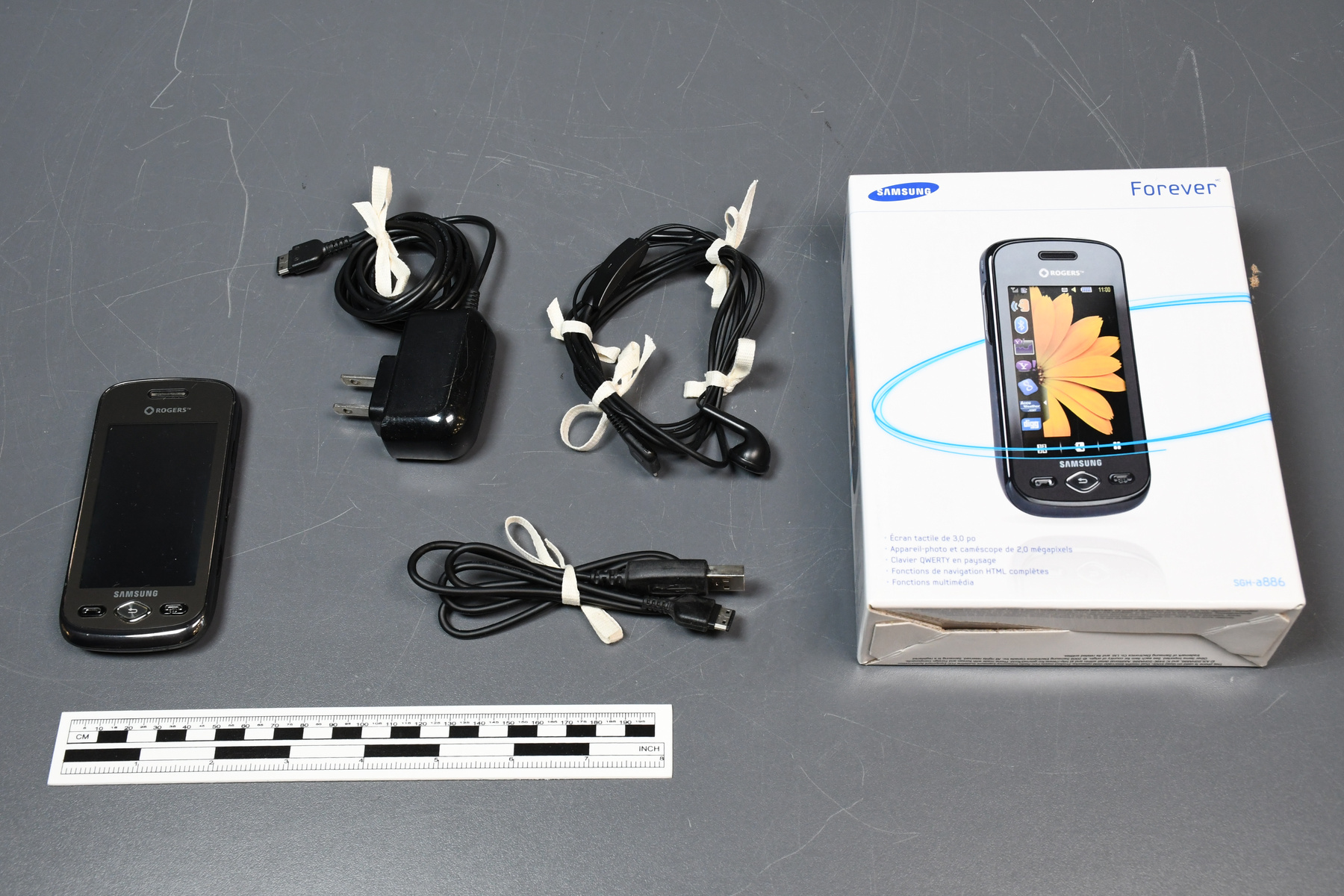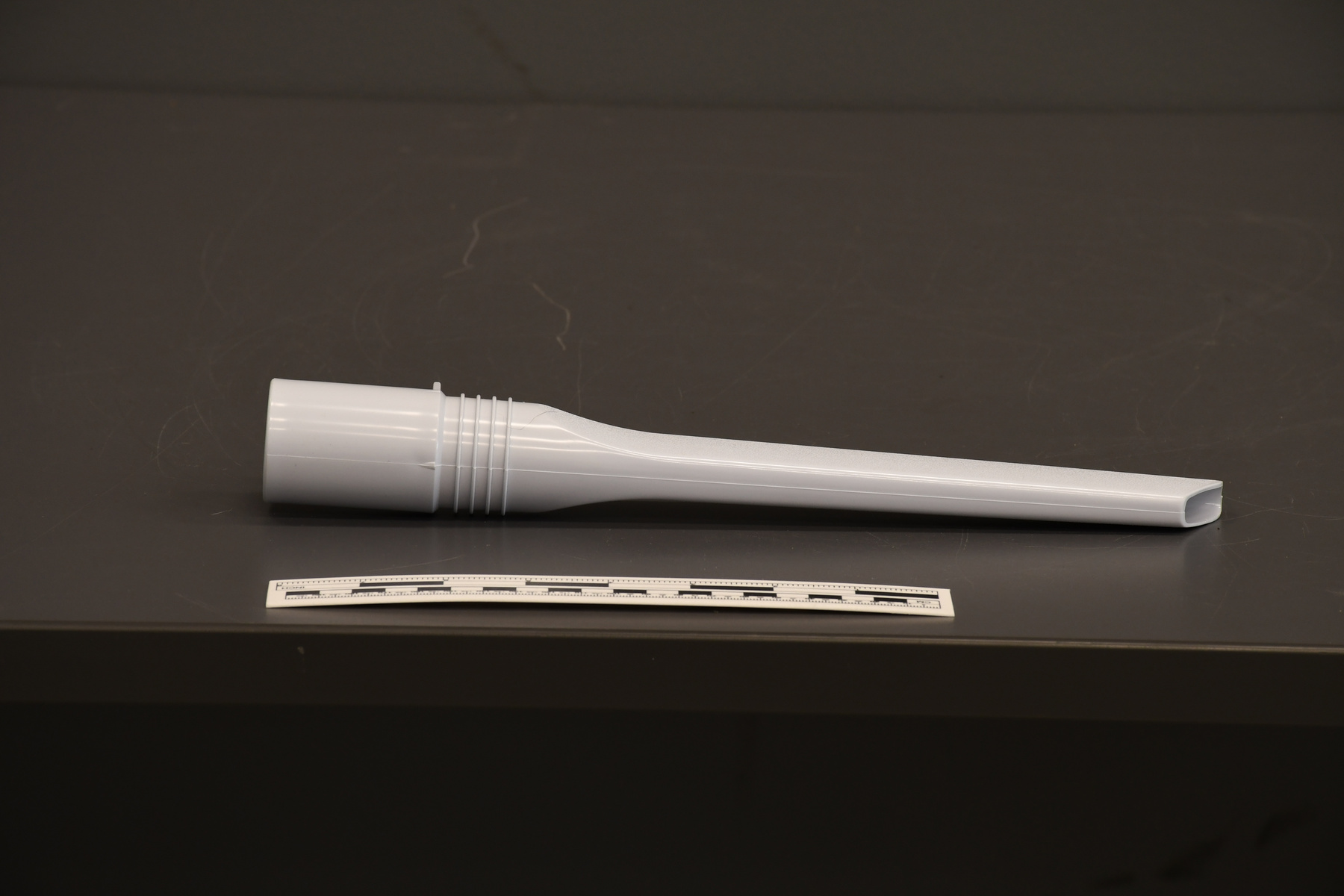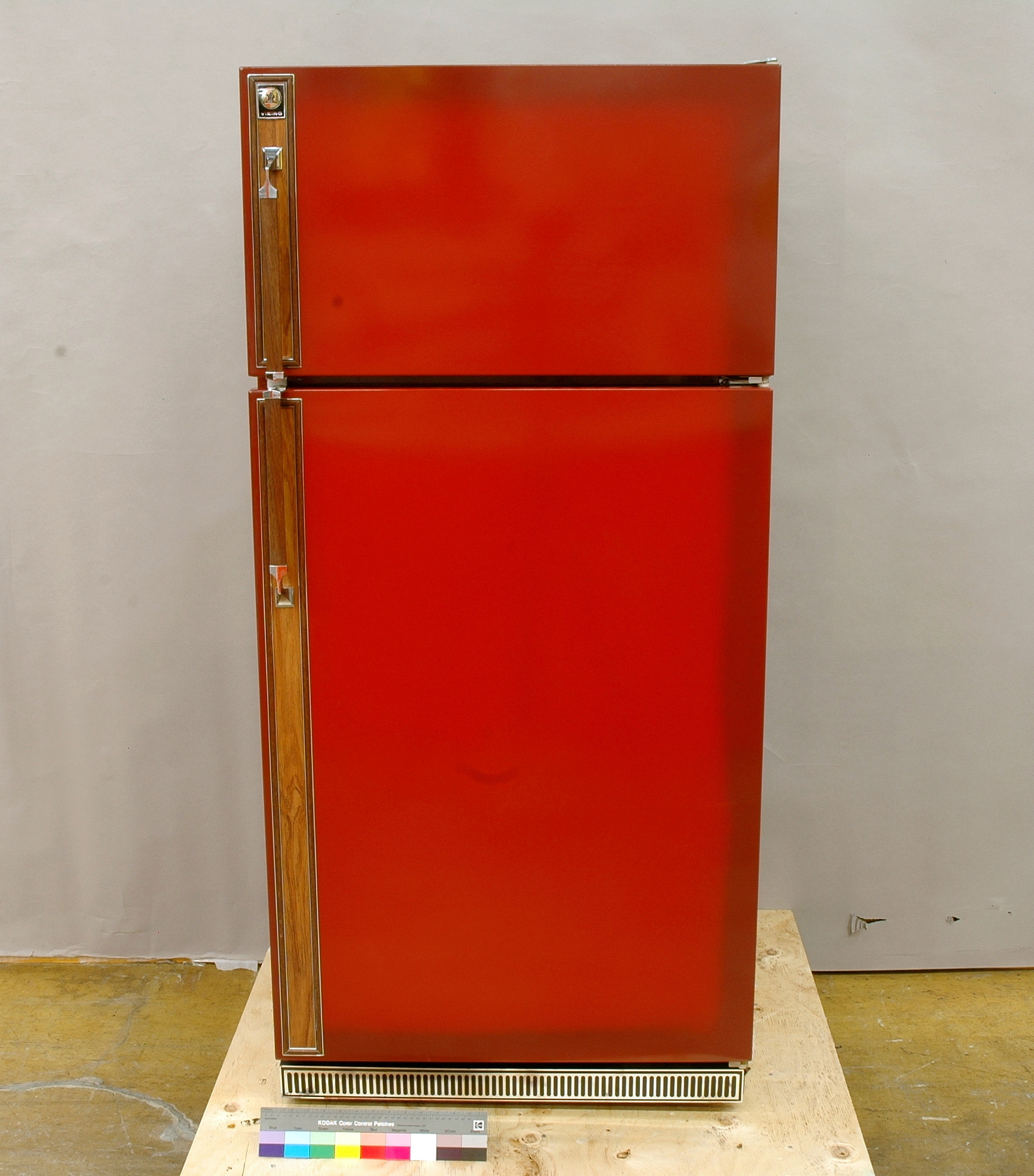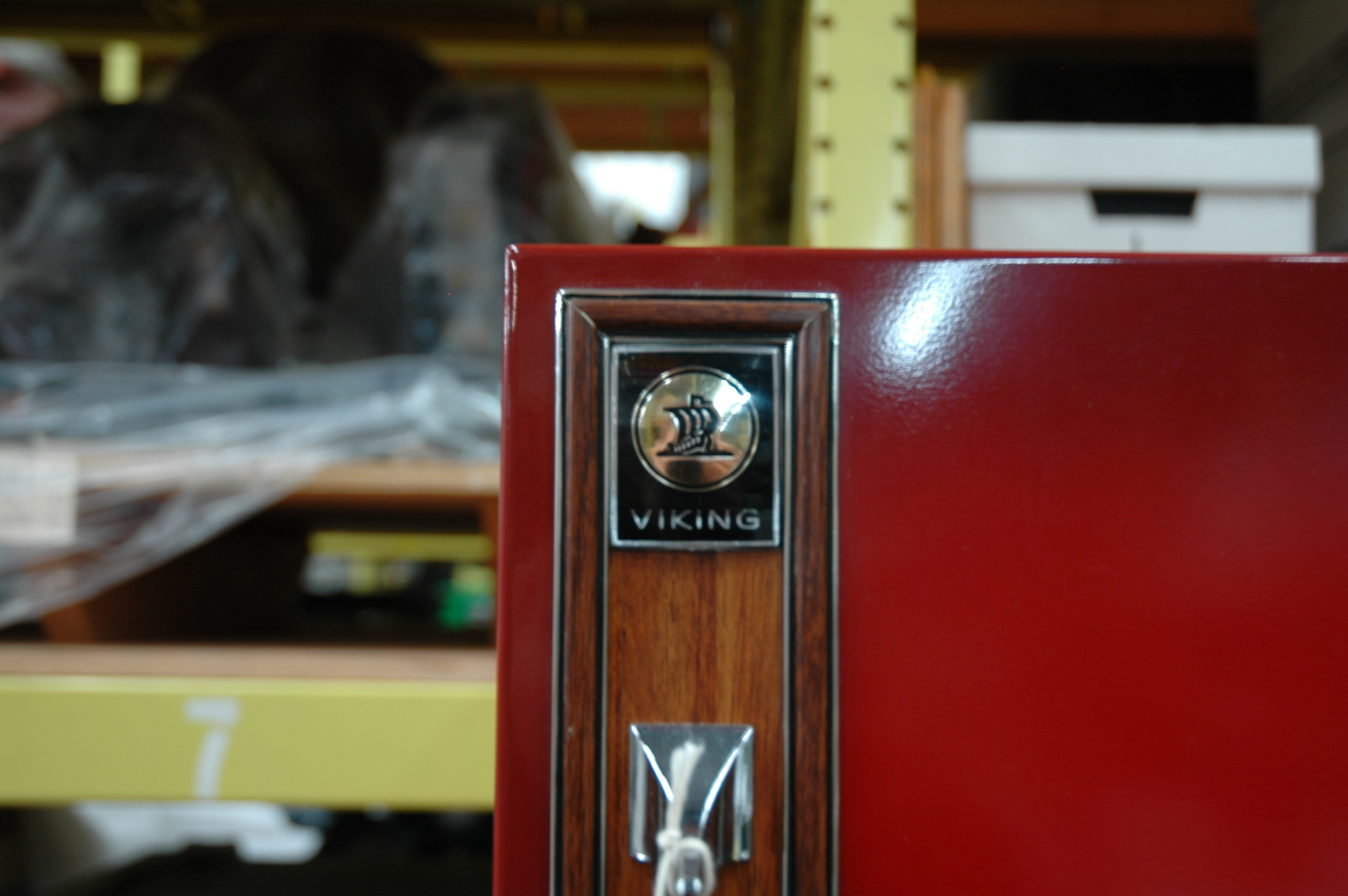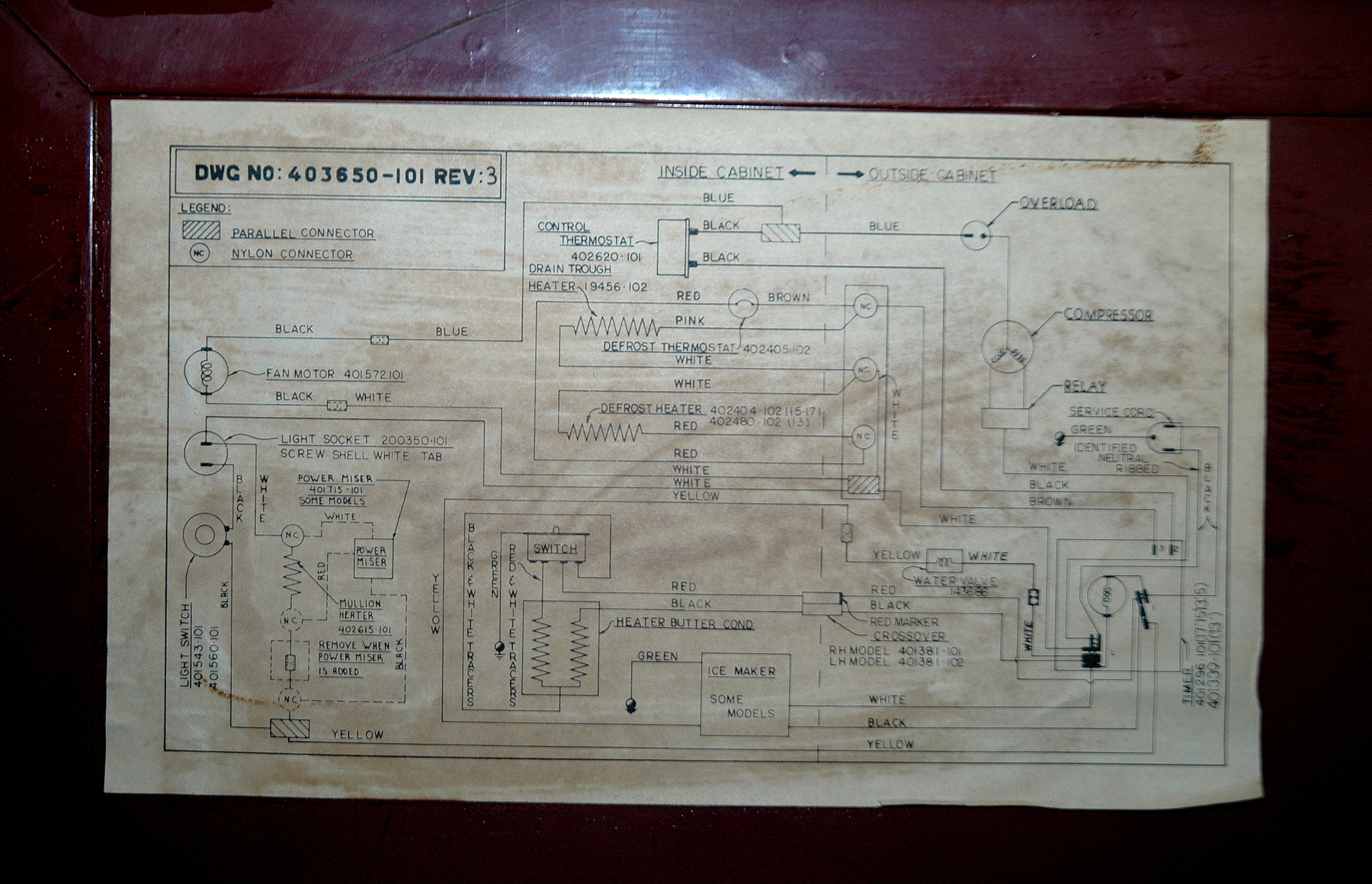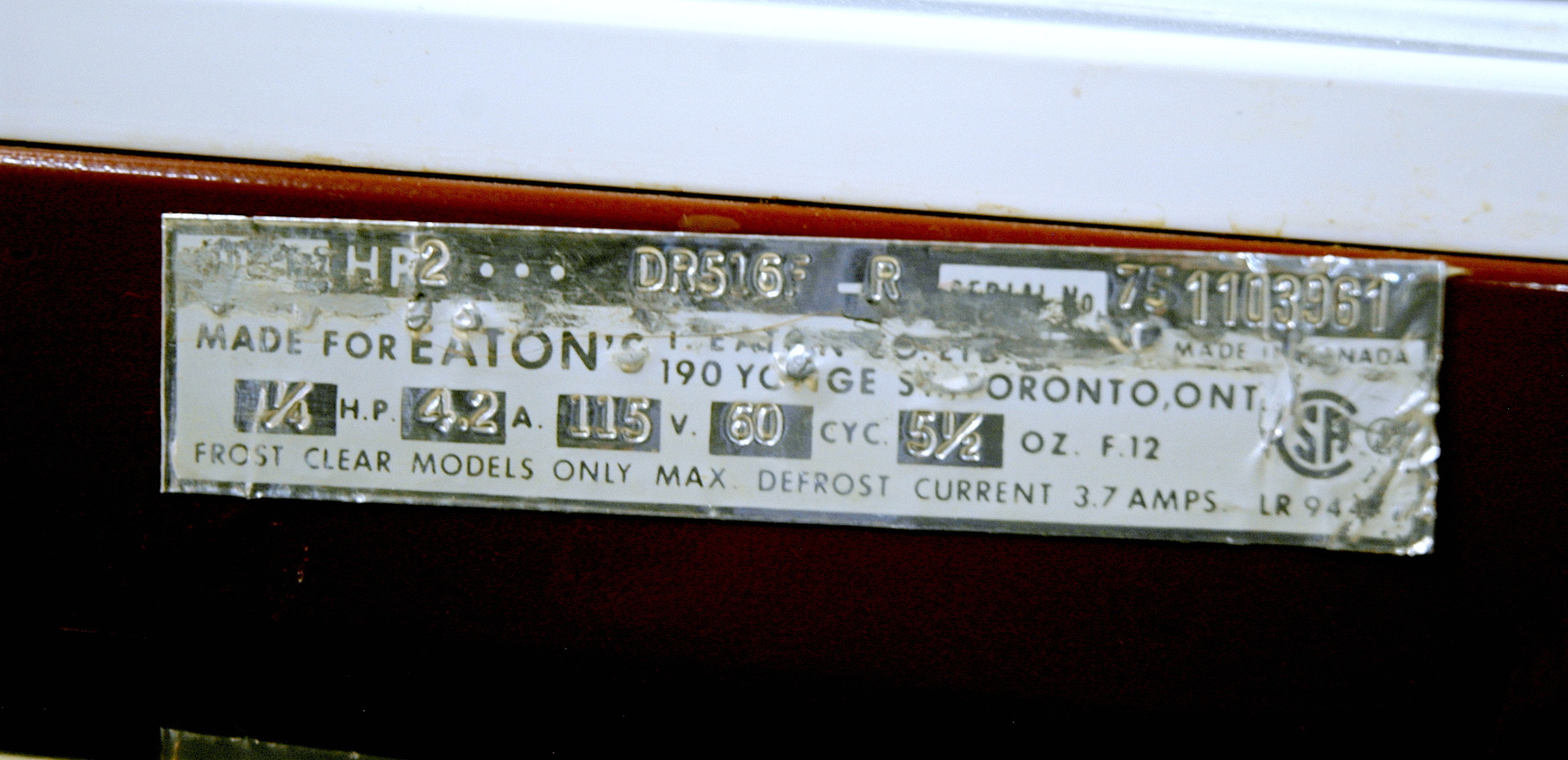Refrigerator
Use this image
Can I reuse this image without permission? Yes
Object images on the Ingenium Collection’s portal have the following Creative Commons license:
Copyright Ingenium / CC BY-NC-ND (Attribution-NonCommercial 4.0 International (CC BY-NC 4.0)
ATTRIBUTE THIS IMAGE
Ingenium,
2016.0003.001
Permalink:
Ingenium is releasing this image under the Creative Commons licensing framework, and encourages downloading and reuse for non-commercial purposes. Please acknowledge Ingenium and cite the artifact number.
DOWNLOAD IMAGEPURCHASE THIS IMAGE
This image is free for non-commercial use.
For commercial use, please consult our Reproduction Fees and contact us to purchase the image.
- OBJECT TYPE
- Electric/automatic defrost/top mount
- DATE
- 1975
- ARTIFACT NUMBER
- 2016.0003.001
- MANUFACTURER
- Unknown
- MODEL
- Viking DR216F
- LOCATION
- Canada
More Information
General Information
- Serial #
- 75 1103961
- Part Number
- 1
- Total Parts
- 14
- AKA
- N/A
- Patents
- N/A
- General Description
- Steel (possible) exterior, handles and wire shelves; synthetic interior lining, accents and power cord covering; glass shelves; cardboard (possible) insulation cover; fibreglass (possible) insullation; paper labels
Dimensions
Note: These reflect the general size for storage and are not necessarily representative of the object's true dimensions.
- Length
- 77.0 cm
- Width
- 76.5 cm
- Height
- 164.7 cm
- Thickness
- N/A
- Weight
- N/A
- Diameter
- N/A
- Volume
- N/A
Lexicon
- Group
- Domestic Technology
- Category
- Food processing
- Sub-Category
- N/A
Manufacturer
- AKA
- Unknown
- Country
- Canada
- State/Province
- Unknown
- City
- Unknown
Context
- Country
- Canada
- State/Province
- Manitoba
- Period
- Unknown
- Canada
-
Histoire économique : L’ascension à partir des années 1960, du choix des produits de marque maison telles Kenmore et Viking auprès des consommateurs canadiens avec une préférence marquée de la marque Viking auprès des consommateurs des Prairies notamment vers la fin des années 1960, début 1970 . Dans un même temps, on observe l’ascension du rôle des grands magasins à rayons pour la vente d’électroménagers au détriment des magasins spécialisés. Ces appareils ont été achetés au magasin Eaton de Winnipeg. Ils sont présents dans le catalogue de 1975 d’Eaton. Fait intéressant, dans le catalogue de version française, il est noté que les électroménagers sont manufacturés au Québec. Construit en 1905 et fermé en 1999 et démoli en 2003, ce magasin a fait partie de la vie de plusieurs Manitobains au cours de son existence comme consommateurs mais aussi comme travailleurs. Il s’agissait du deuxième magasin Eaton avec le magasin initial à Toronto. Réparti sur 9 étages, il était le deuxième plus grand magasin au Canada et le 10e plus grand magasin à rayons au monde à une époque. Les électroménagers se trouvaient au 6e étage. Le début des années 1970 s’inscrit dans une période de prospérité économique au Canada. Les ventes d’électroménagers étaient en forte hausse. Histoire industrielle : Les appareils Viking étaient fabriqués par la White Consolidated Industries Canada ou WCI Manufacturing Limited, une filiale de WCI, dont l’usine était située à l’Assomption au Québec. Eaton avait en effet cessé de produire ces propres appareils au cours des années 1960. White Consolidated Industries était une compagnie américaine issue de la compagnie de machines à coudre White. Après la Seconde Guerre mondiale, avec la montée de la consommation de produits et spécifiquement les appareils ménagers, la compagnie avait décidé d’élargir l’éventail de sa production et commença l’acquisition de plusieurs compagnies. En 1964, elle devint White Consolidated Industries, ou WCI, et comprenait la division Kelvinator Appliance Division, d’American Motors, Gibson, la division d’électroménagers de Westinghouse et la Franklin Appliance Division de Studebaker. WCI acheta Frigidaire en 1979. L’histoire d’une fonderie à l’Assomption remonte loin dans le temps. En 1944, Édouard Roy acheta La Cie Bédard Ltée, une ancienne fonderie et déménage ses locaux, et forme Les Industries E. Roy Ltée. En 1961, Hupp Canada, une usine de fabrication d’électroménagers remplace les industries de Roy. Il semble que Hupp Canada devint une filiale de White Consolidated Industries en 1967 dont une large part de sa production était dédiée aux marques maisons pour les détaillants. Hupp Canada cessa ses opérations sous ce nom en 1980. Electrolux acheta White Consolidated Industries en 1986 et occupa aussi les locaux par la suite et ferma ses portes en 2013 . Histoire de tendances sociales et couleurs : La couleur rouge automne figurait dans la gamme de couleurs qui s’inspiraient de la nature à la fin des années 1960 et au cours des années 1970 avec le mouvement de retour à la terre et écologique- or moisson, vert avocat et brun cuivre. Ces appareils s’agençaient à un décor à l’ancienne en bois agrémenté d’œuvres artisanales en macramé, tissées ou crochetées. La couleur rouge automne n’était que disponible qu’au sein de la gamme de produits de luxe Viking. Les électroménagers de couleur coûtaient $10 de plus que ceux de couleur blanche. Ces couleurs seront disponibles pour environ 10 ans pour ensuite laisser leur place à la couleur amande introduite en 1976 et qui deviendra populaire tout au cours des années 1980. Sears, sous sa marque maison Kenmore, ne semble pas avoir offert d’électroménagers de couleur rouge automne se contentant d’offrir les couleurs plus standards-vert avocat, or moisson et brun cuivre. La compagnie Moffat également. Les appareils anciens de couleur sont maintenant recherchés pour les cuisines rétro. L’utilisation de la couleur pour les biens durables remonte aux années 1920 avec Harley Earl et H. Ledyard chez GM. La couleur sera ensuite utilisée pour les biens domestiques dont les électroménagers, les cuisinières en particulier, au cours des années 1930. Les électroménagers s’agençaient à la décoration de la maison. Par la suite, le blanc dominera jusqu’aux années 1950 alors que GE introduisit les électros de couleur pastel en 1955. C’est l’obsolescence de style surtout et d’ingénierie à un moindre degré. (From acquisition proposal, Ref. 1) - Function
-
Pour conserver les aliments au froid et éviter la prolifération de bactéries. (From acquisition proposal, Ref. 1) - Technical
-
A cette époque, la plupart des foyers au Canada étaient équipés d’un réfrigérateur électrique. (From acquisition proposal, Ref. 1) - Area Notes
-
Unknown
Details
- Markings
- On proper front, above handle for freezer door: "[LOGO]/ VIKING"/ On mfr. sticker at base of refrigerator on proper left when fridge door is open (badly scratched): "[illegible] HP 2 ... DR516F - R [SERIAL] No 75 1103961/ MADE FOR EATON'S [illegible]/ 190 YONGE S[T]., [T]ORONTO, ONT./ 1/4 H.P. 4.2 A 115 V 60 CYC. 5 1/2 OZ. F.12/ CSA [LOGO]/ FROST CLEAR MODELS ONLY MAX DEFROST CURRENT 3.7 AMPS. LR 94[4]"/ On proper back are numbers written in black marker: "75 1103[961]/ 140276/ E63121"/ On proper right of the proper back at the top is a large piece of paper adhered to the back panel with the heading "EATON/ VIKING [LOGO]/ MAJOR APPLIANCE WARRANTY/ GARANTIE SUR GROS APPAREILS MÉNAGERS"/ The portion of this warranty that applies to the refrigerator says: "REFRIGERATOR/ 1. If any part of your new Viking refrigerator proves/ defective during the first year you own it, we will/ repair it withoug charge to you./ 2. In addition to the first year warranty, we will repair/ at no charge to you, any defects in the compressor/ unit or sealed refrigeration system up to 5 years from/ the purchase date of the refrigerator. We pay/ transportation and labour charges./ 3. If the food in your freezer compartment is spoiled/ through any manufacturing defect during the first/ year, we will pay the spoilage costs up to $50.00."/ To the left of the warranty information is an orange sticket titled "ATTENTION/ INSTALLATION/ CAUTION" with information in both English and French: In English: "It is important, for better performance, that the refrigerator rests/ solidly on the floor on all four corners. For more convenience,/ some models of refrigerators are mounted on rollers and can be/ easily moved when cleaning. (Front rollers only are adjustable."/ TO LEVEL: Refer to the instruction manual."/ To the right of this text is a diagram titled "Adjustin front rollers."/ On the proper left of the proper back is a piece of paper adhered to the back with a diagram that is labelled in the top proper right corner: "DWG NO: 403650-101 REV: 3"/ On inside of freezer compartment, at proper back: "Frost Free/ Charcoal Filter"/ Inside freezer, proper left wall, dial: on surface of dial: "COLDER"/ Around outside of the dial, number settings and words: "COLD/ COOLER/ COLDEST/ OFF"/ On inside of main refrigerator compartment, on door: "Butter Conditioner/ HARD MED SOFT/ Cheese"/ At back of refrigerator on inside, "REFRIGERATOR TEMP. CONTROL"/ an arrow pointing to numbers on a dial/ "Frost Free/ COOL-----1-2-3/ COOLER-----4-5-6/ COLDEST-----7-8-9/ MEAT KEEPER TEMP CONTROL/ COOL/ COLDEST"
- Missing
- There appears to be one missing shelf on the fridge door.
- Finish
- Exterior of the fridge is red with black and silver-coloured trim. On the proper front, the red colour is darker around the edges and lighter towards the centre. The handle and area where the handle is attached appears to be wood (may be synthetic). The interior is mainly white or off-white with silver coloured metal hardware and shelves and brown trim.
- Decoration
- N/A
CITE THIS OBJECT
If you choose to share our information about this collection object, please cite:
Unknown Manufacturer, Refrigerator, circa 1975, Artifact no. 2016.0003, Ingenium – Canada’s Museums of Science and Innovation, http://collections.ingeniumcanada.org/en/item/2016.0003.001/
FEEDBACK
Submit a question or comment about this artifact.
More Like This
